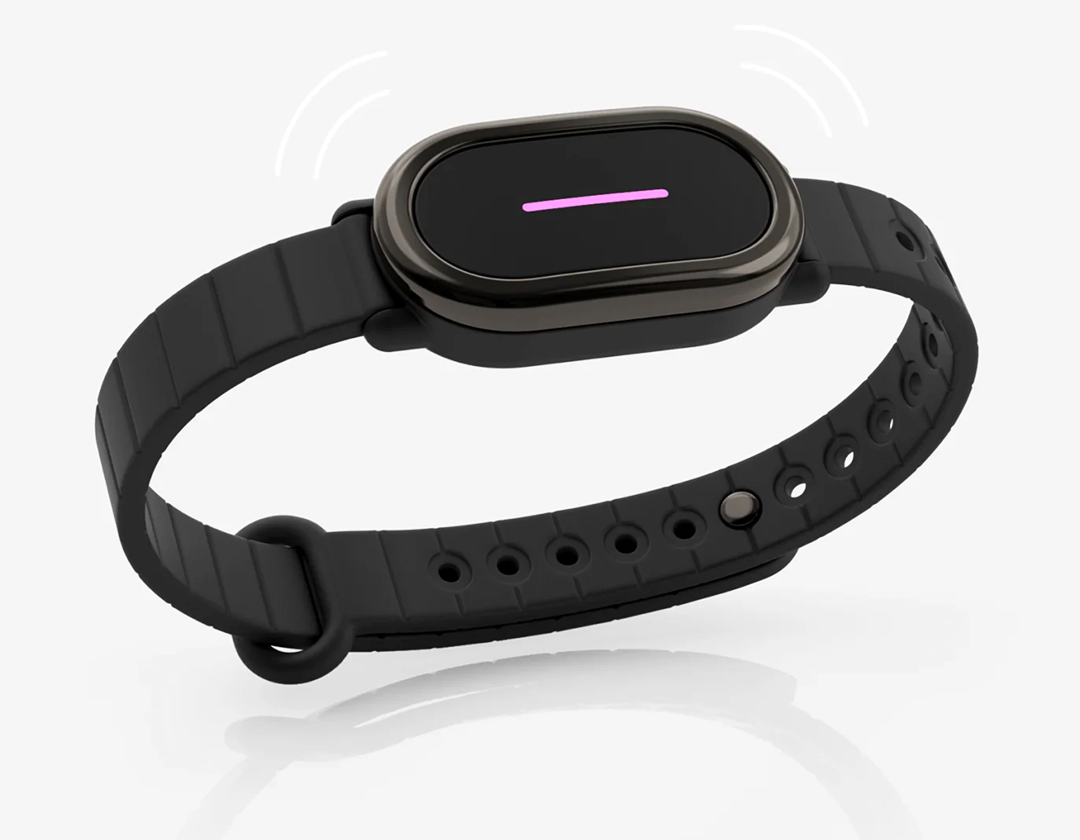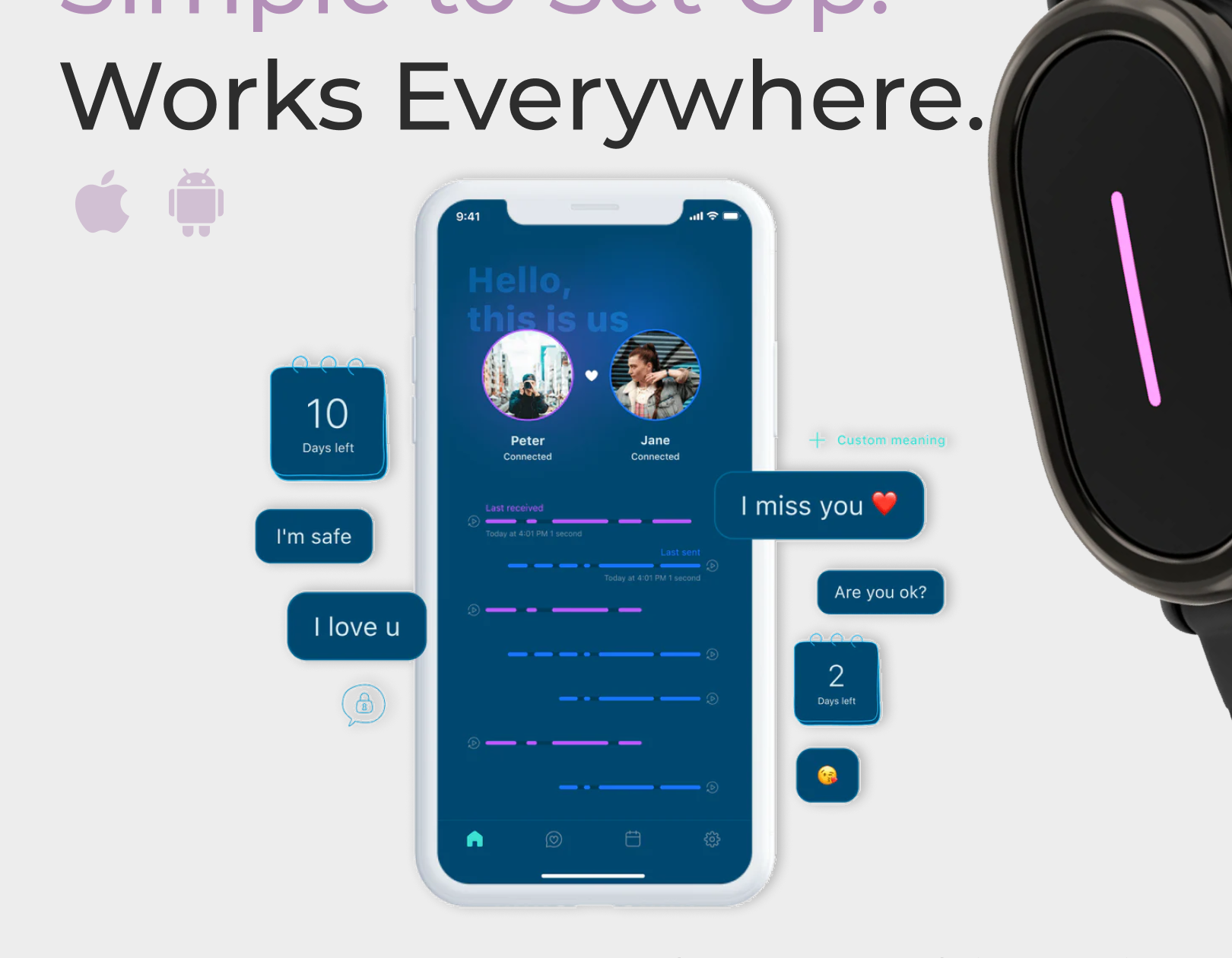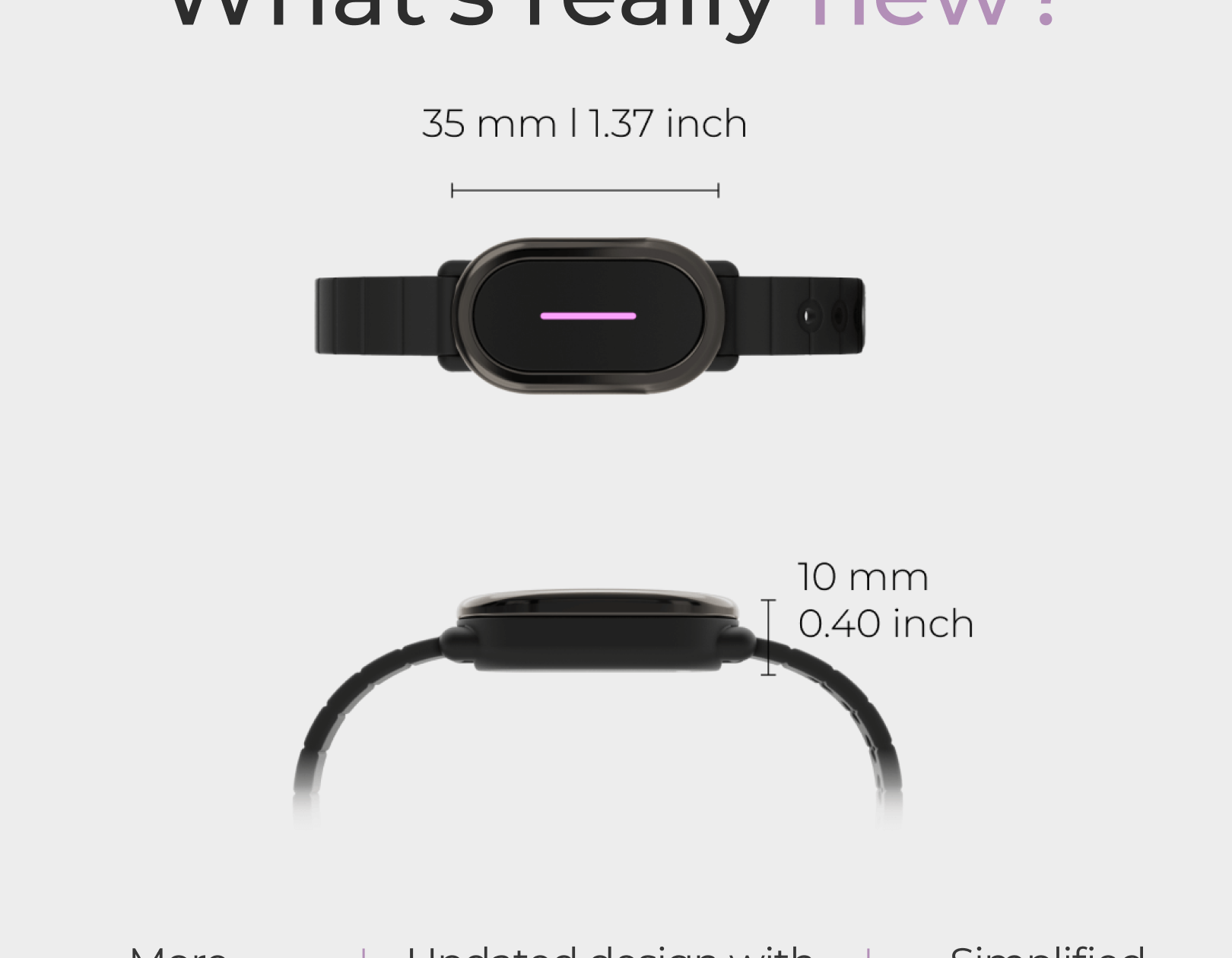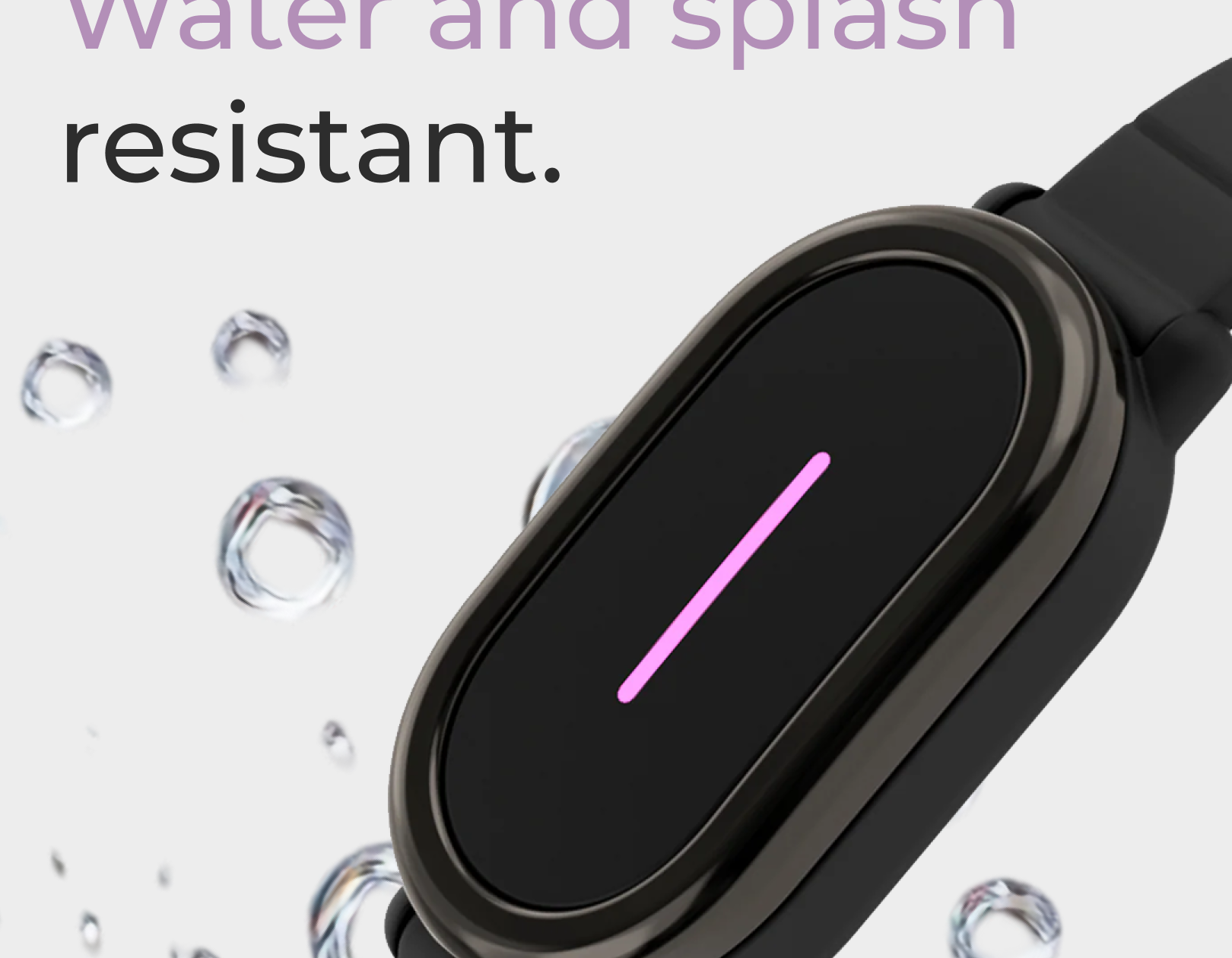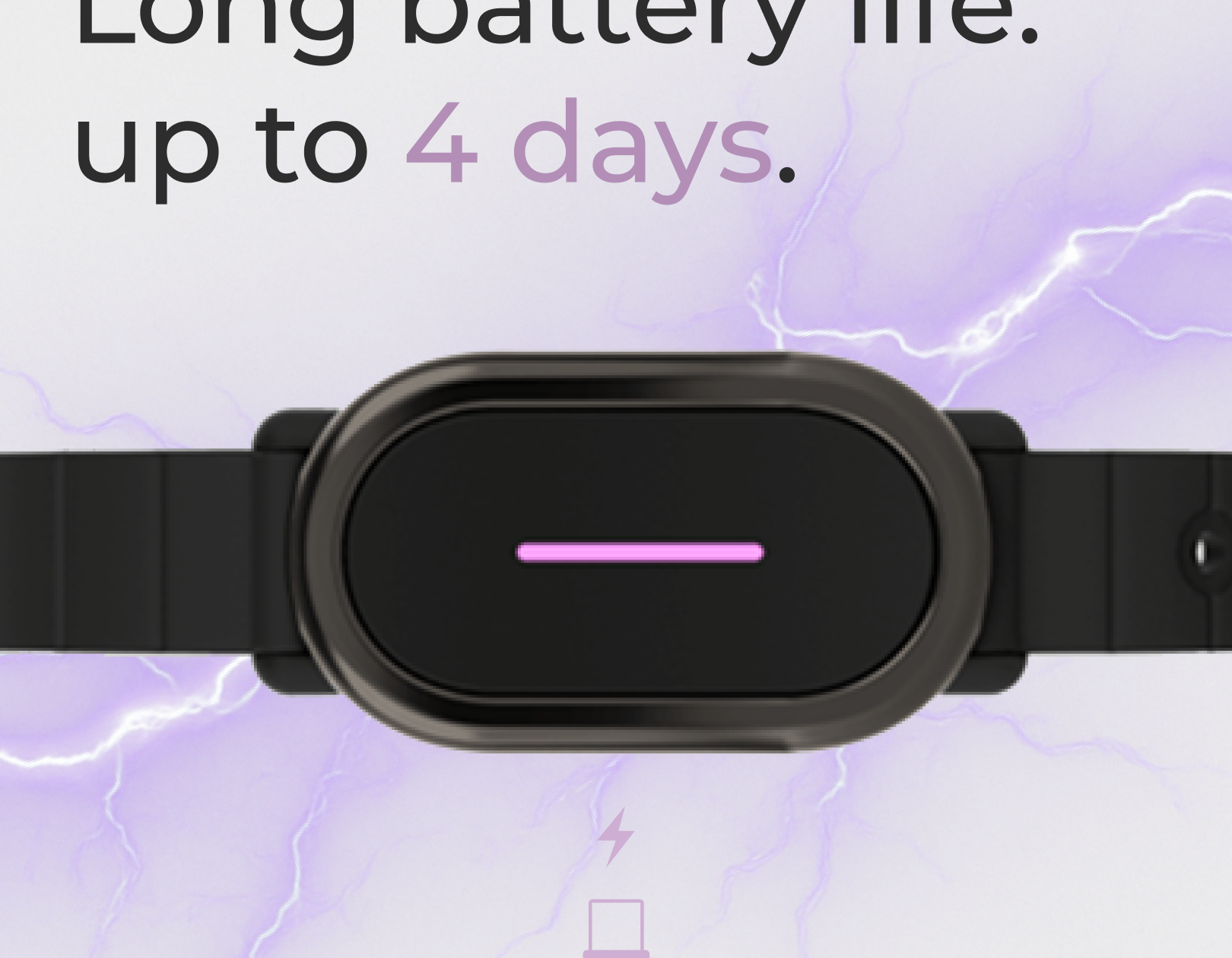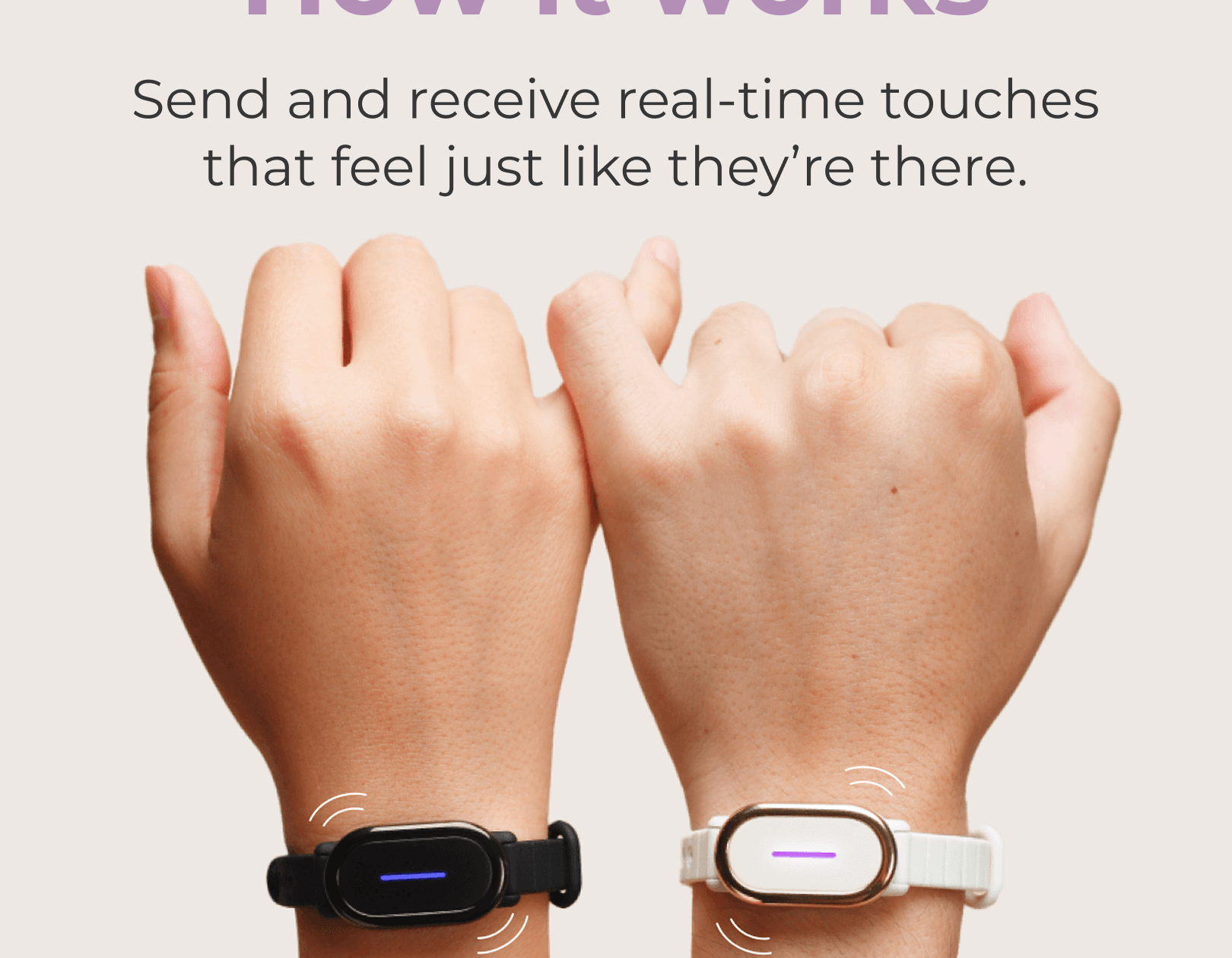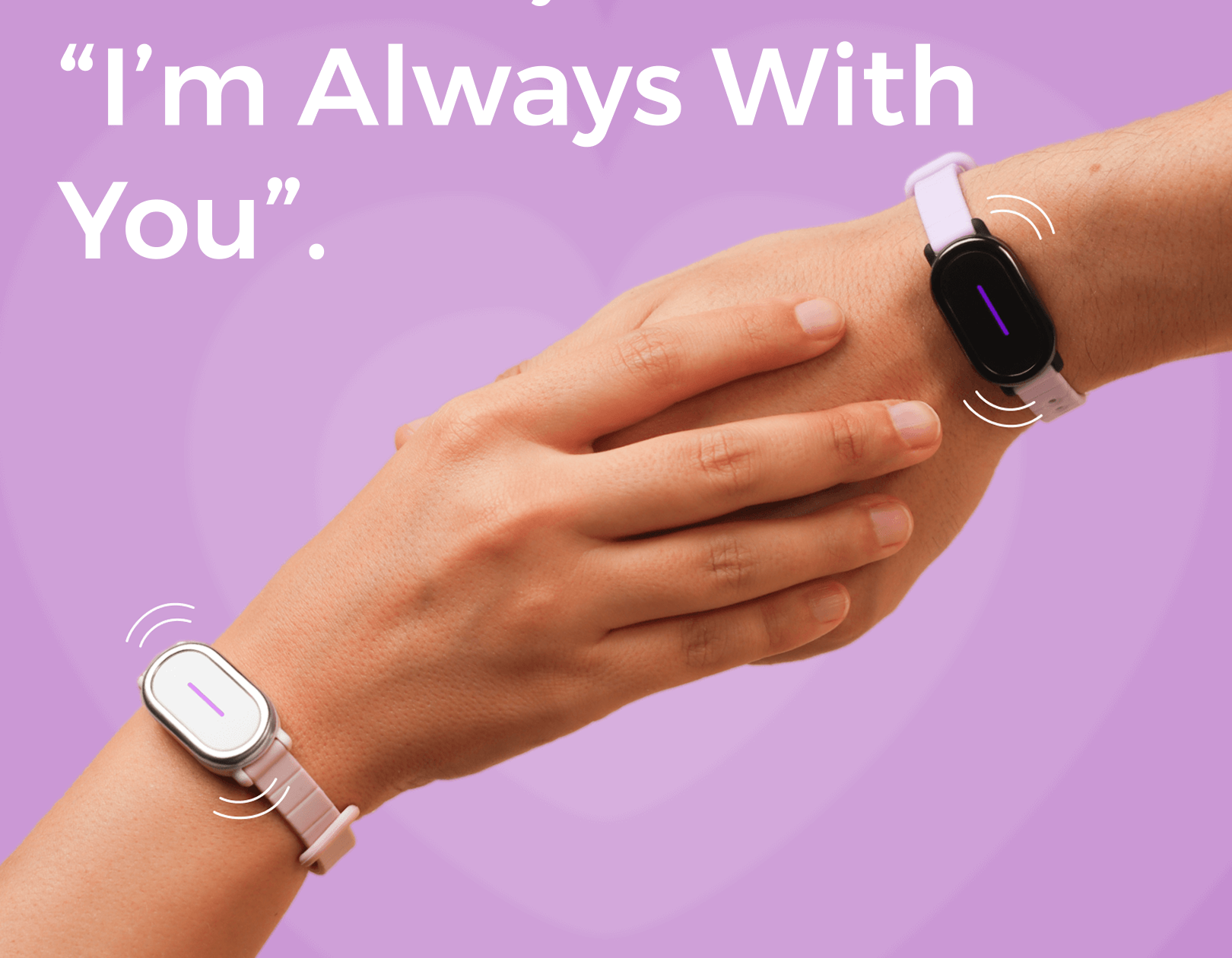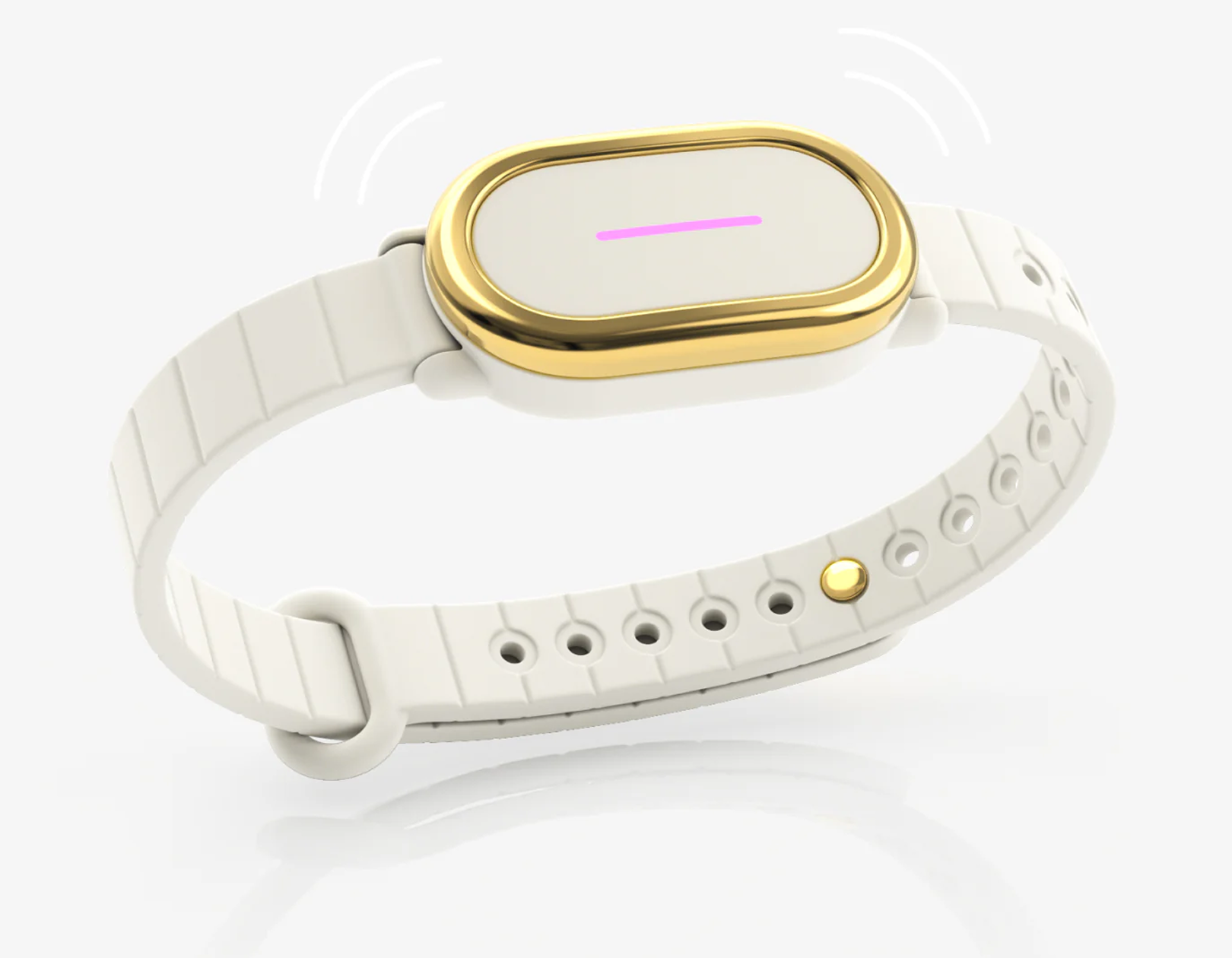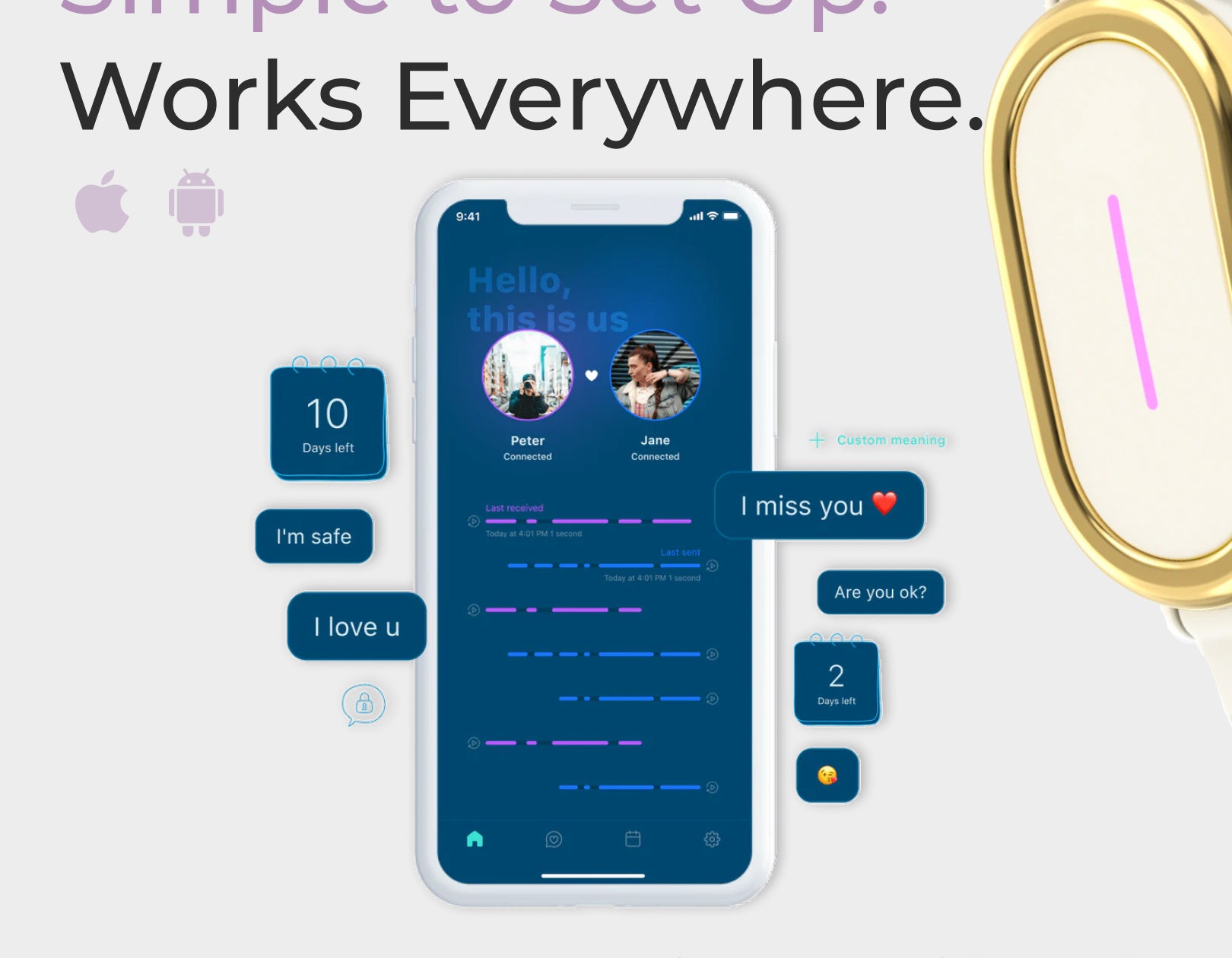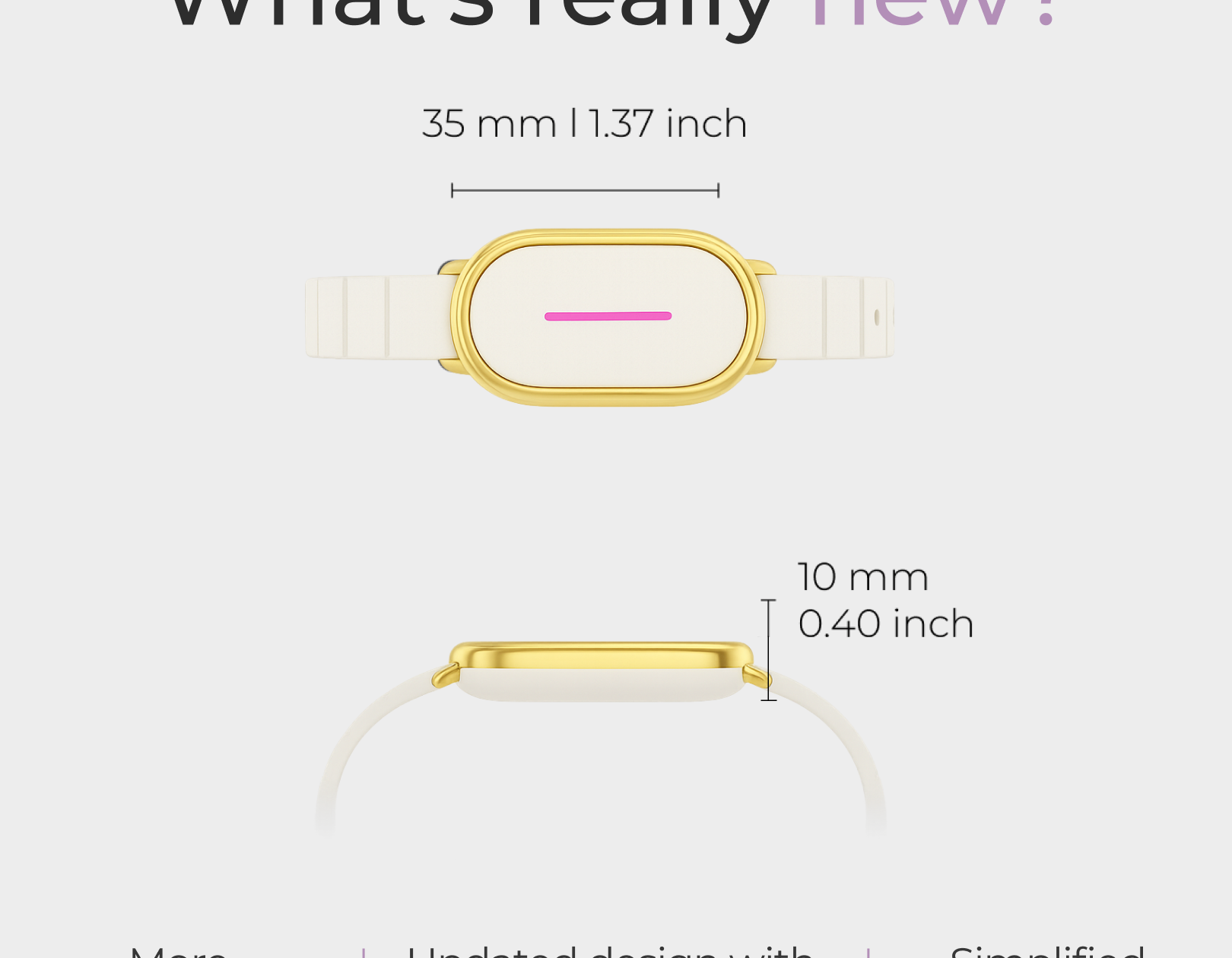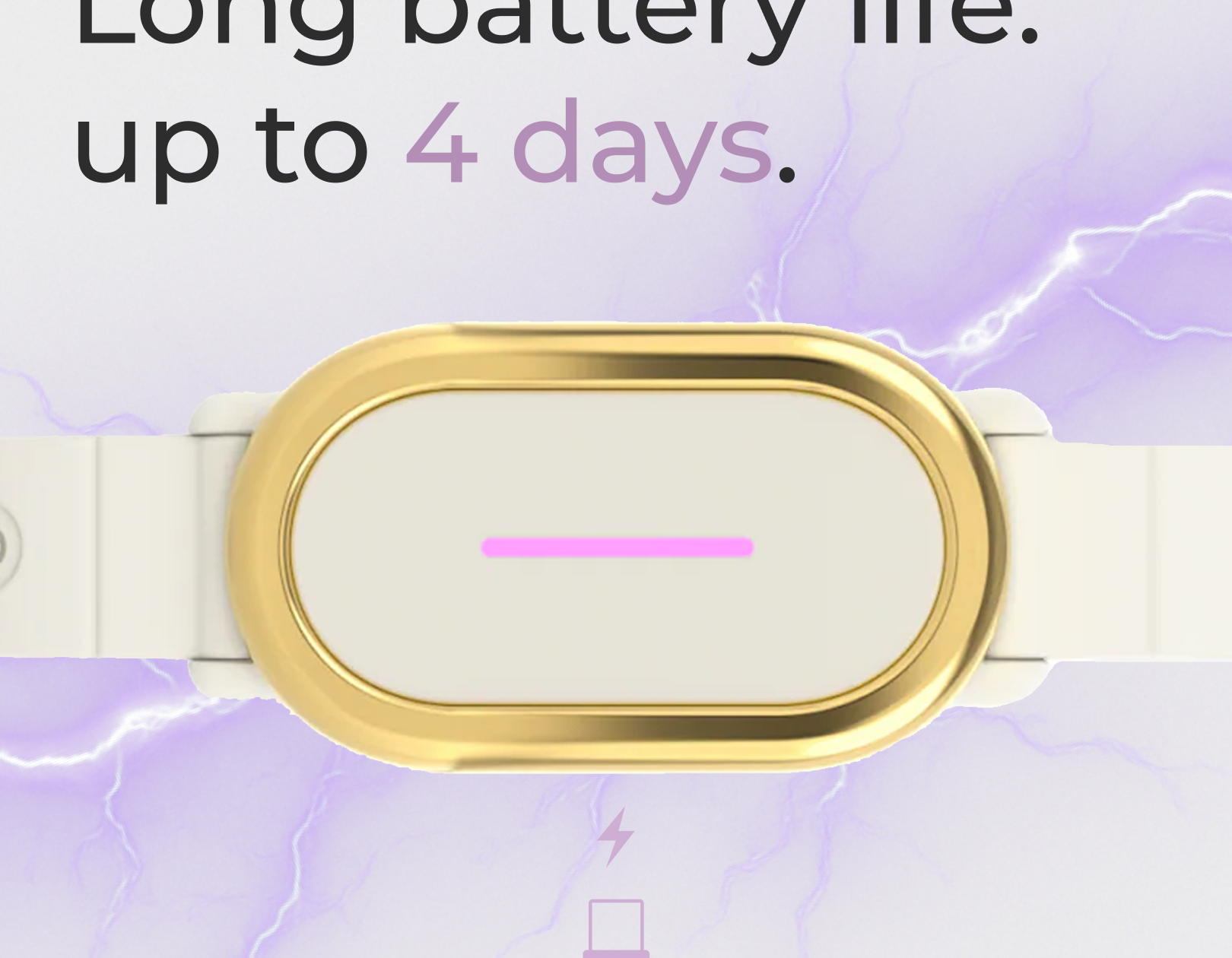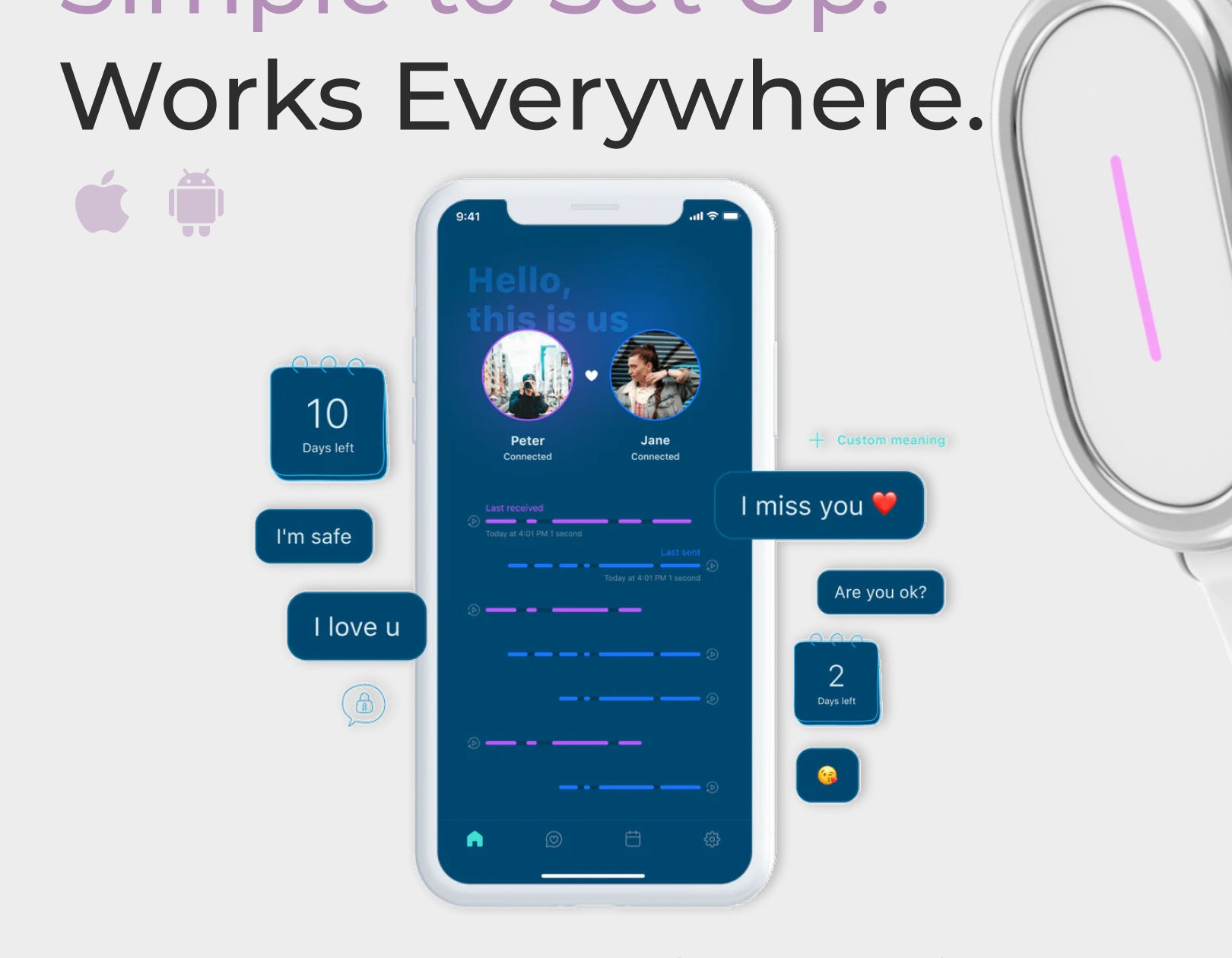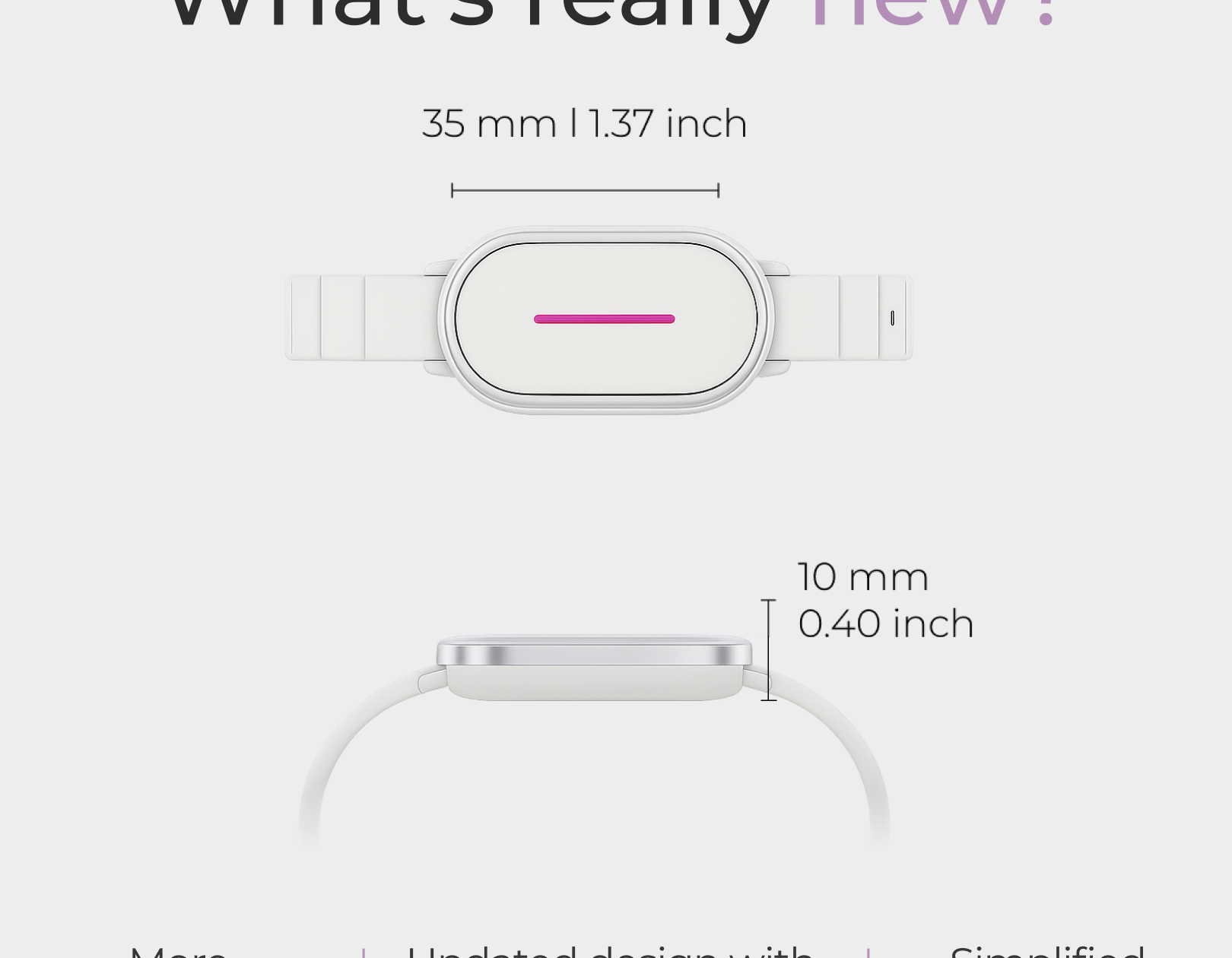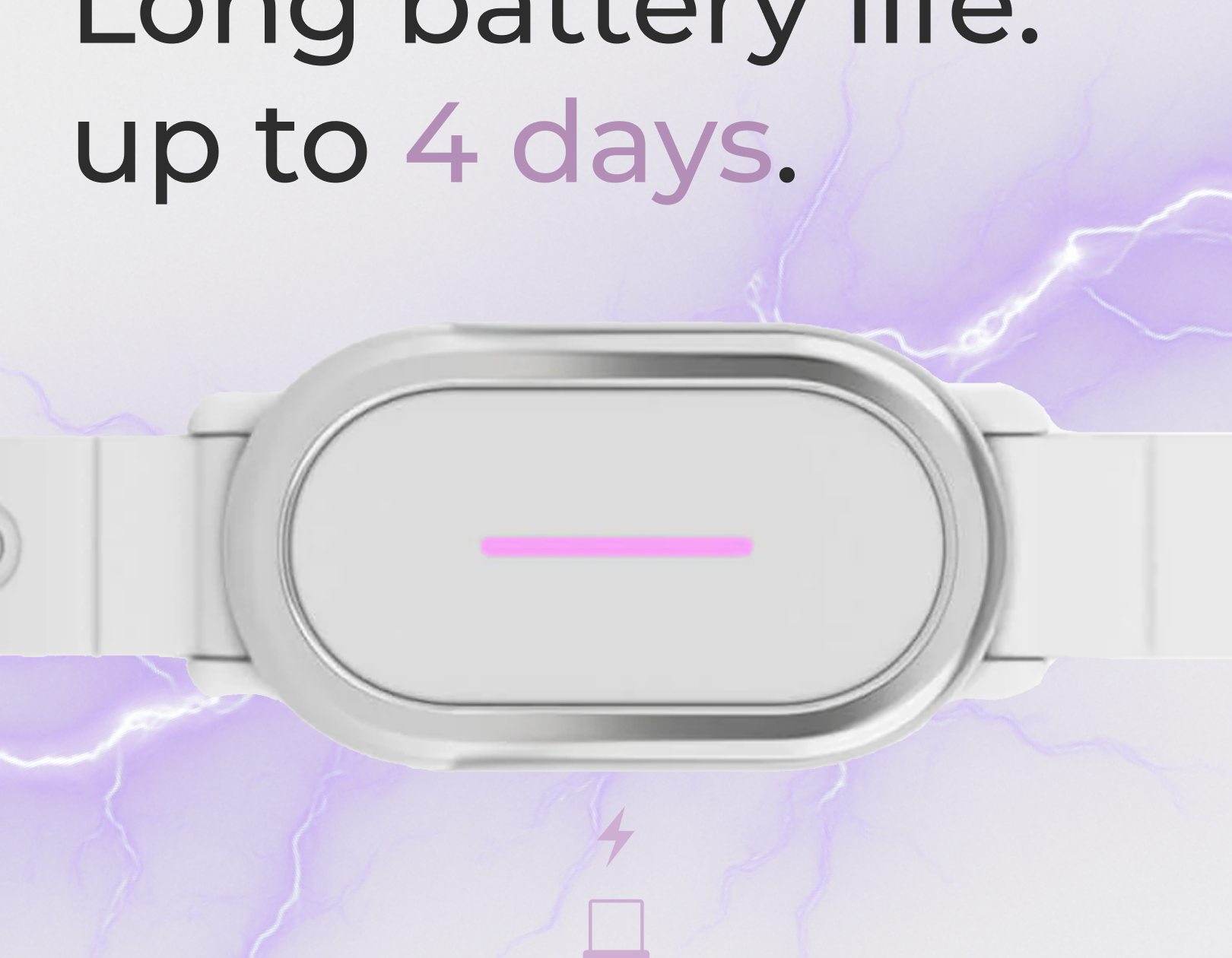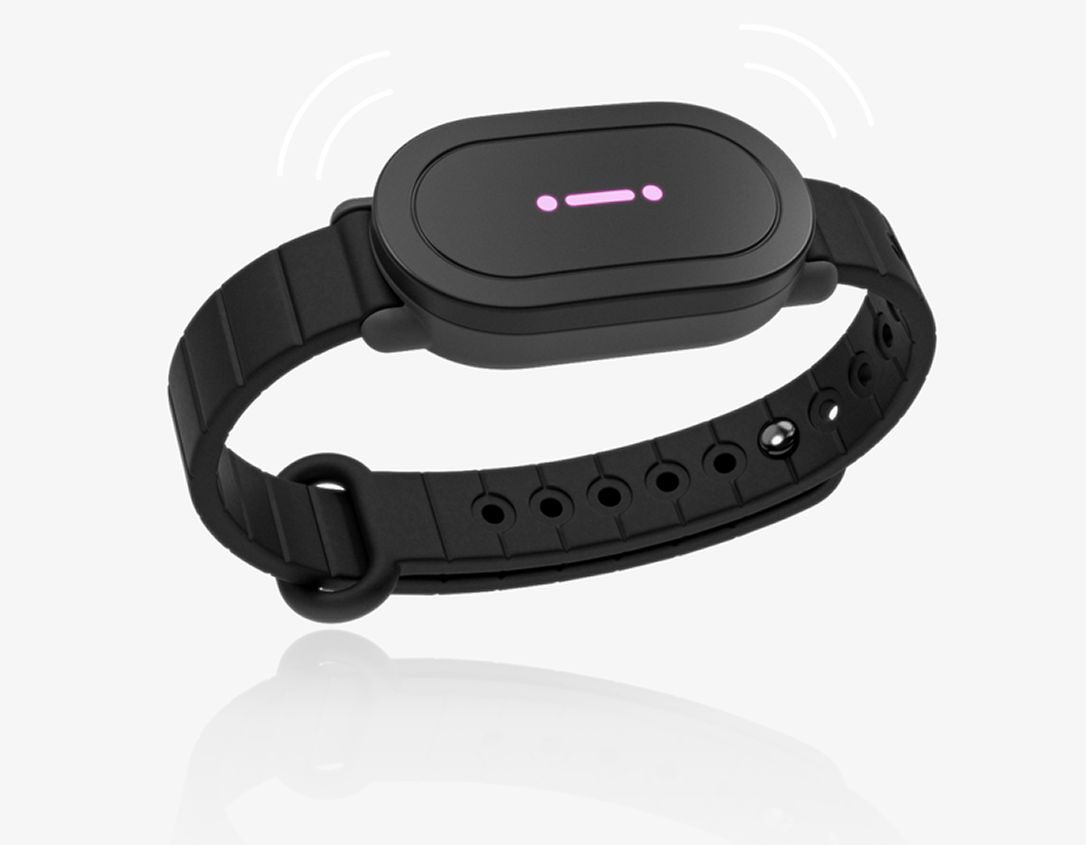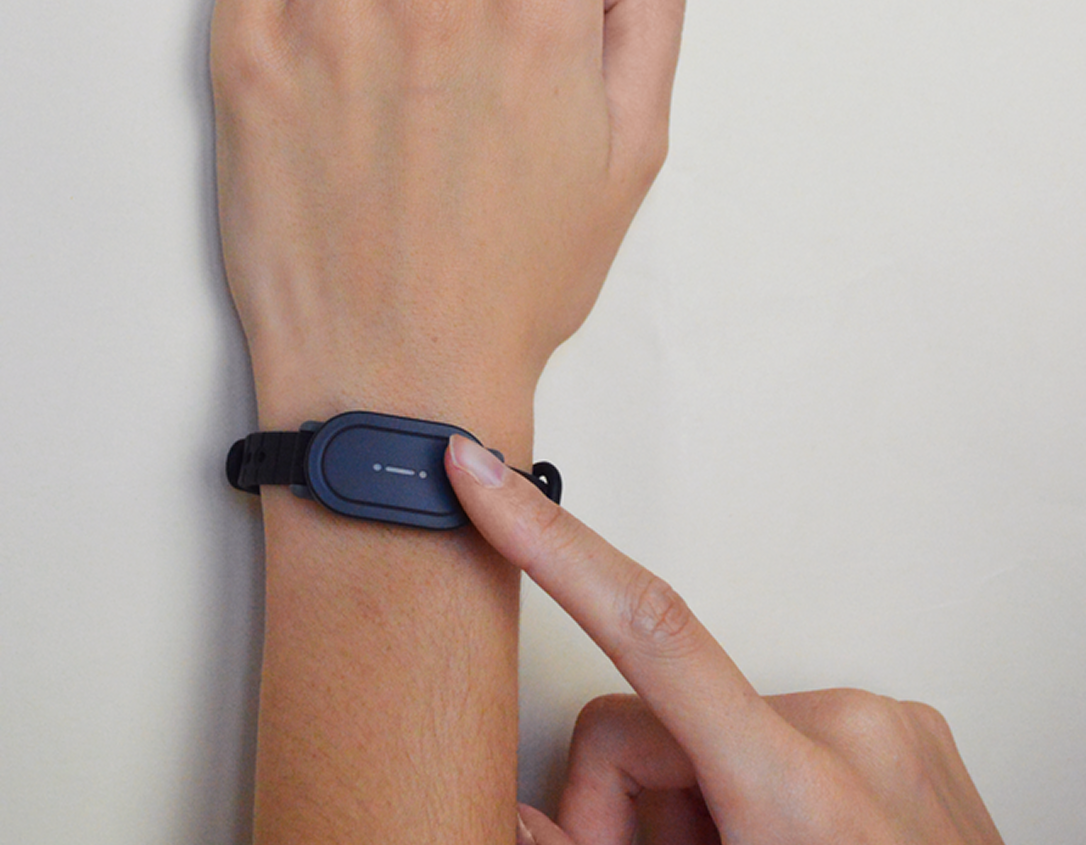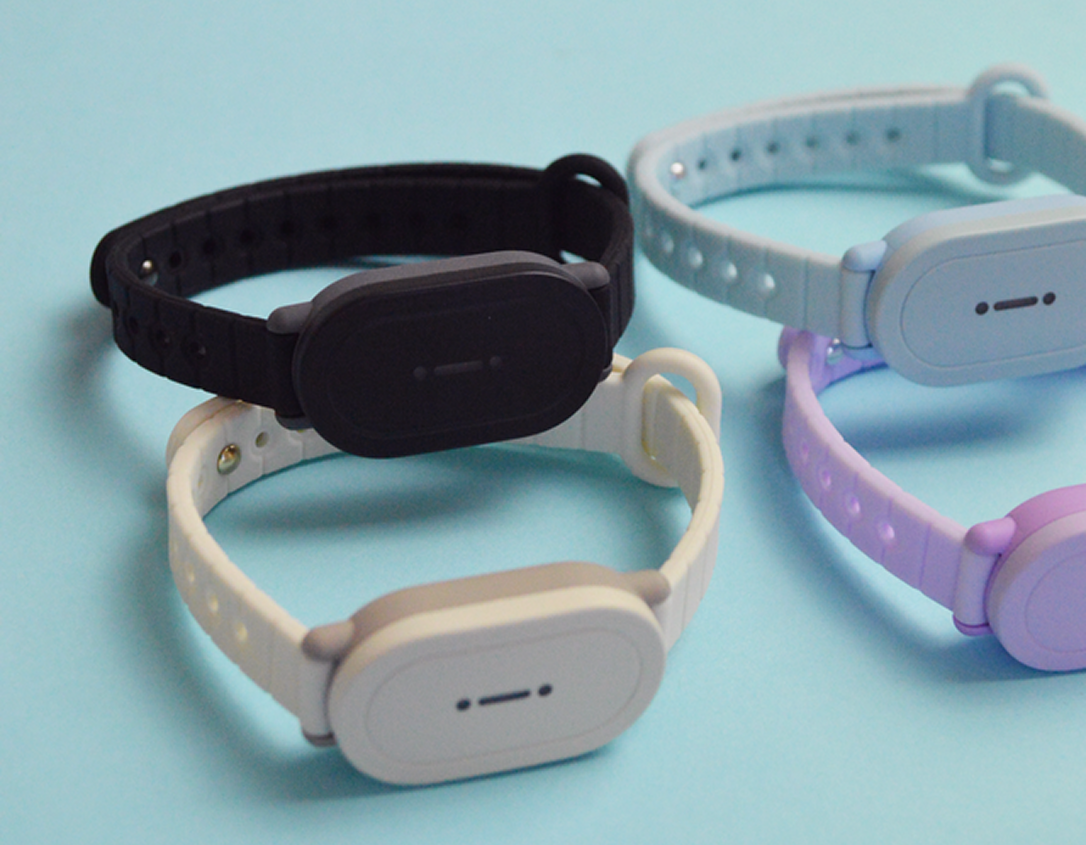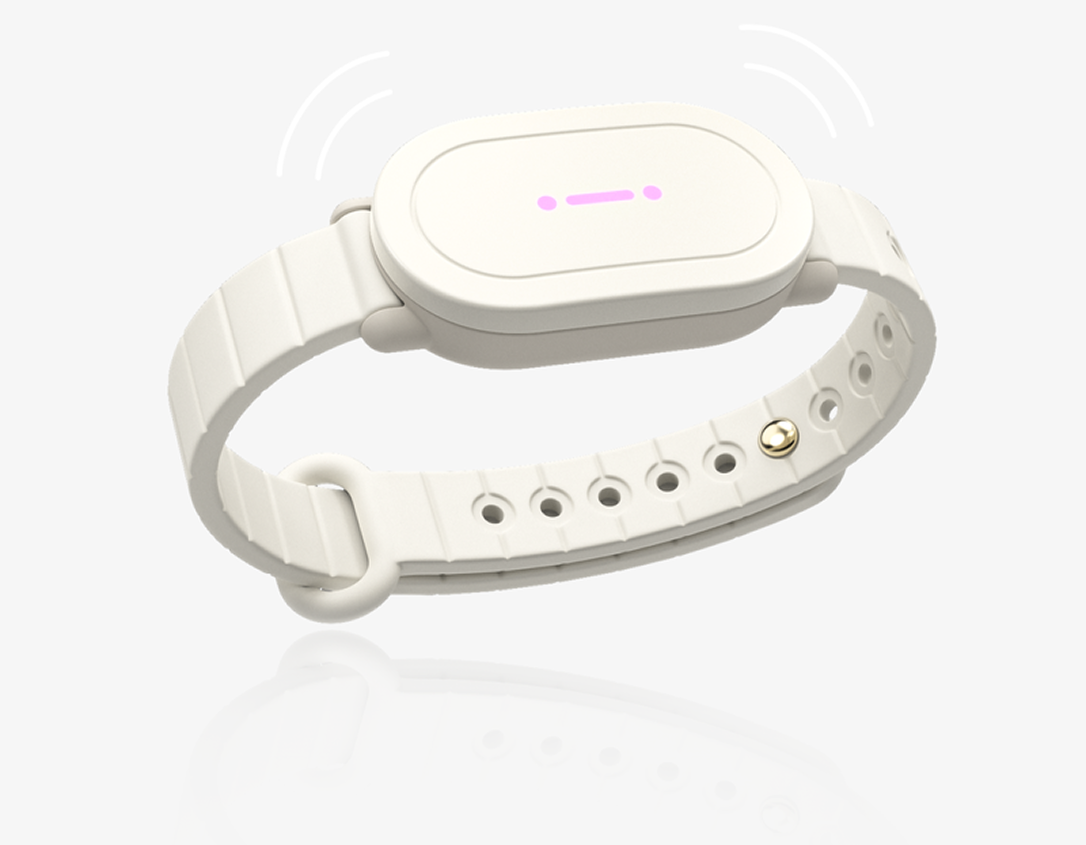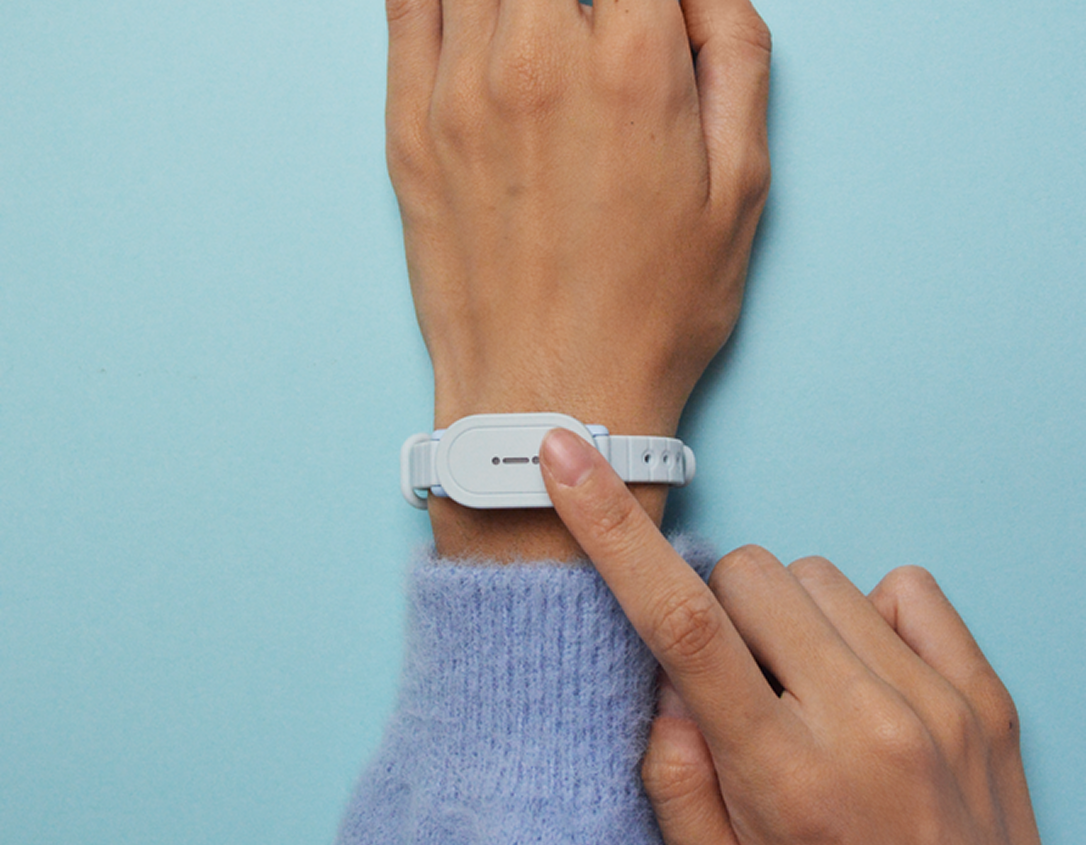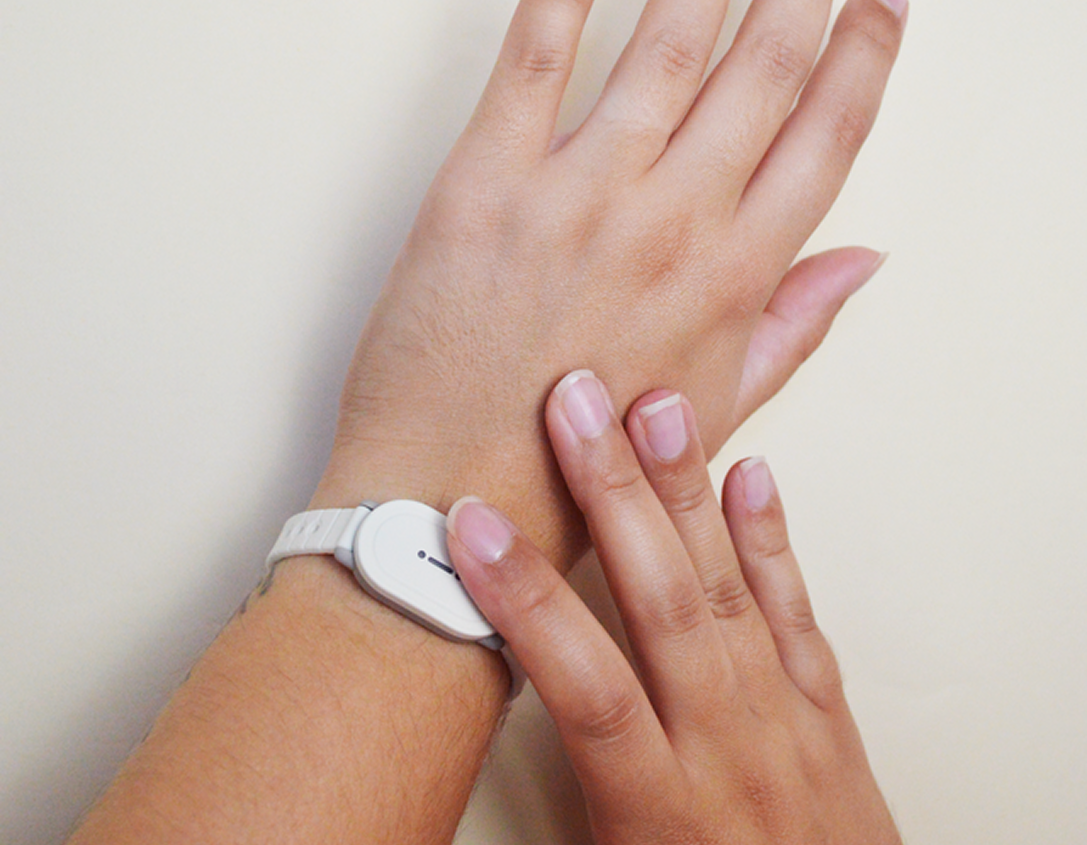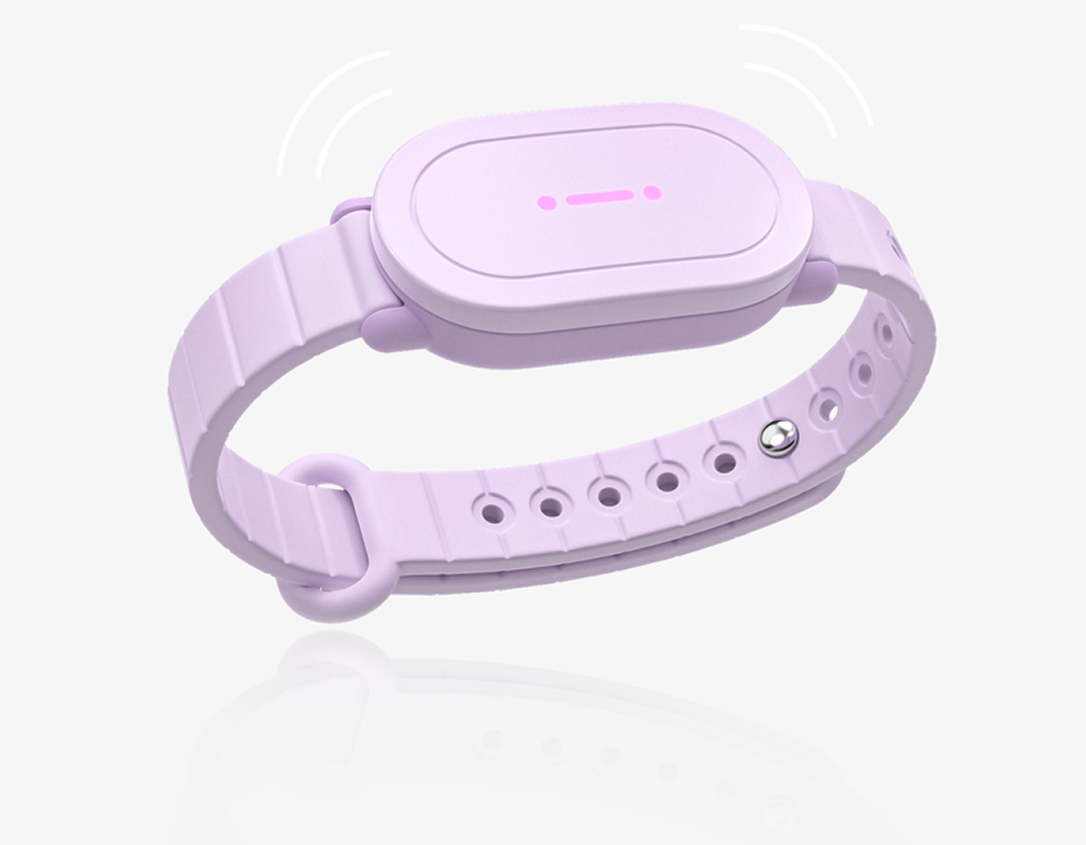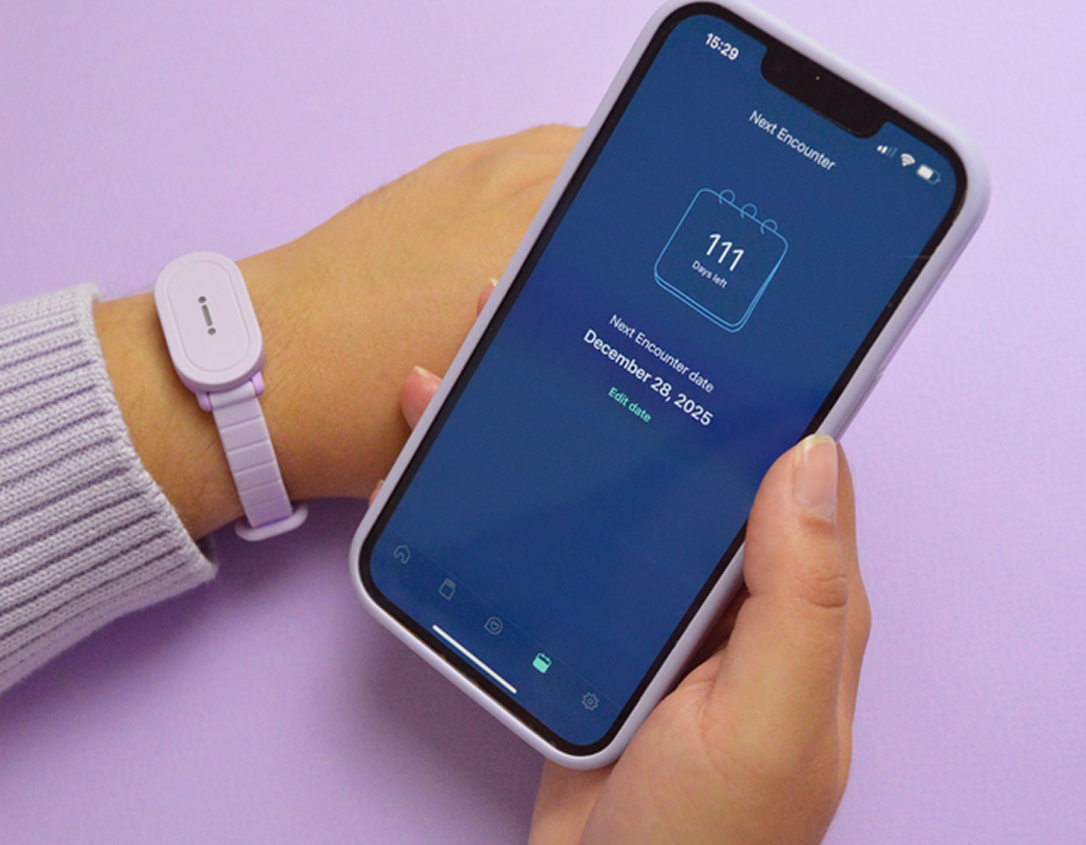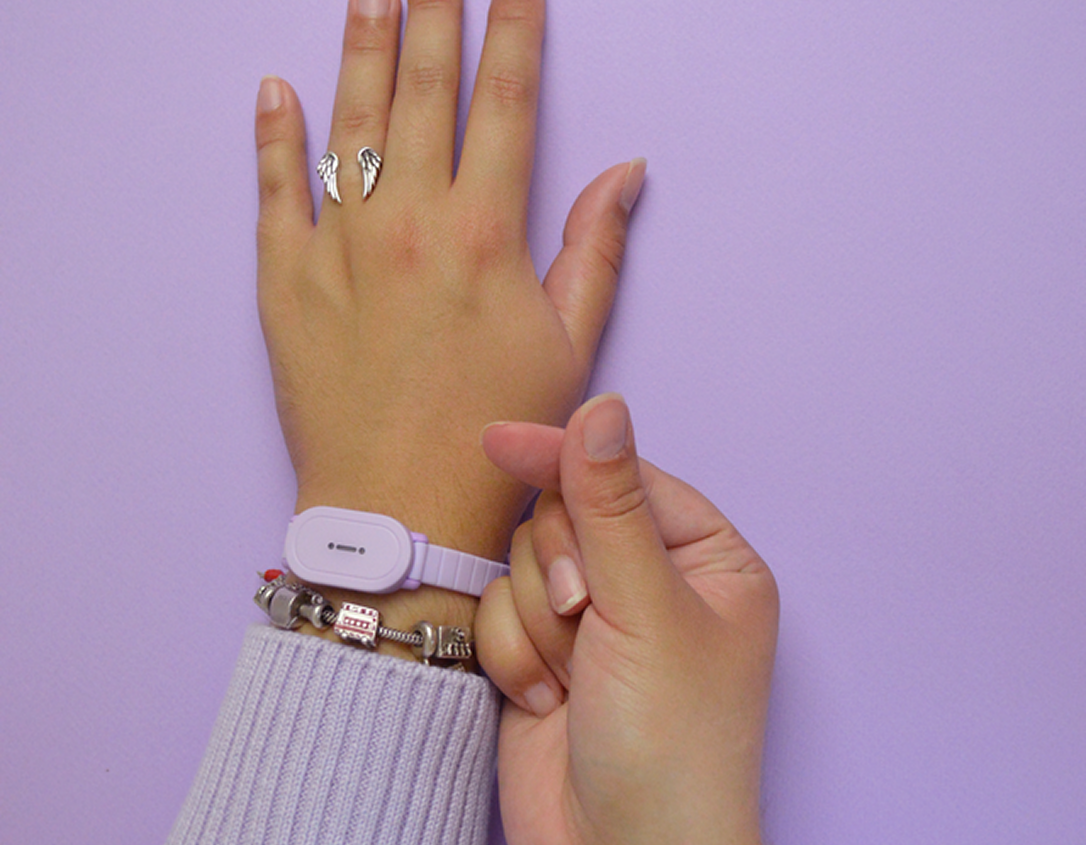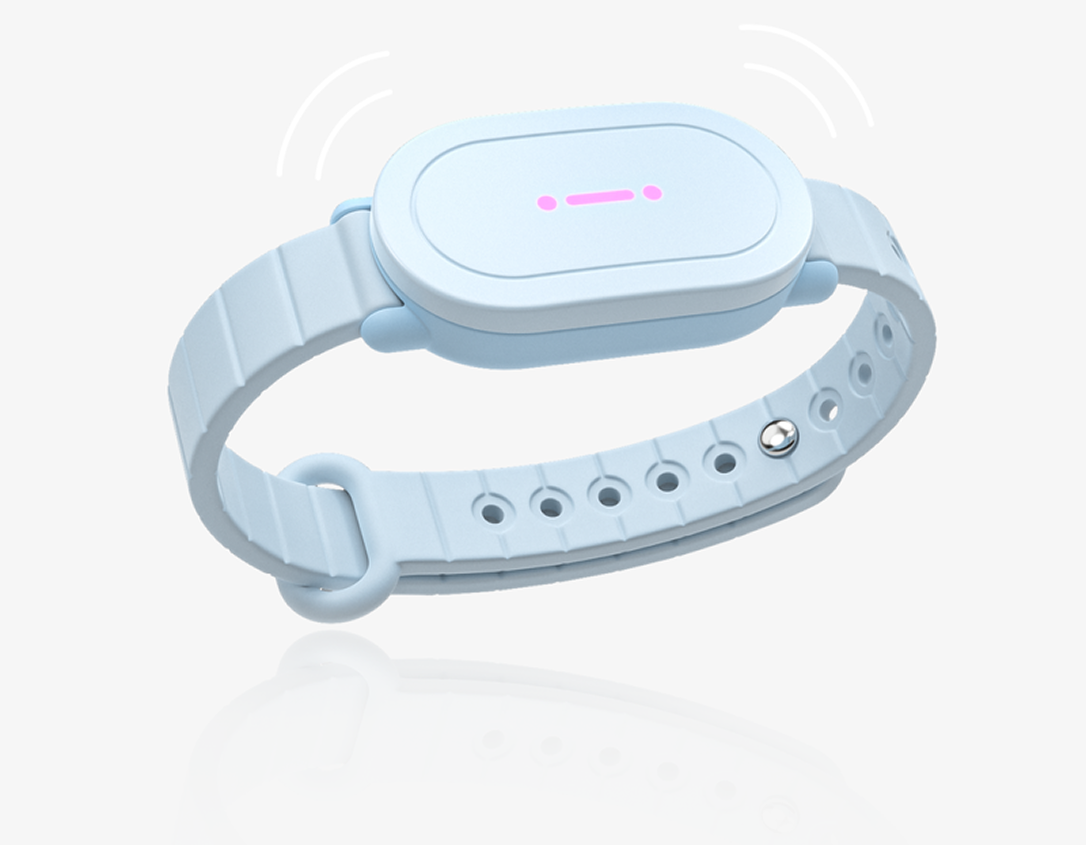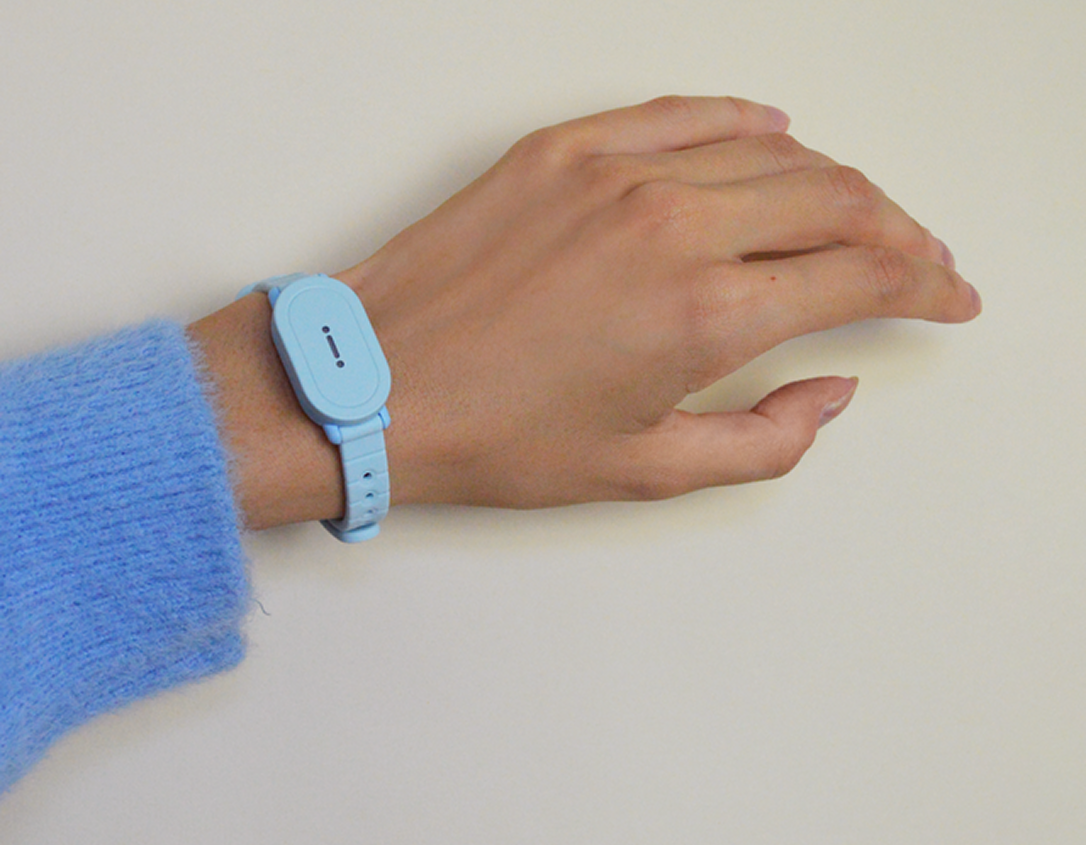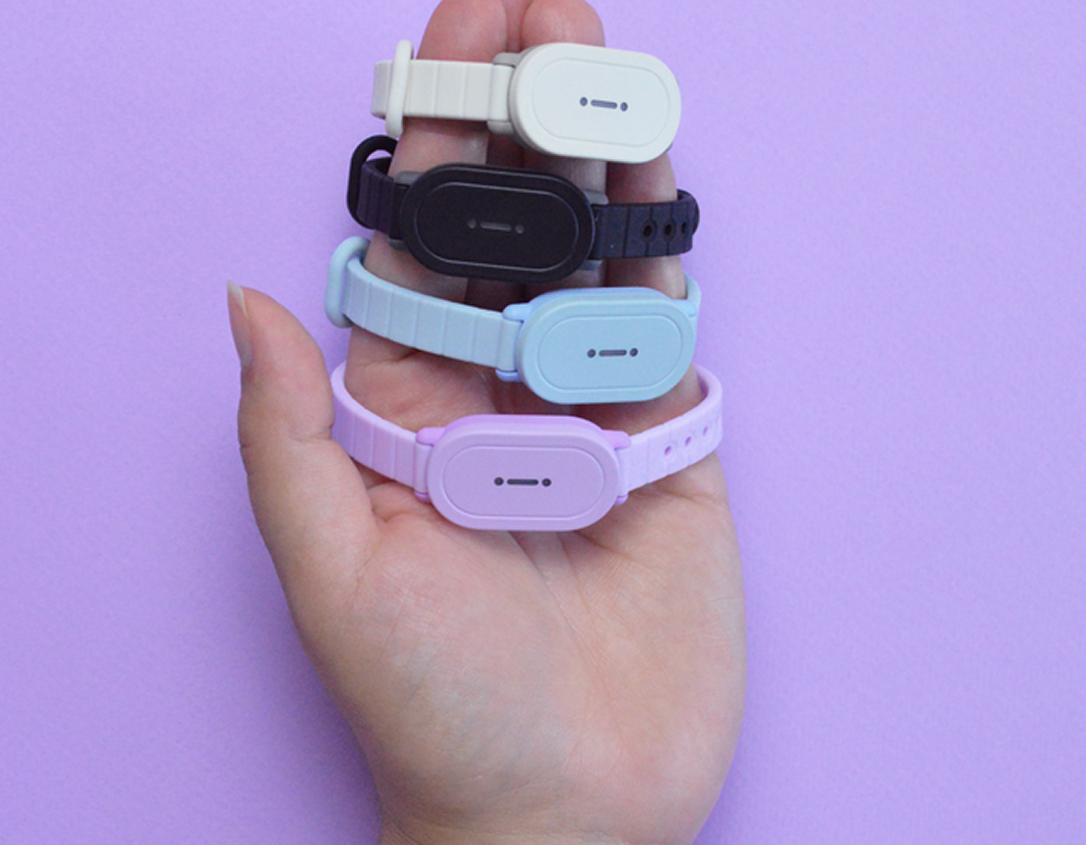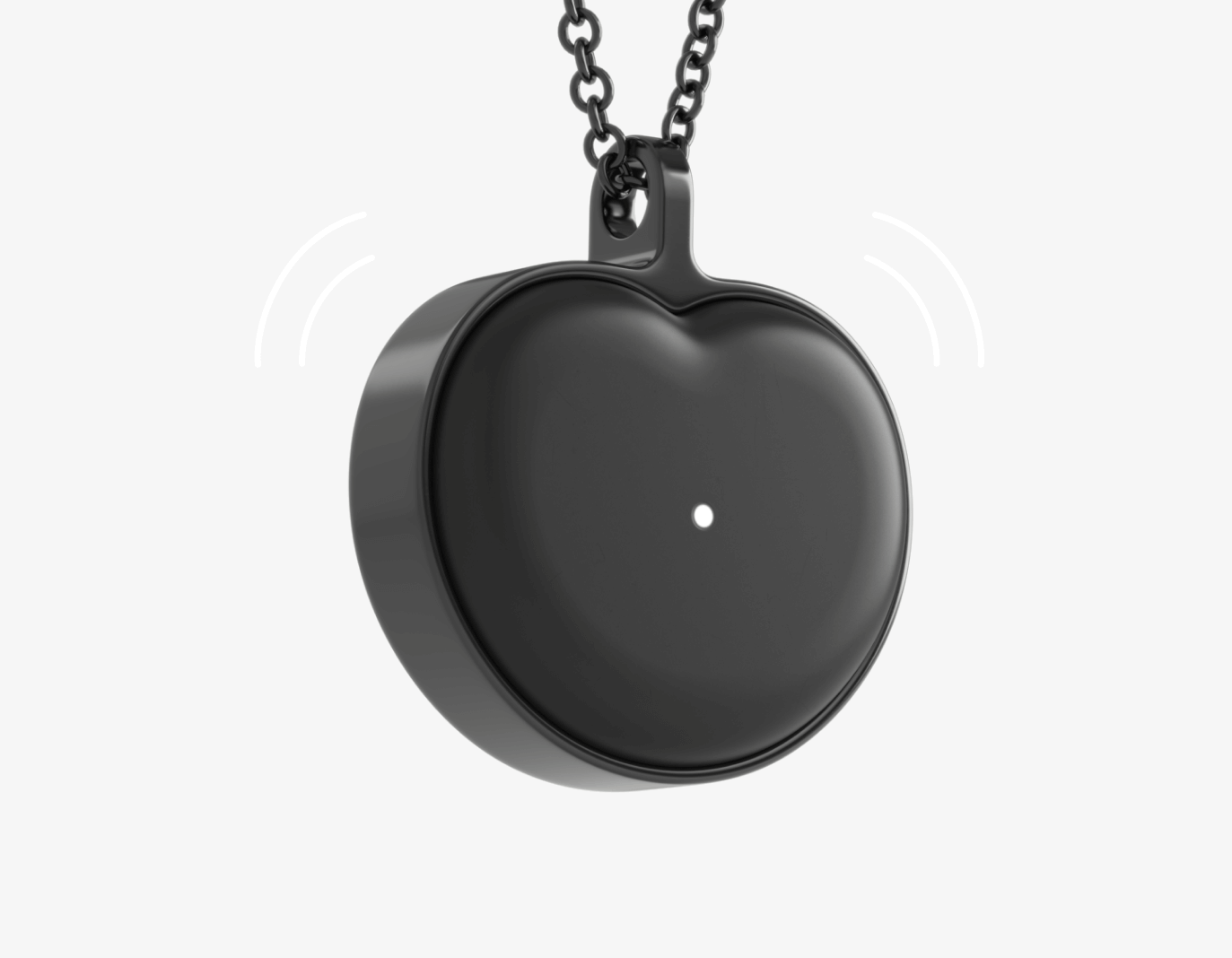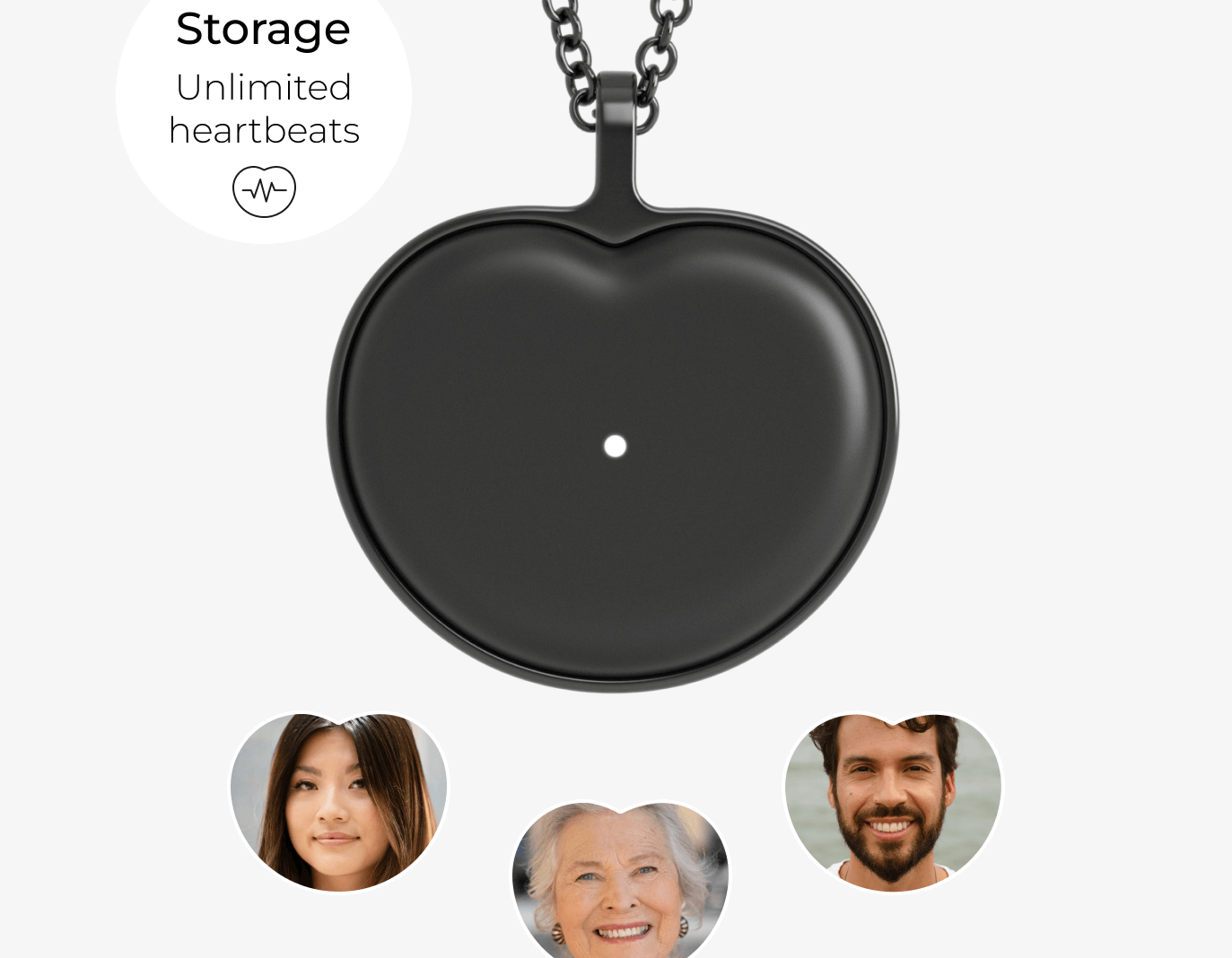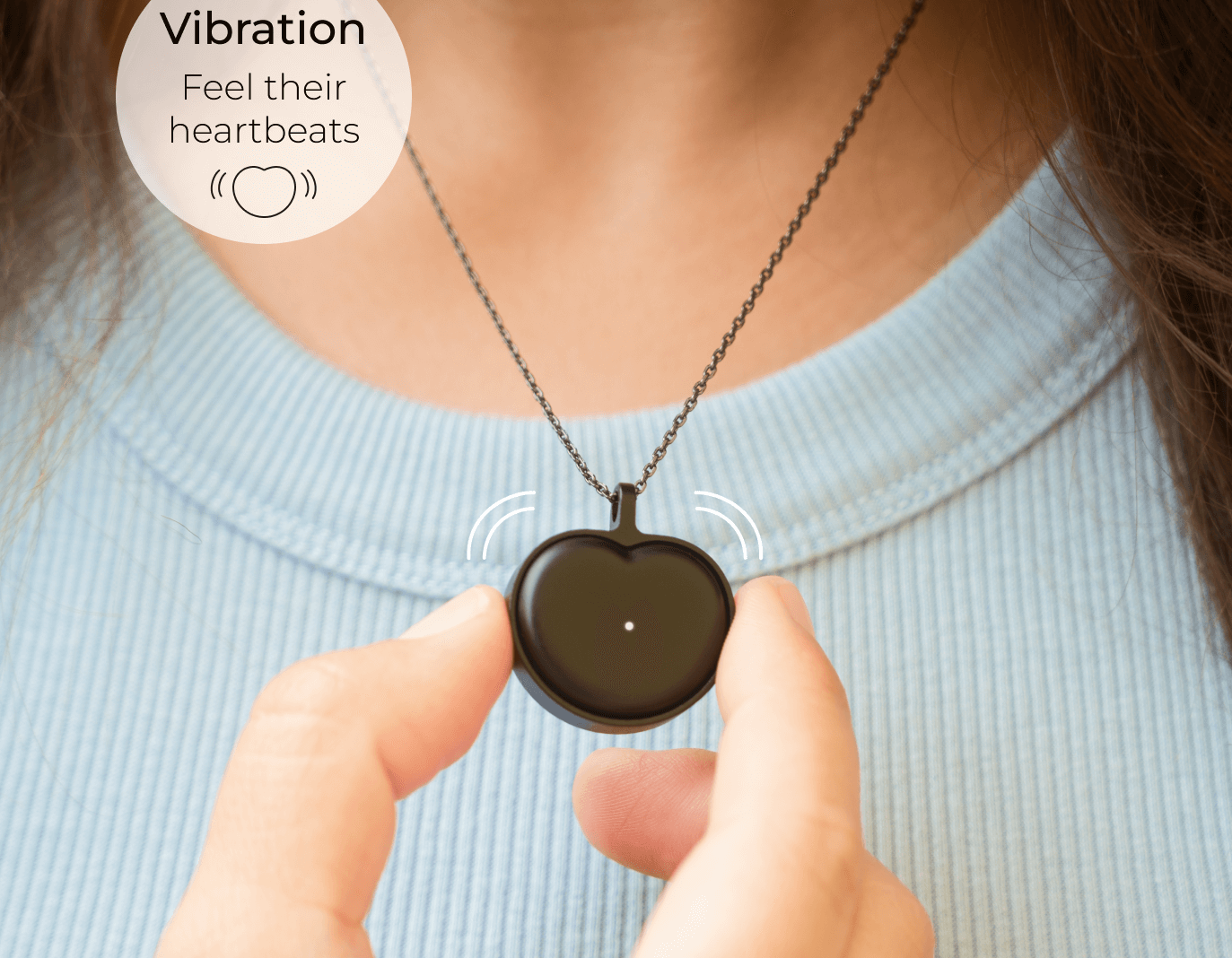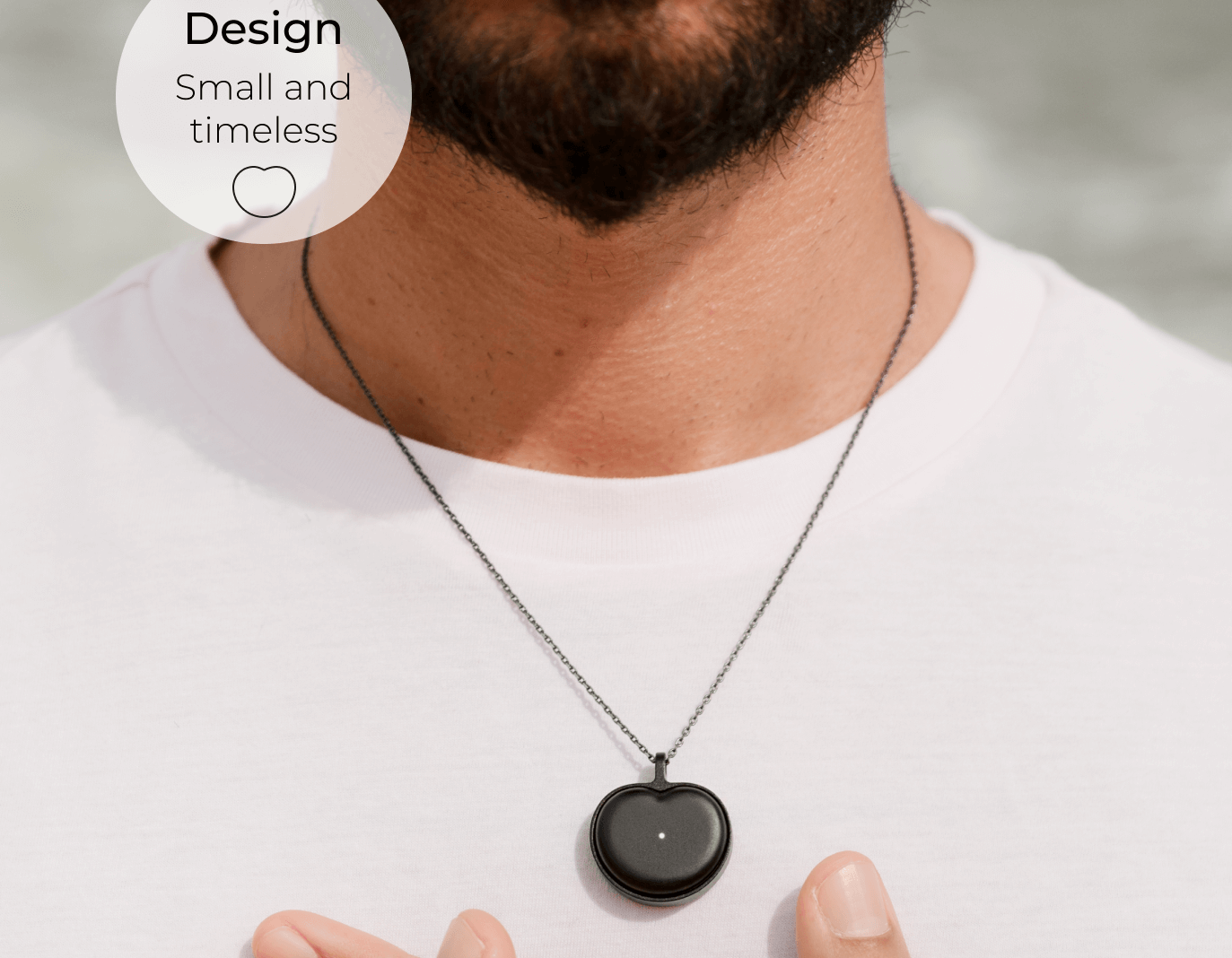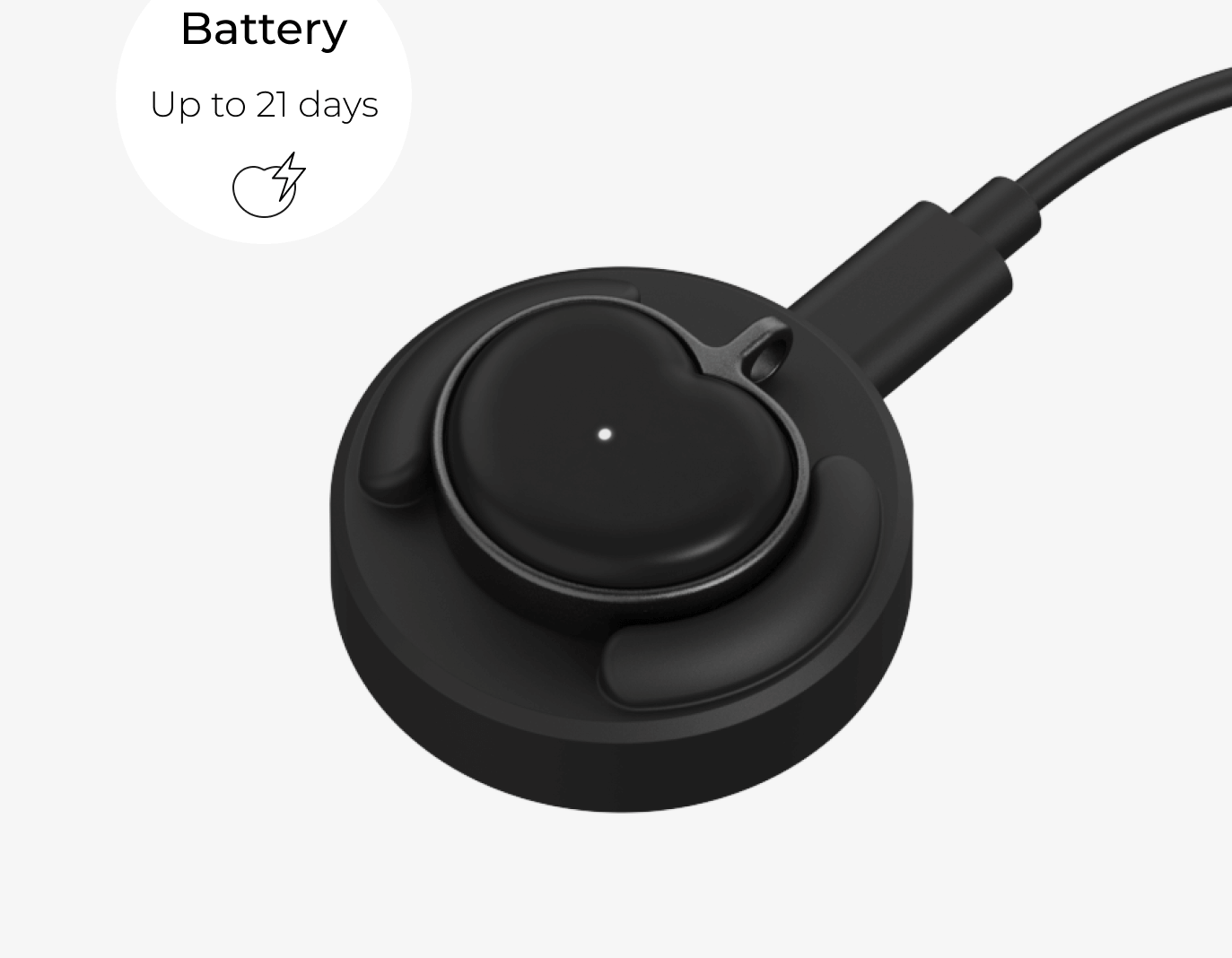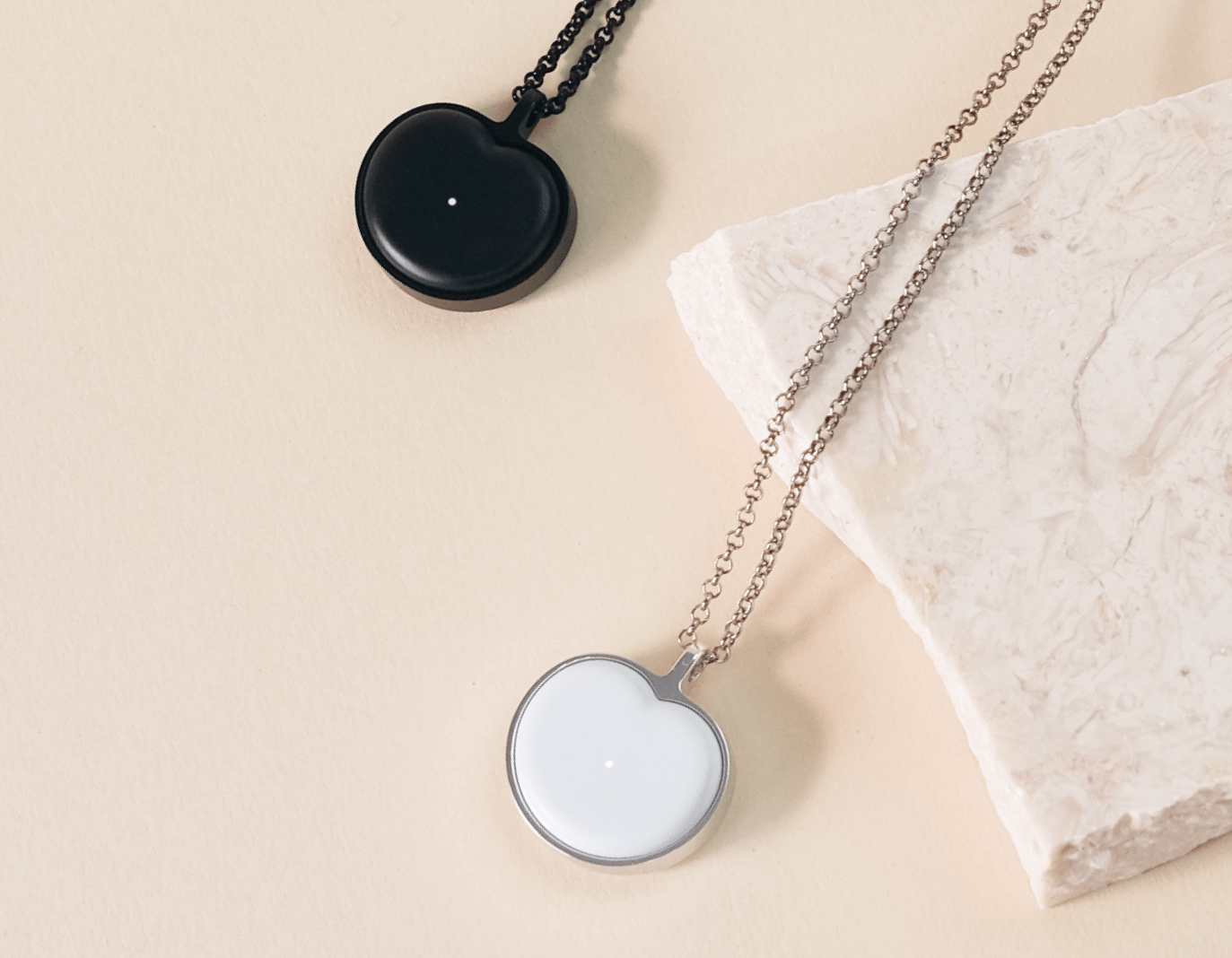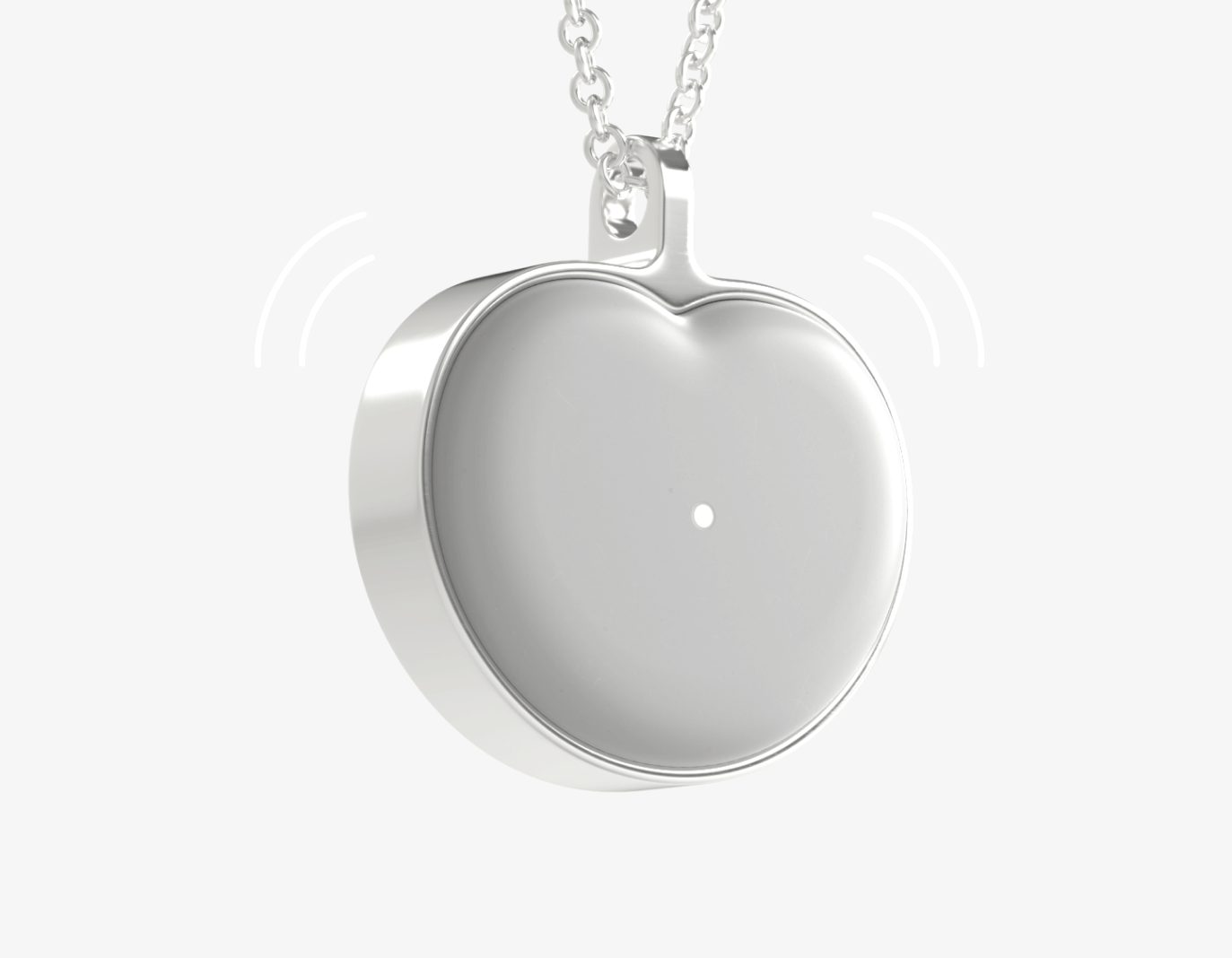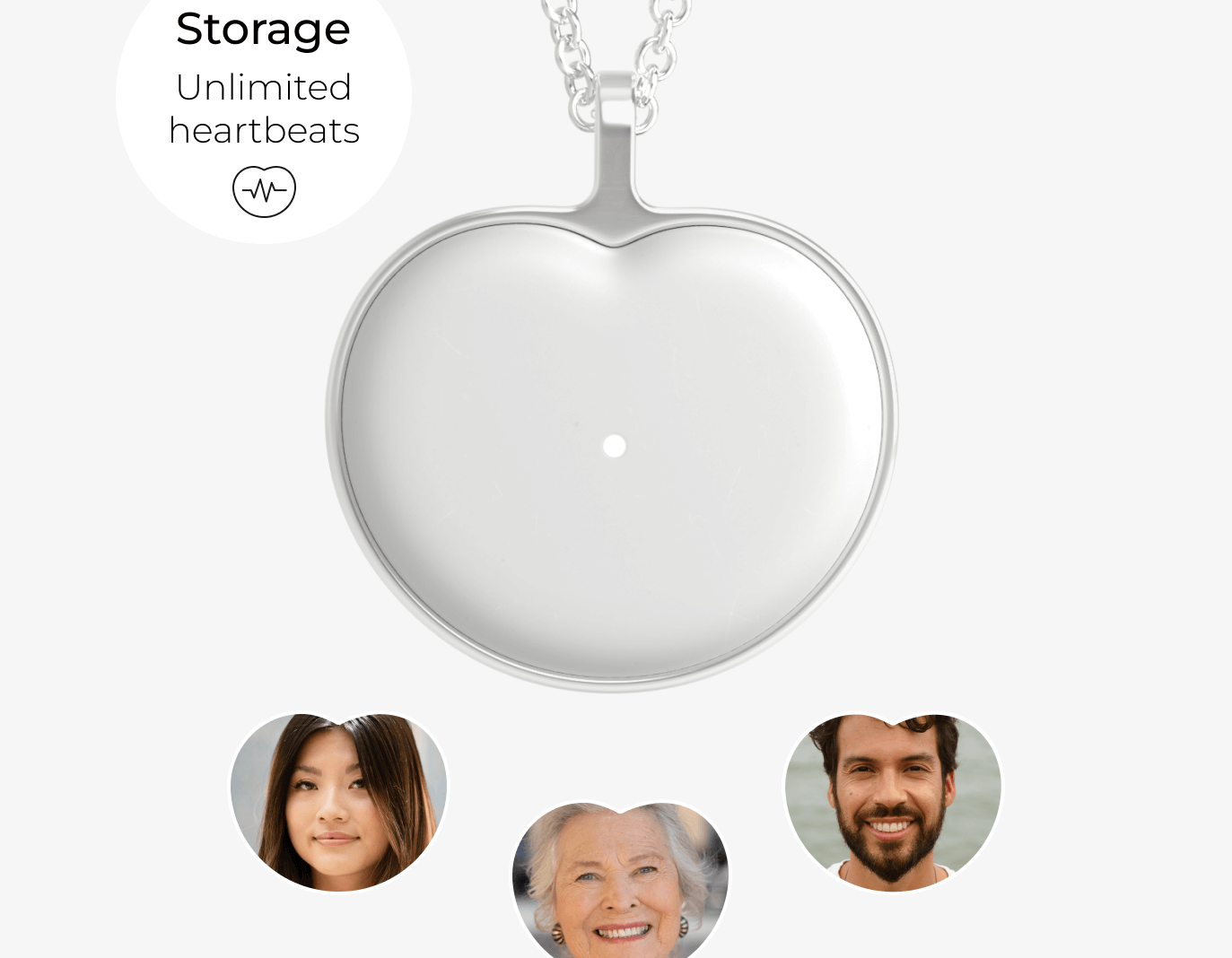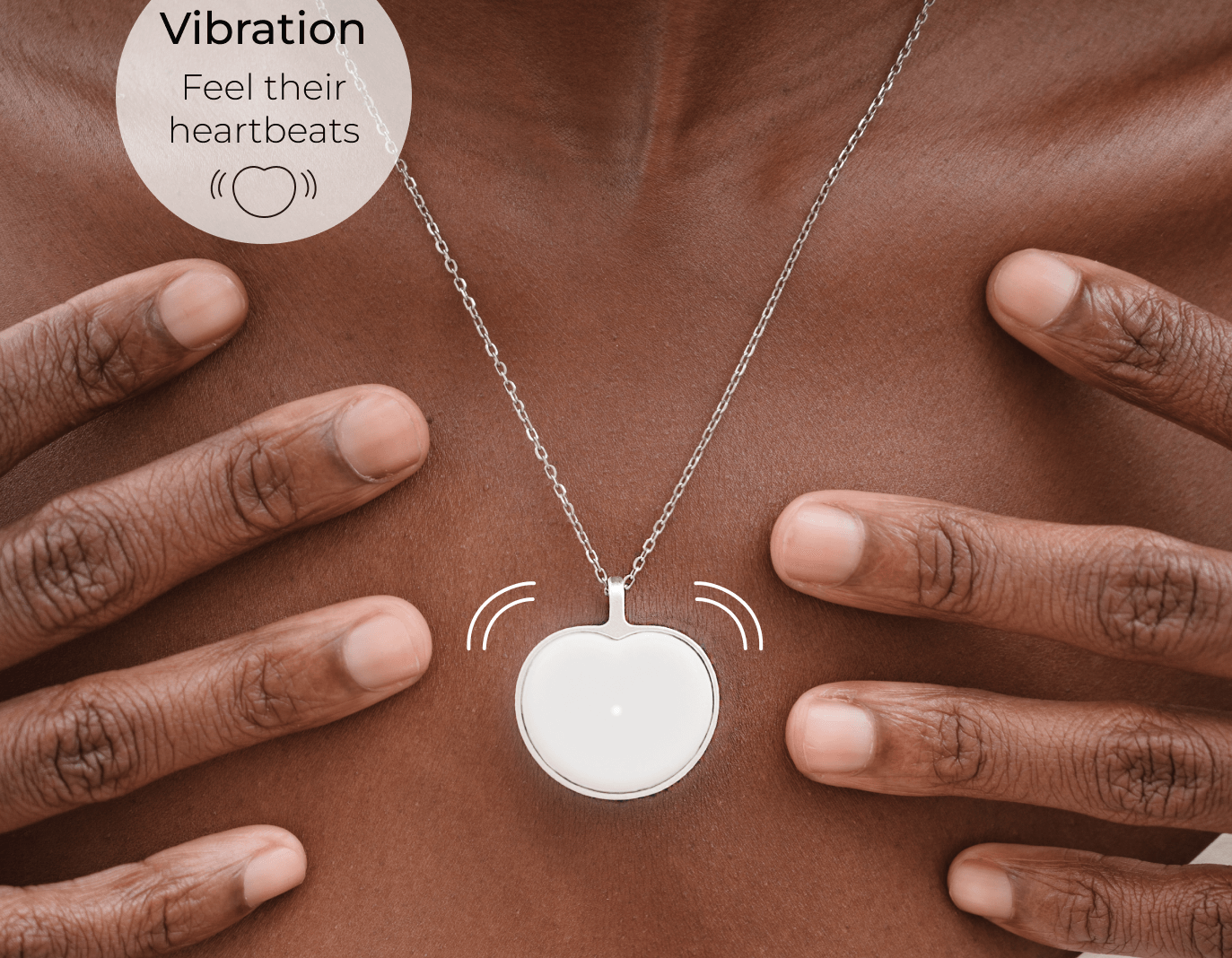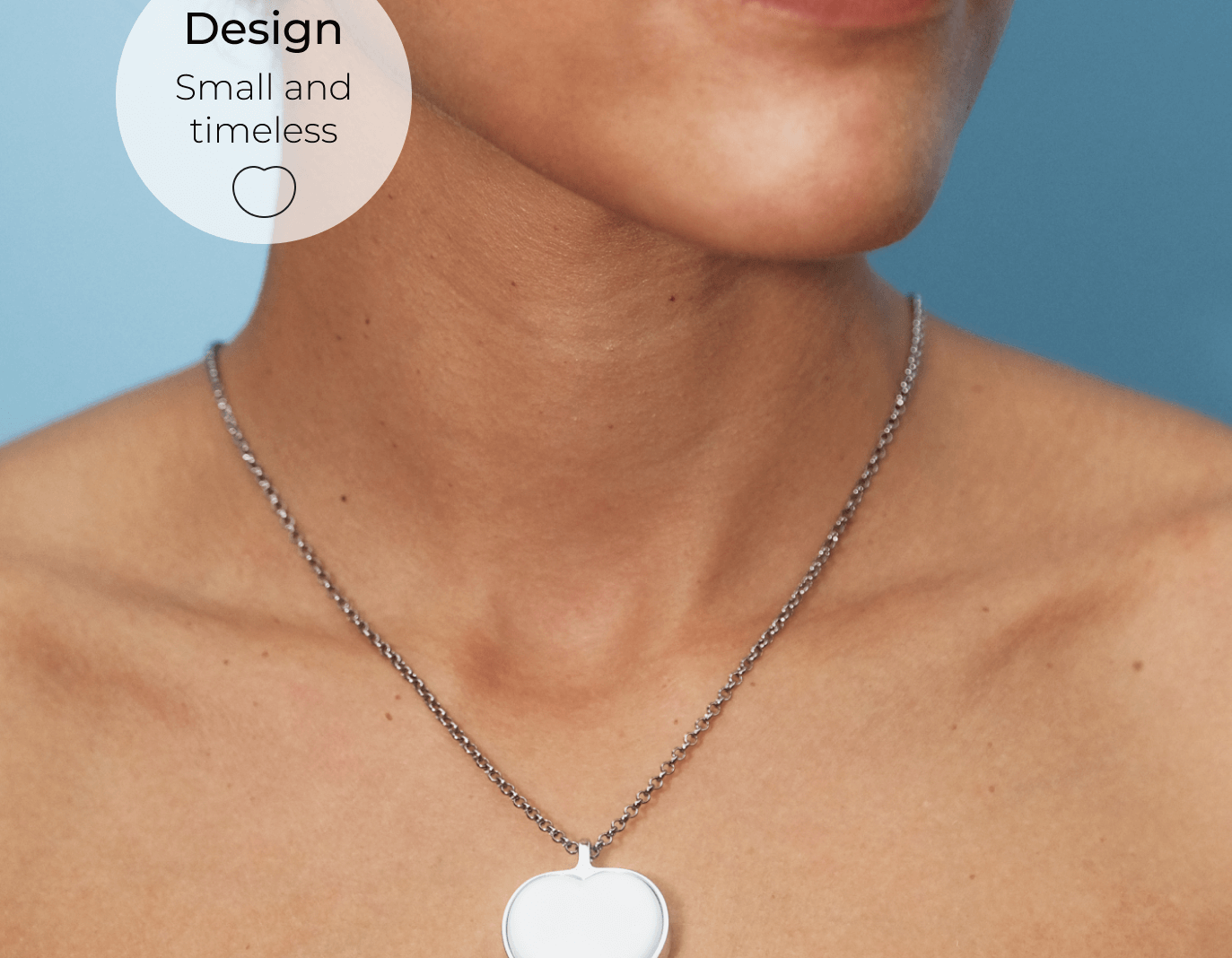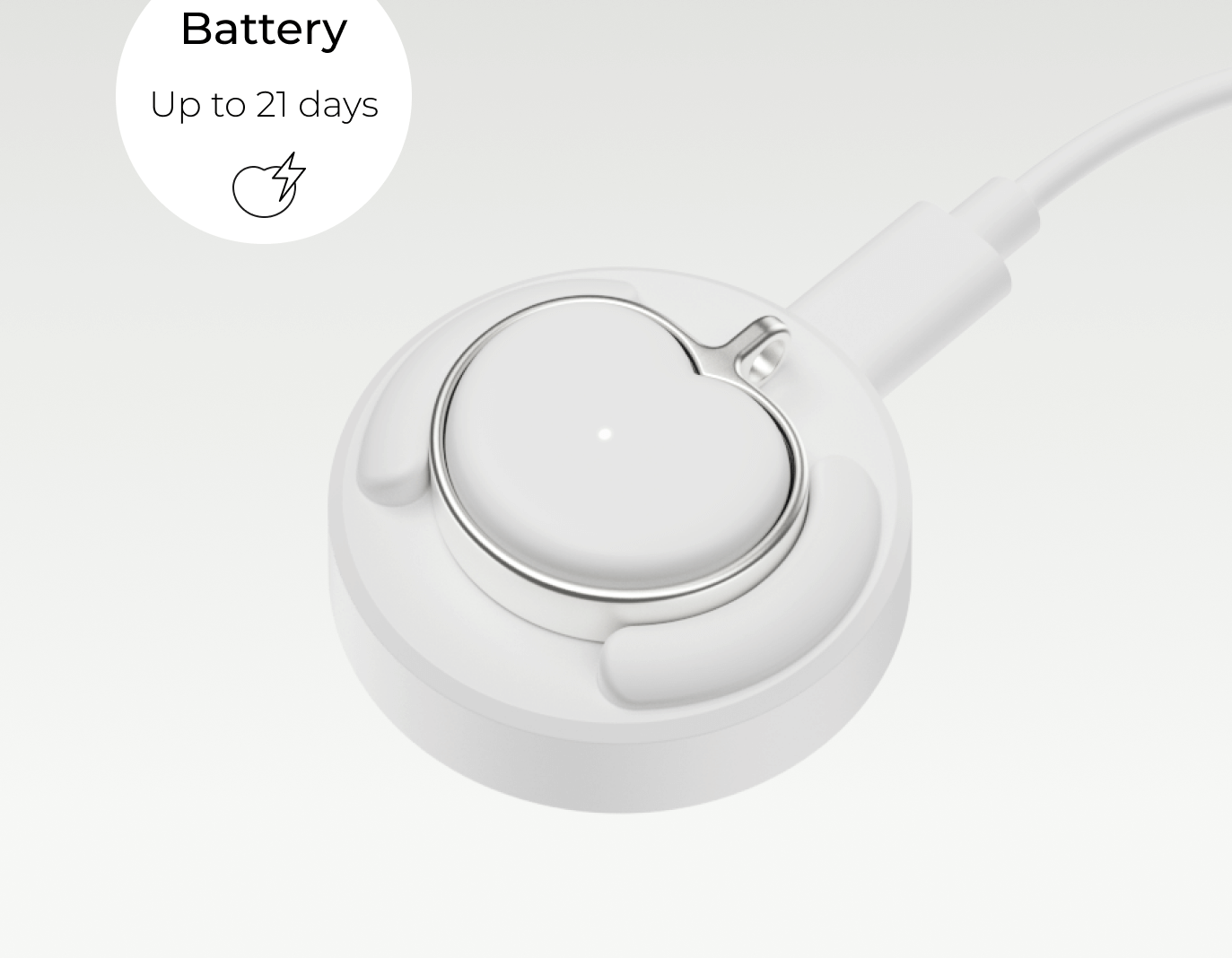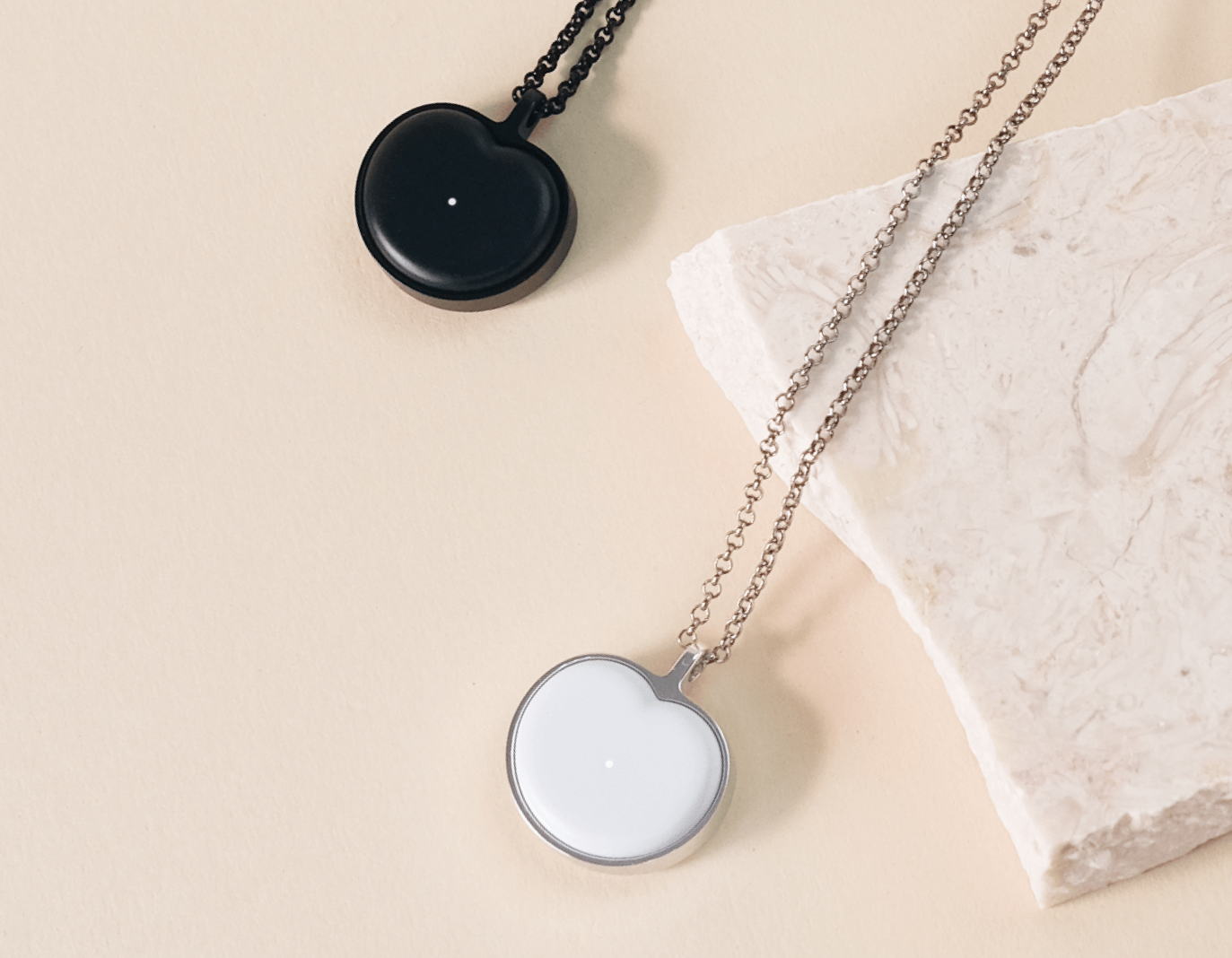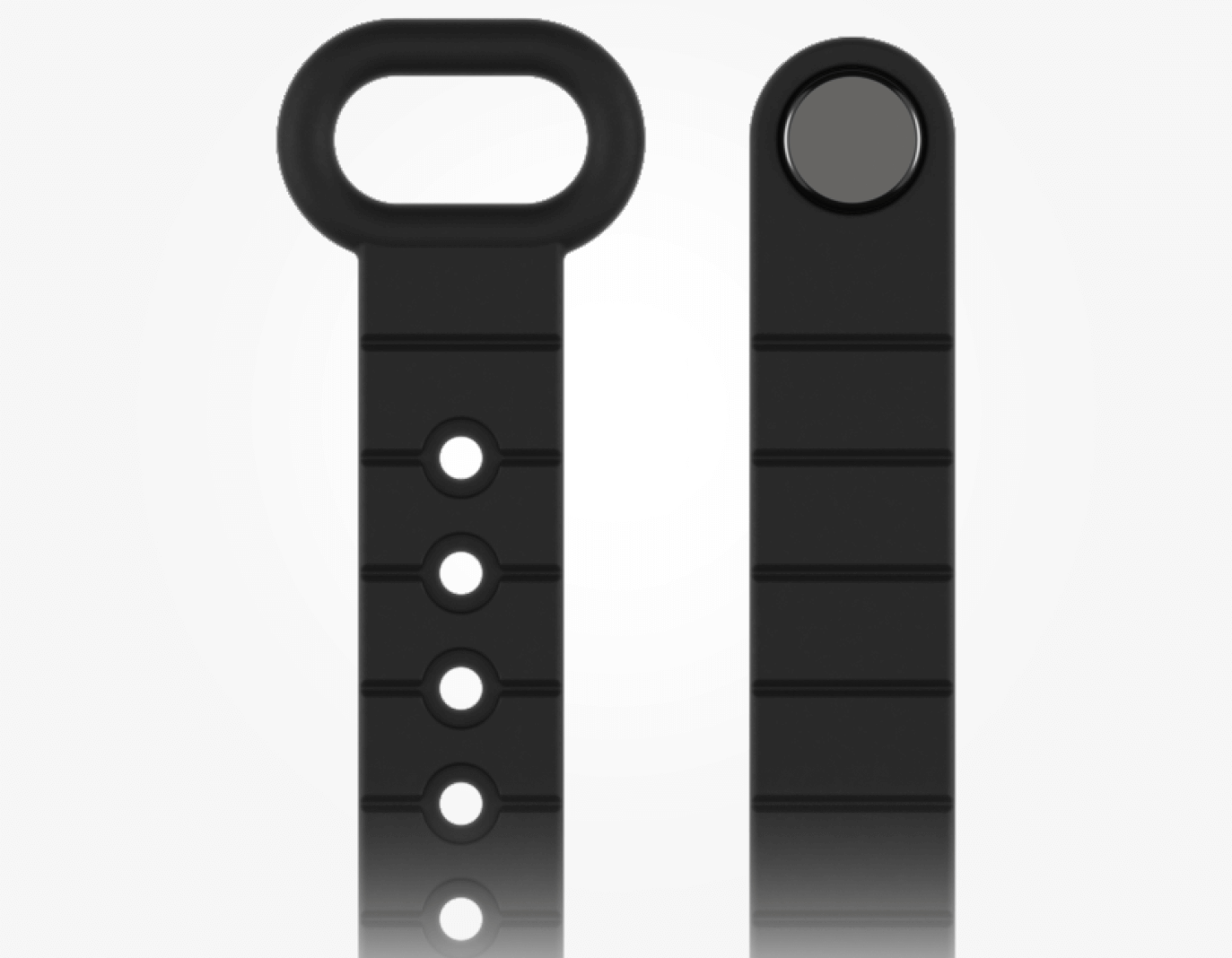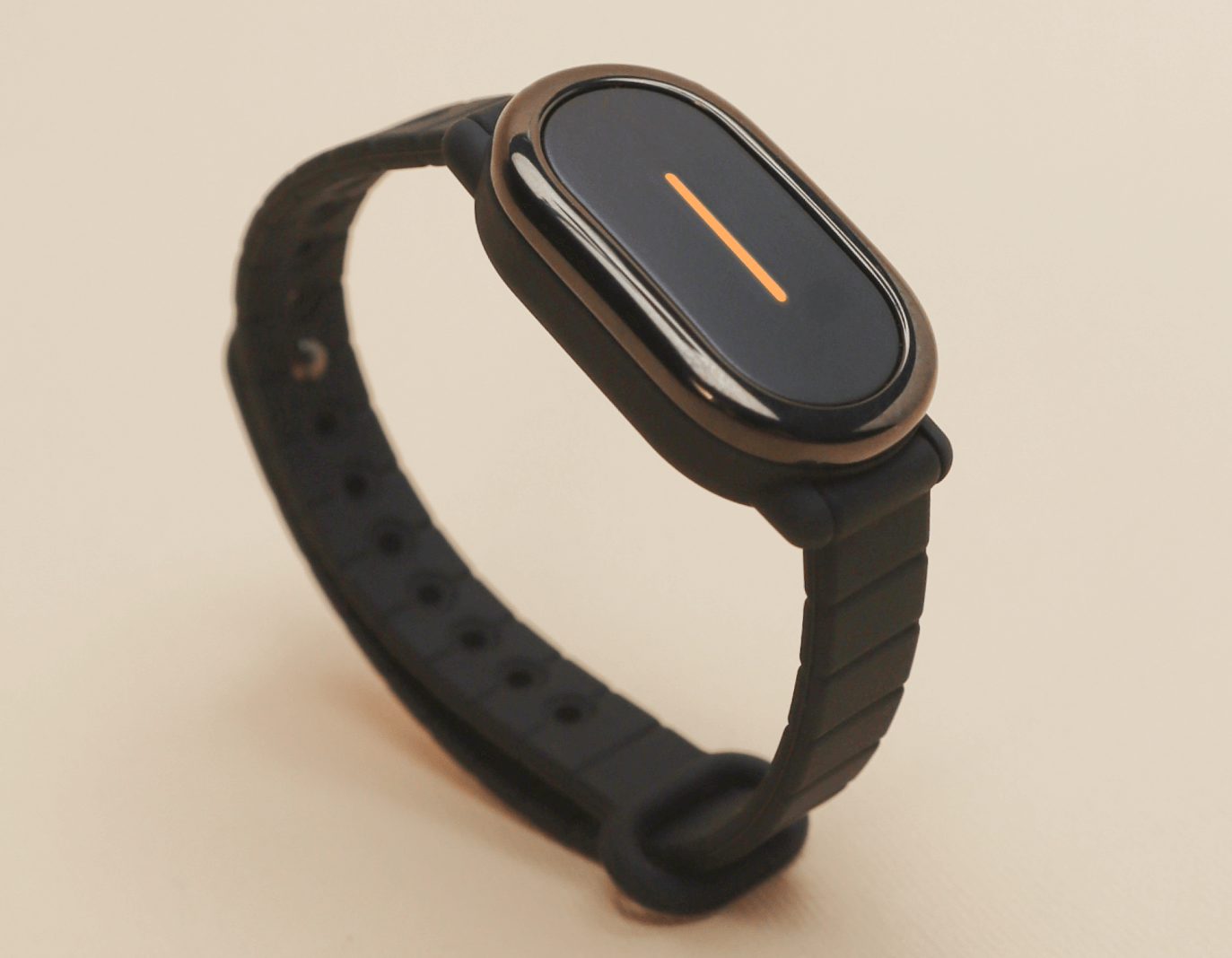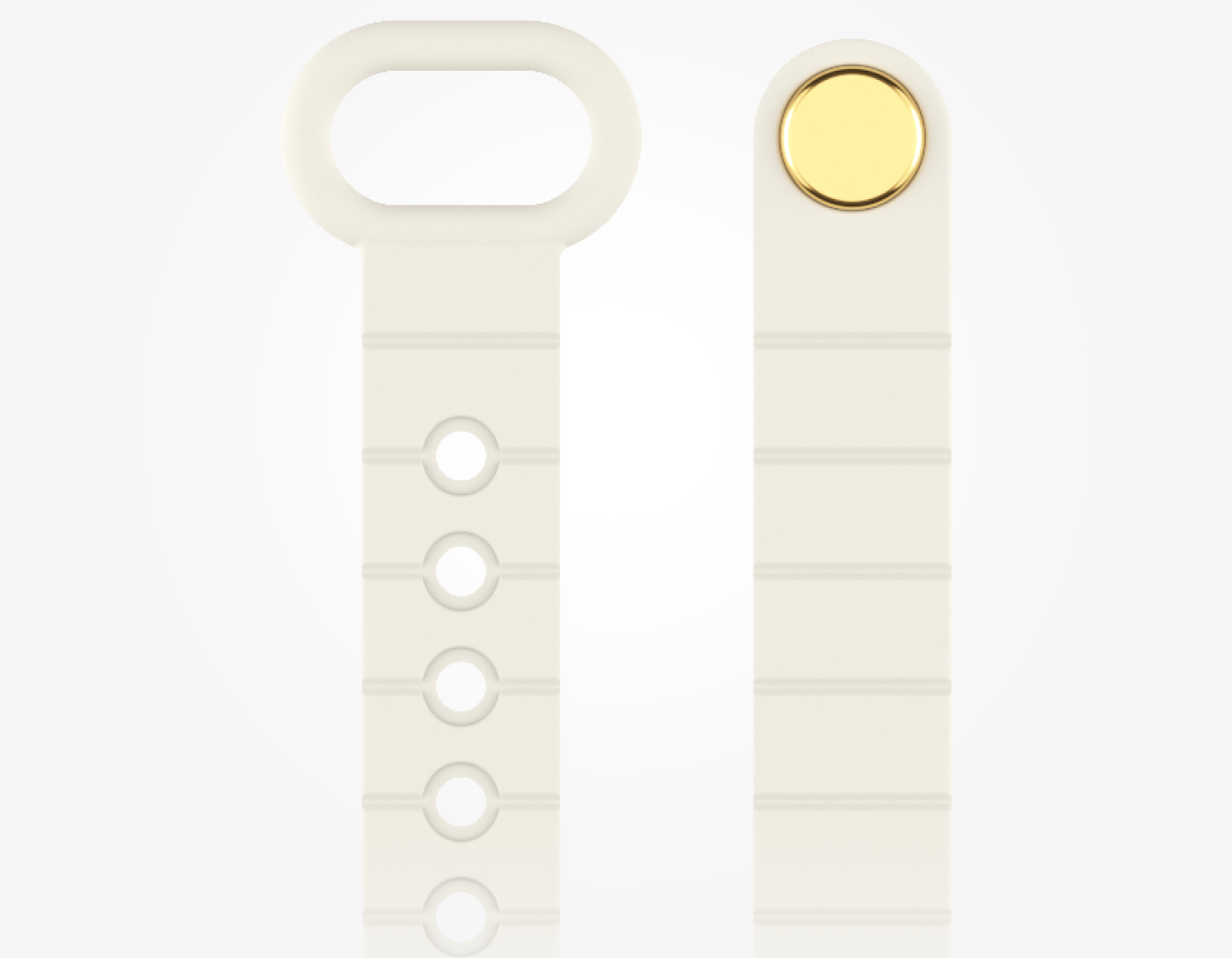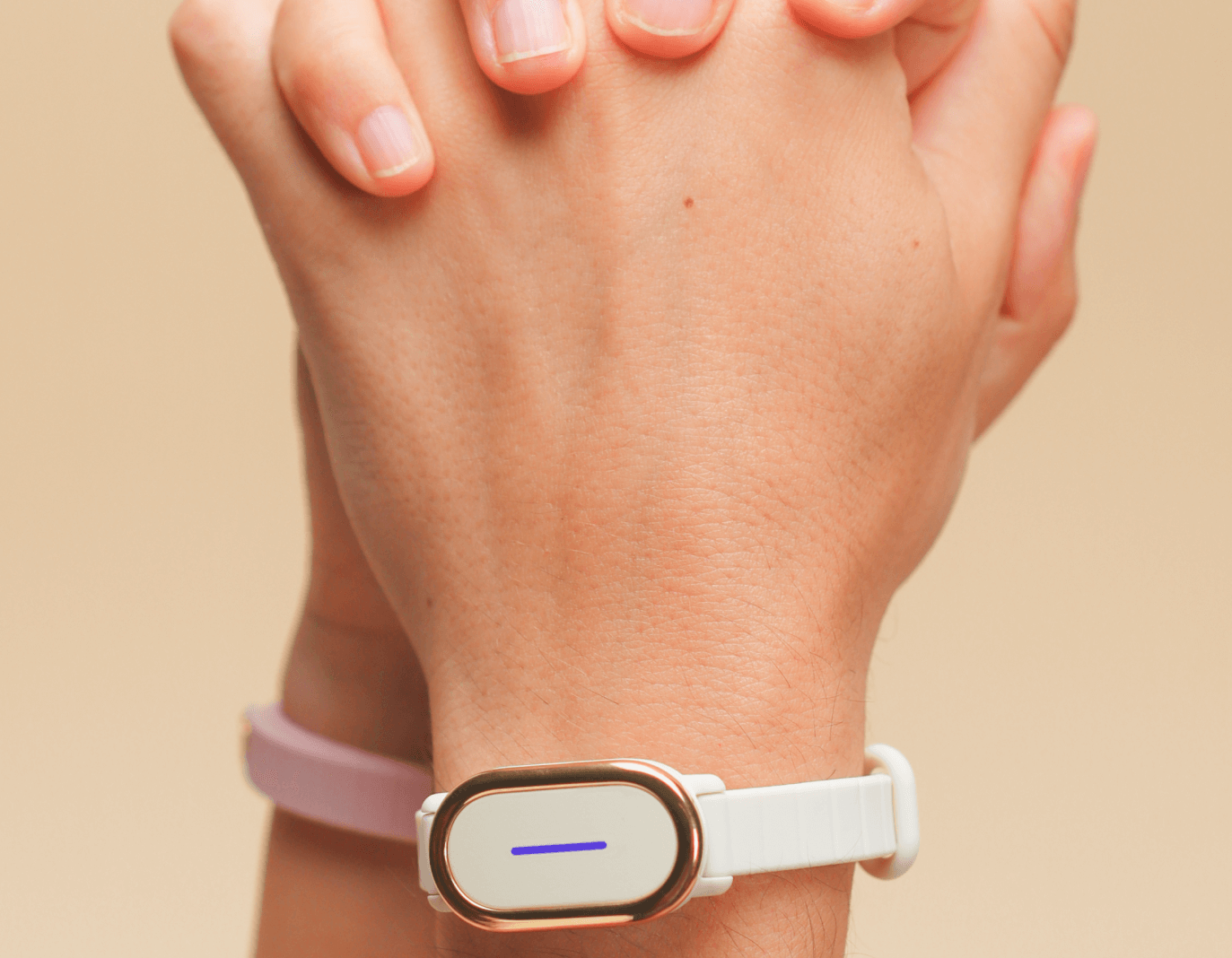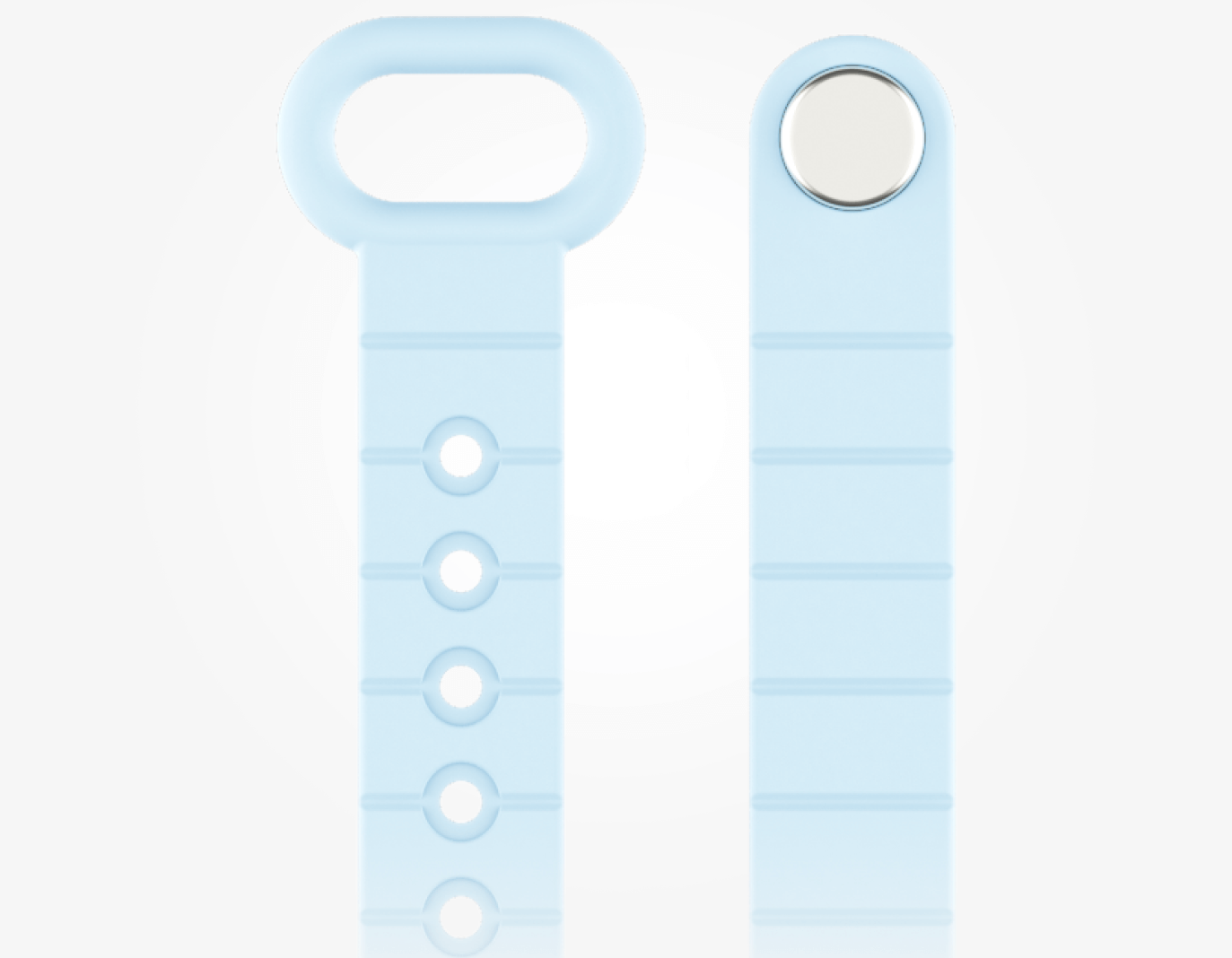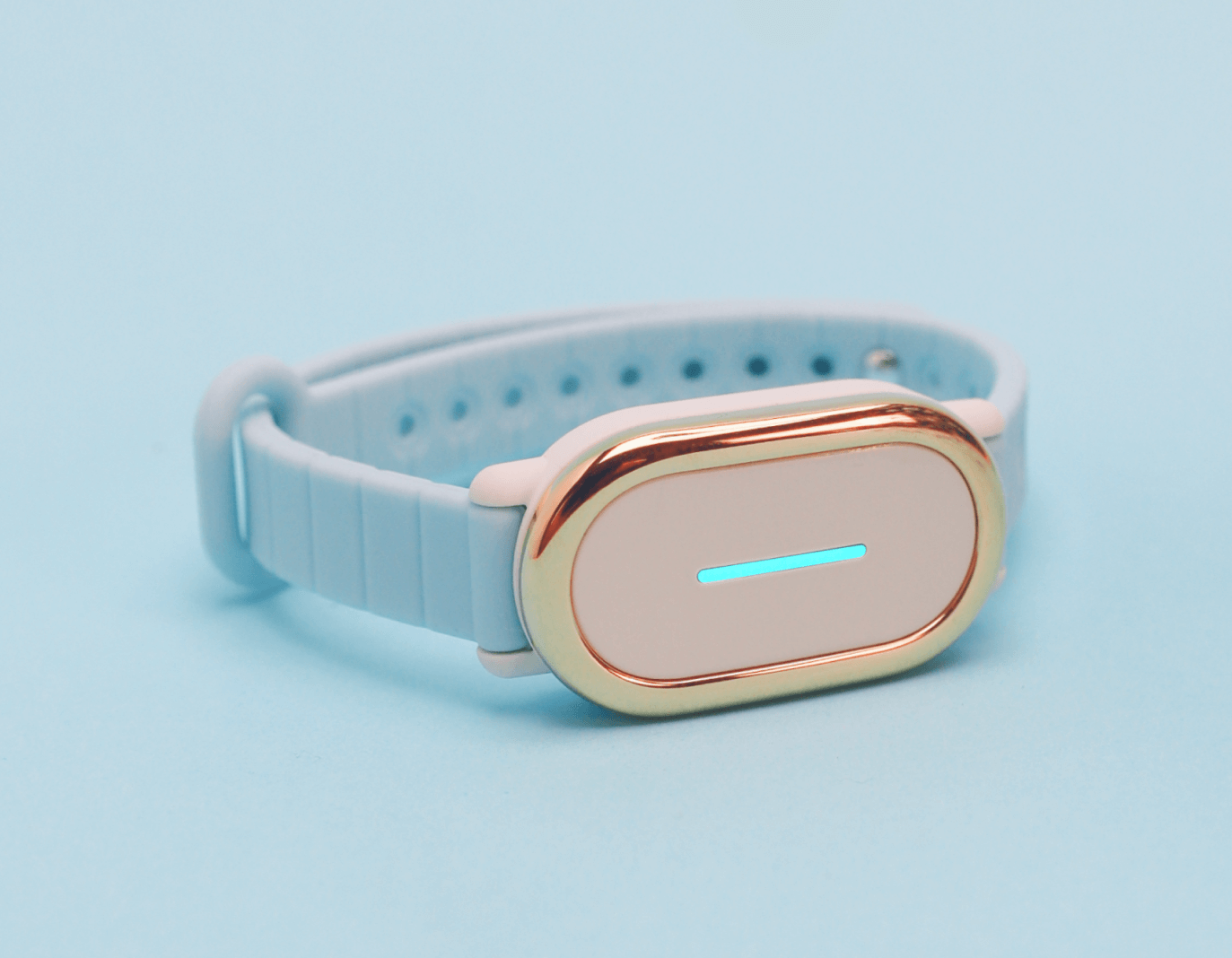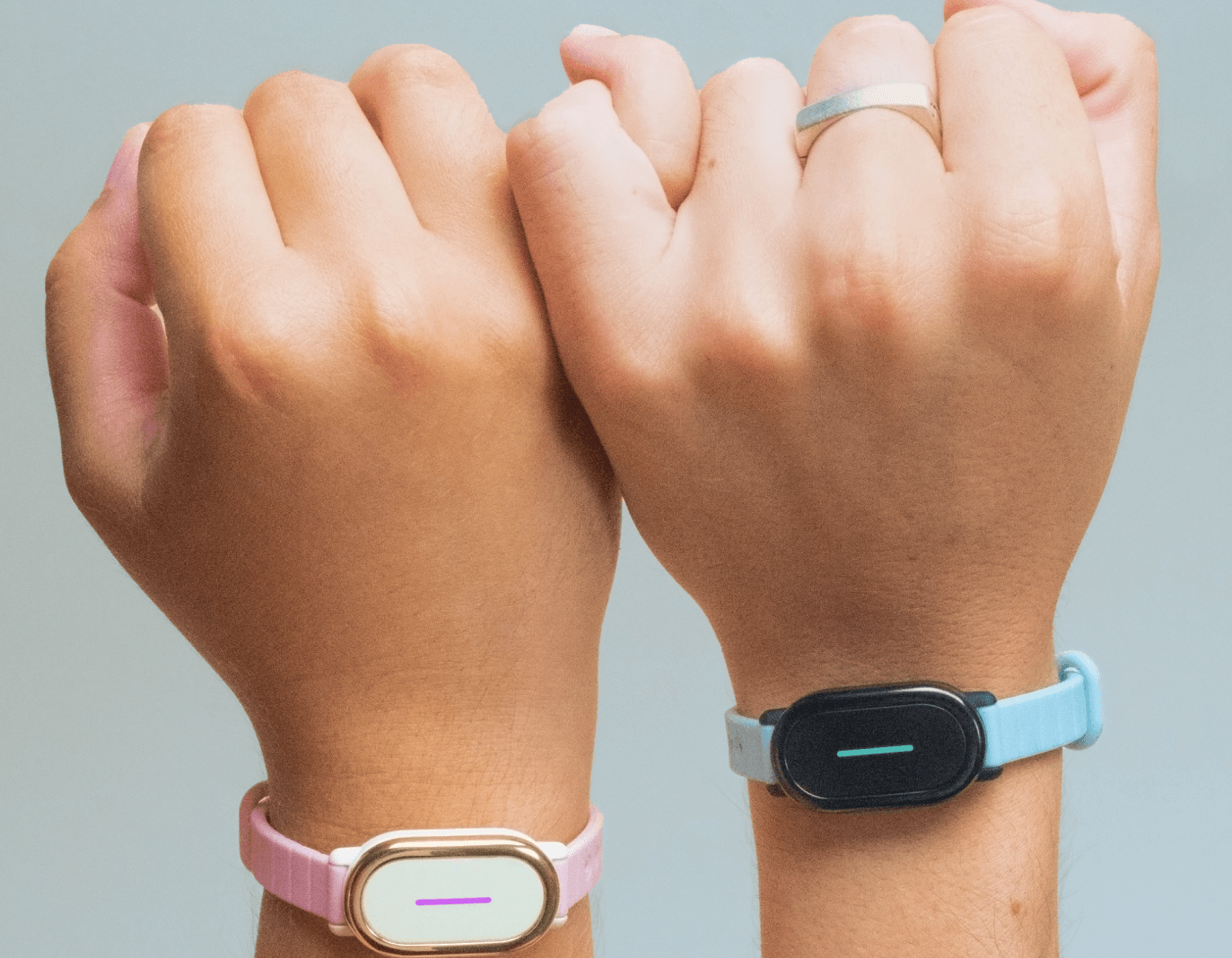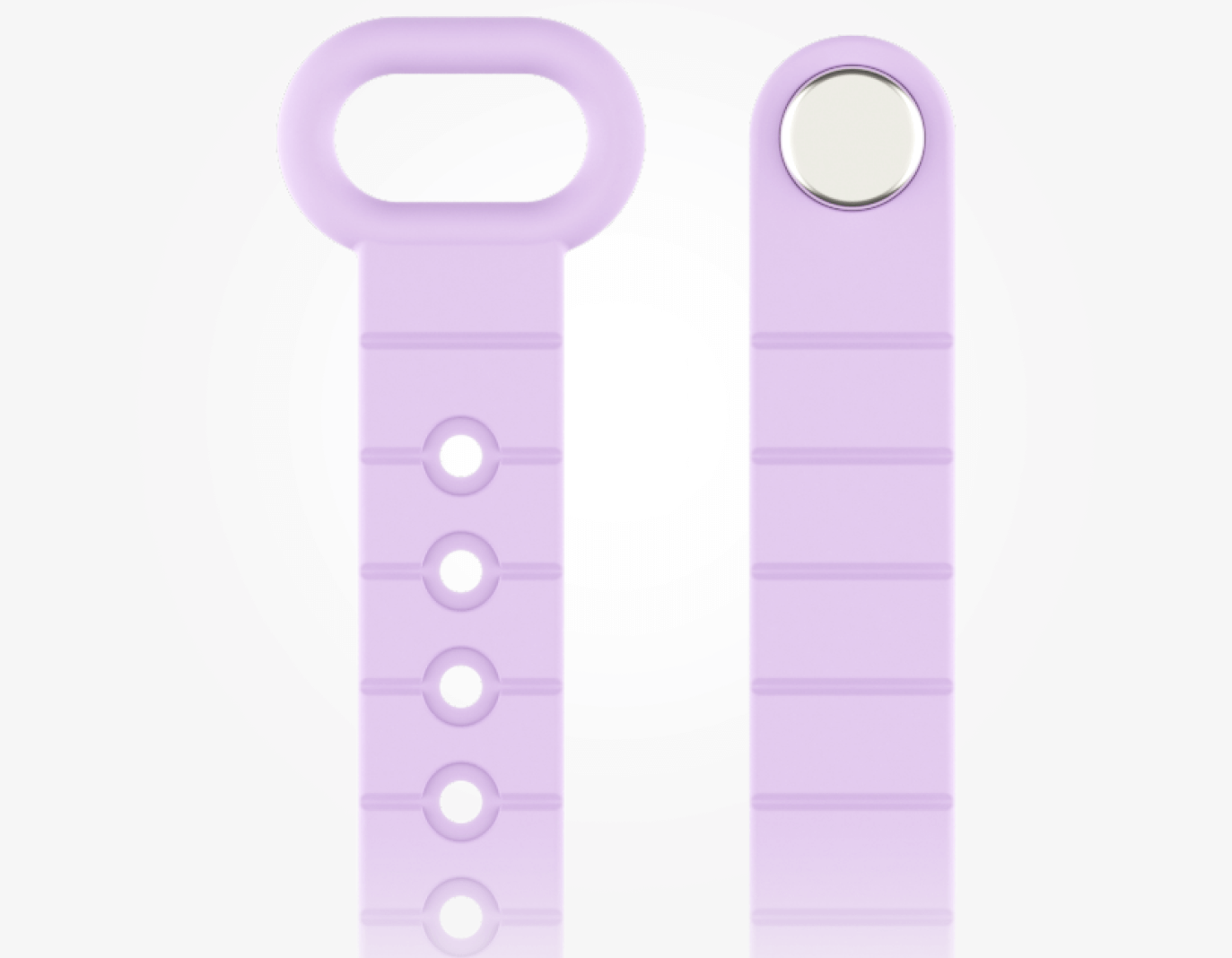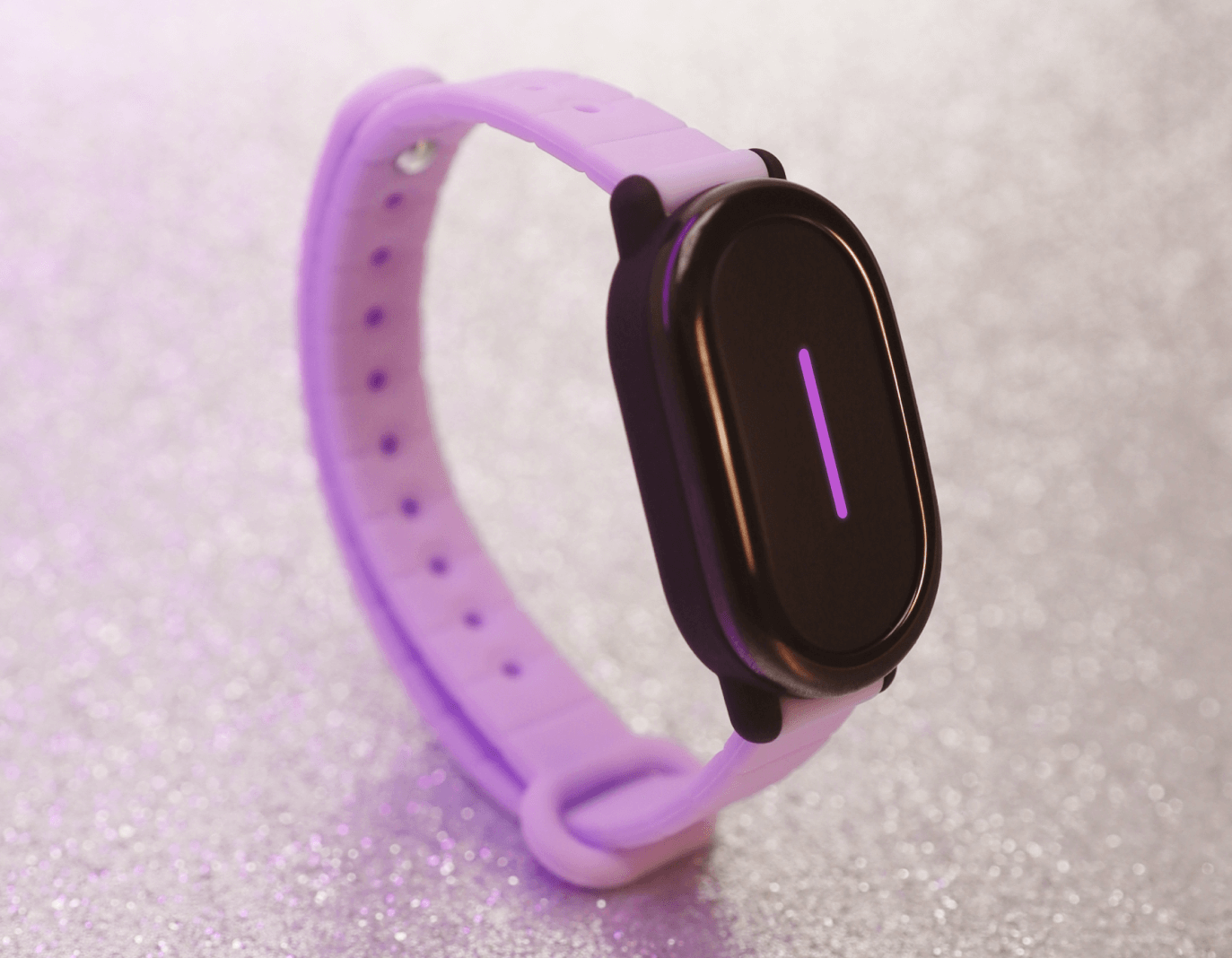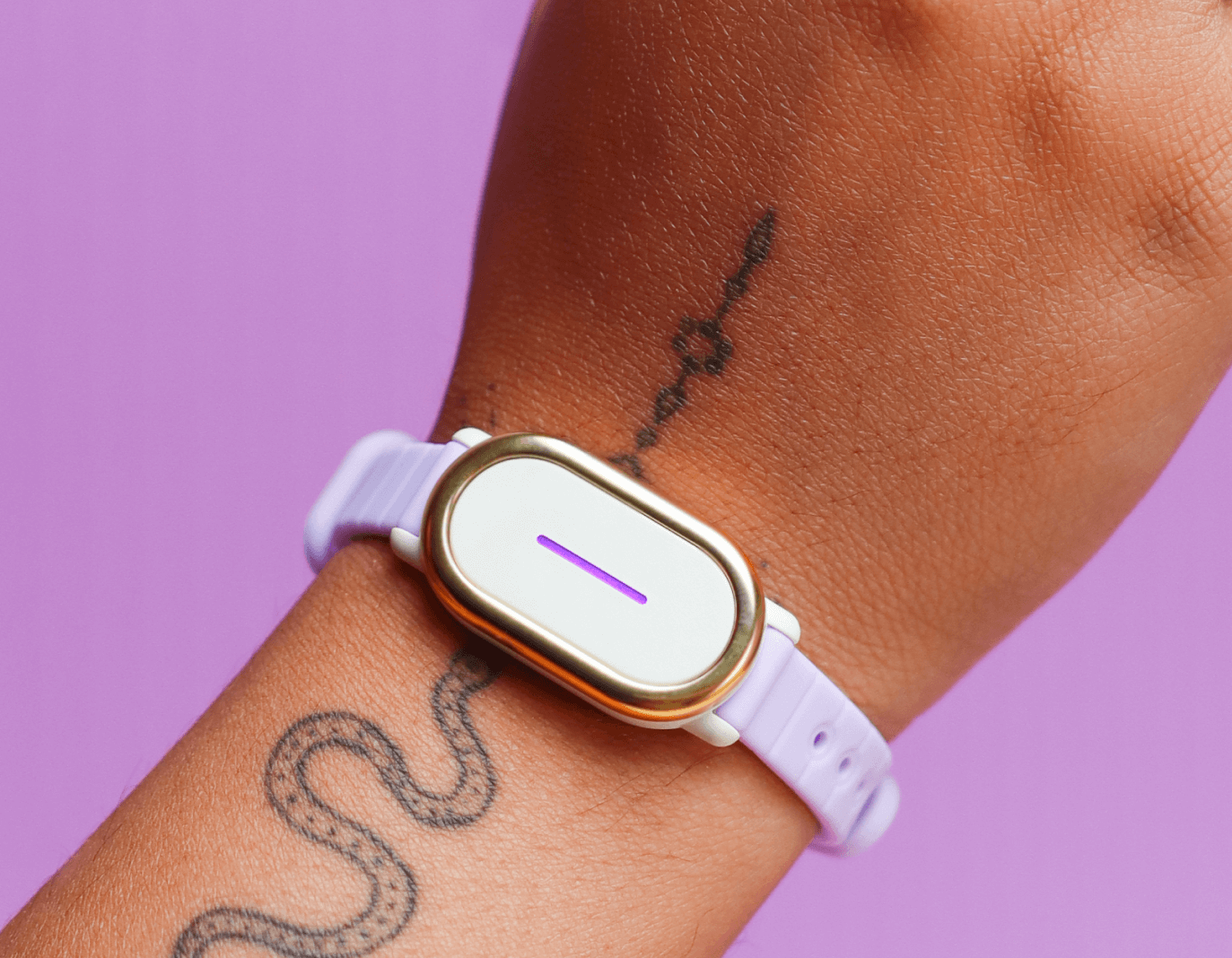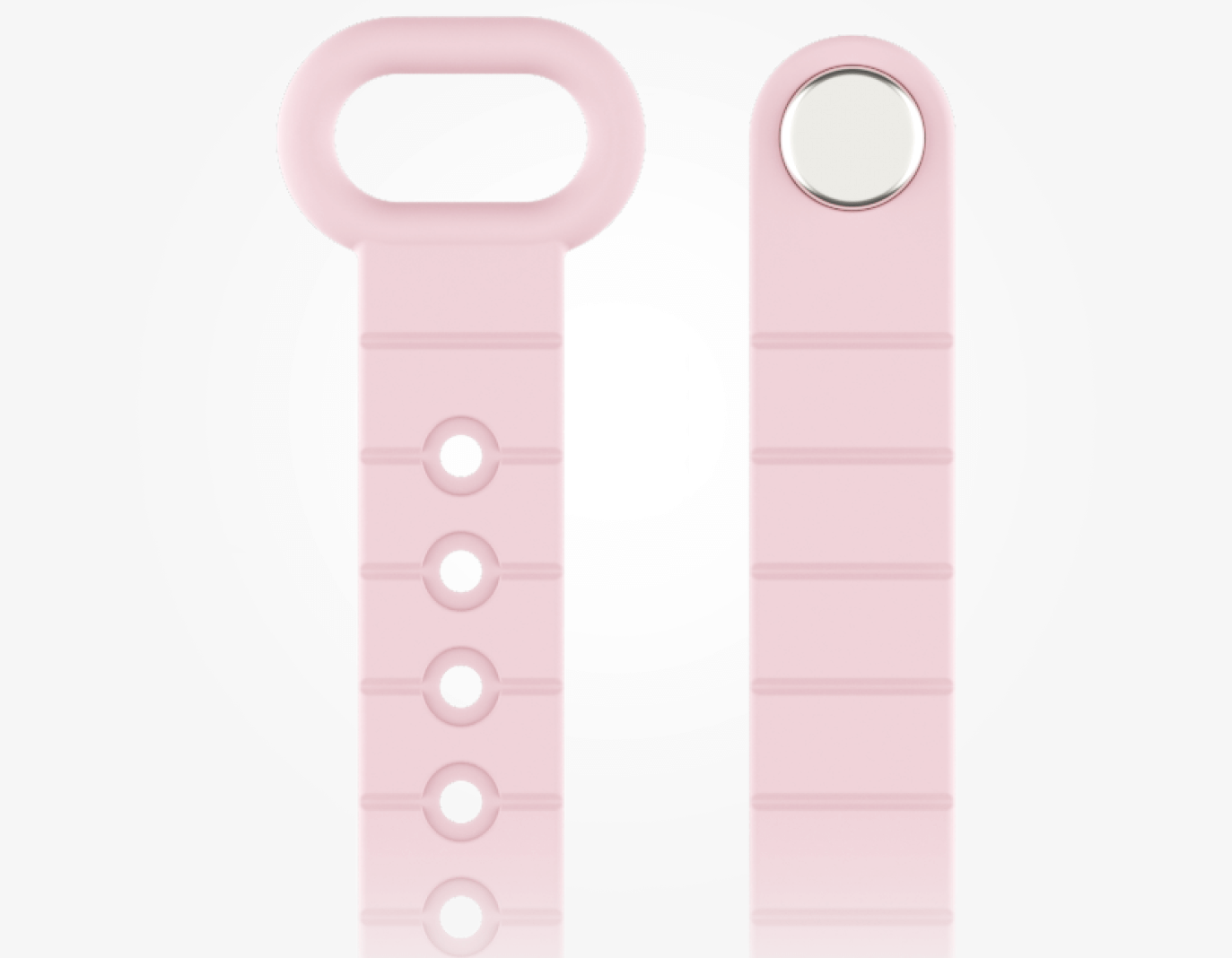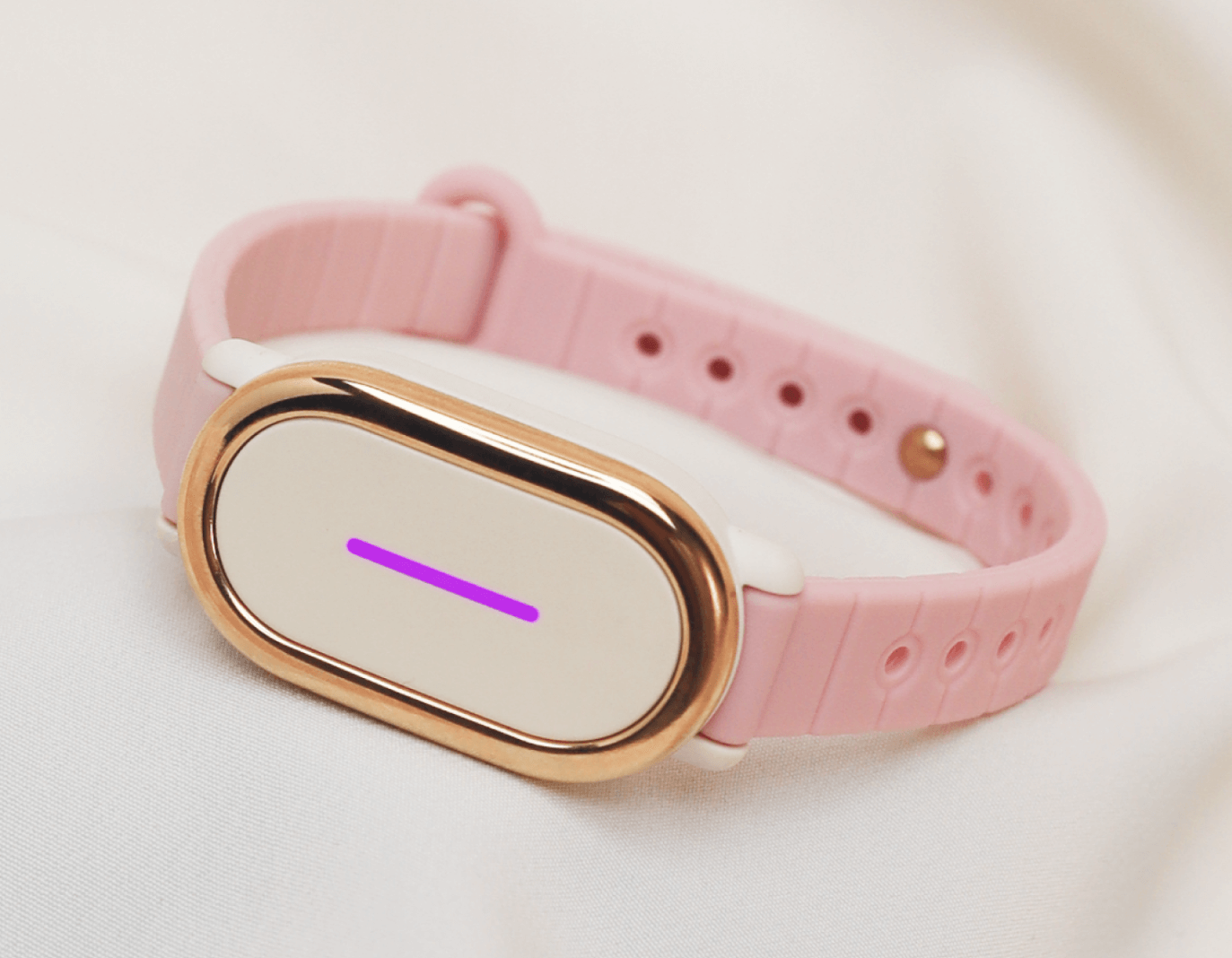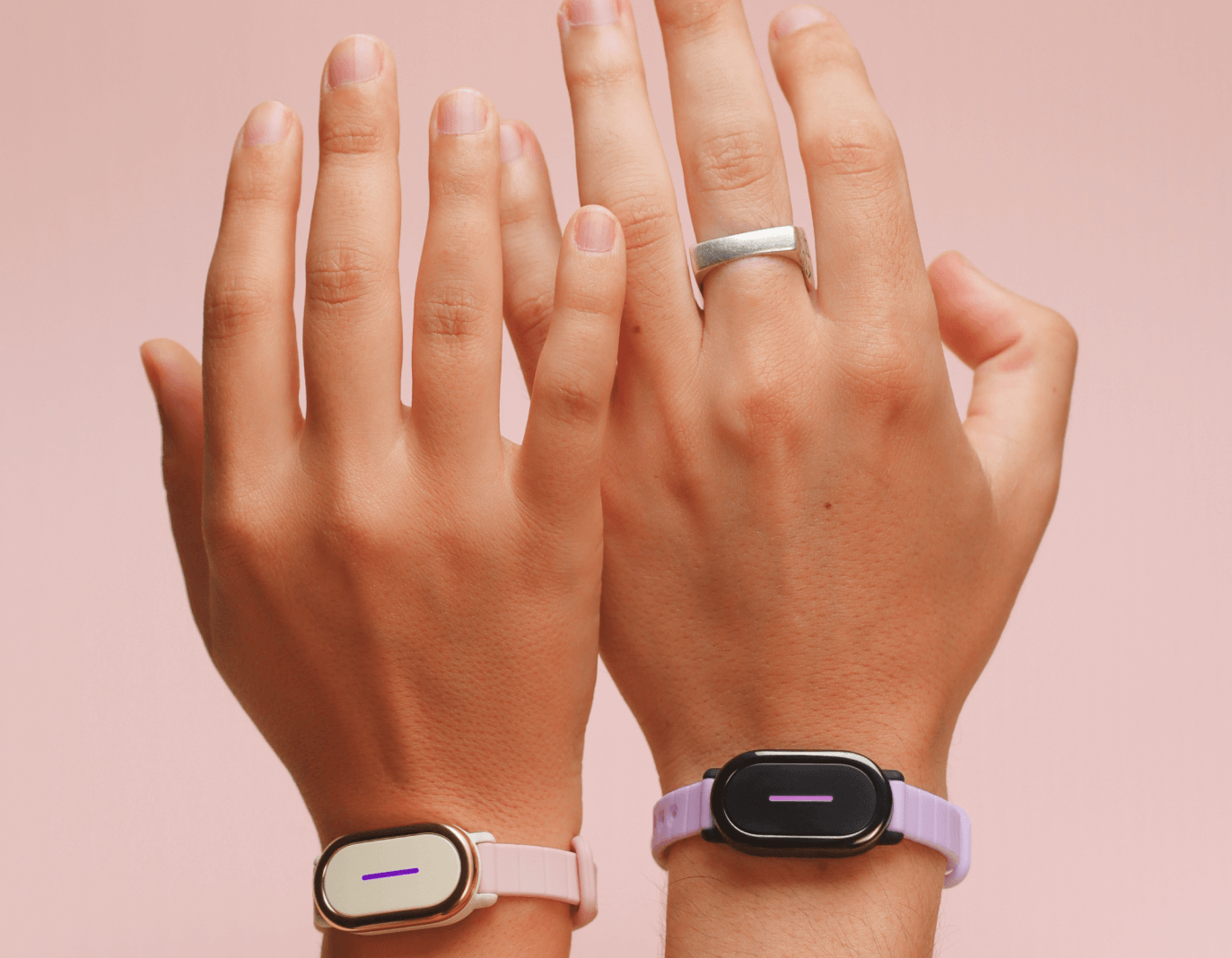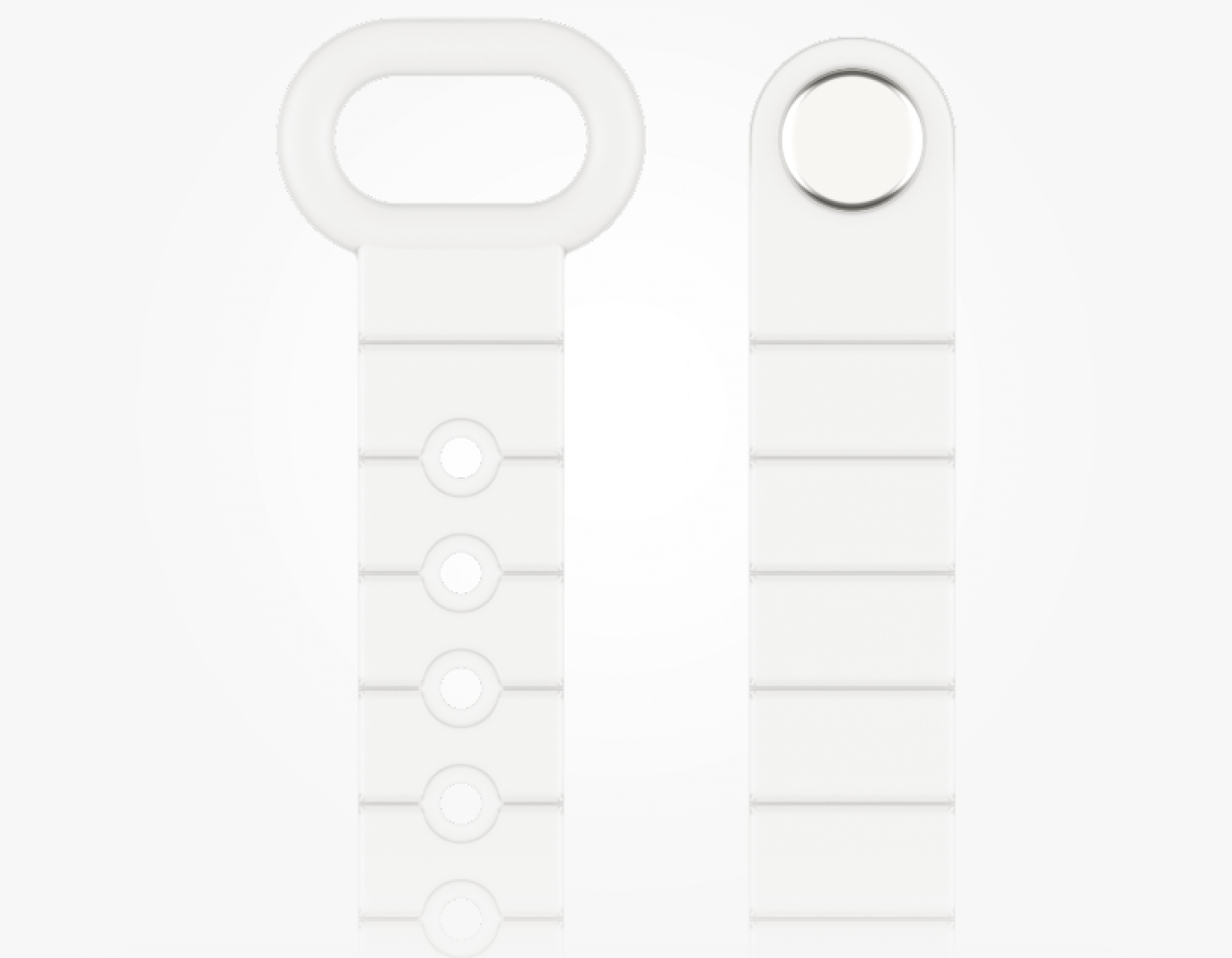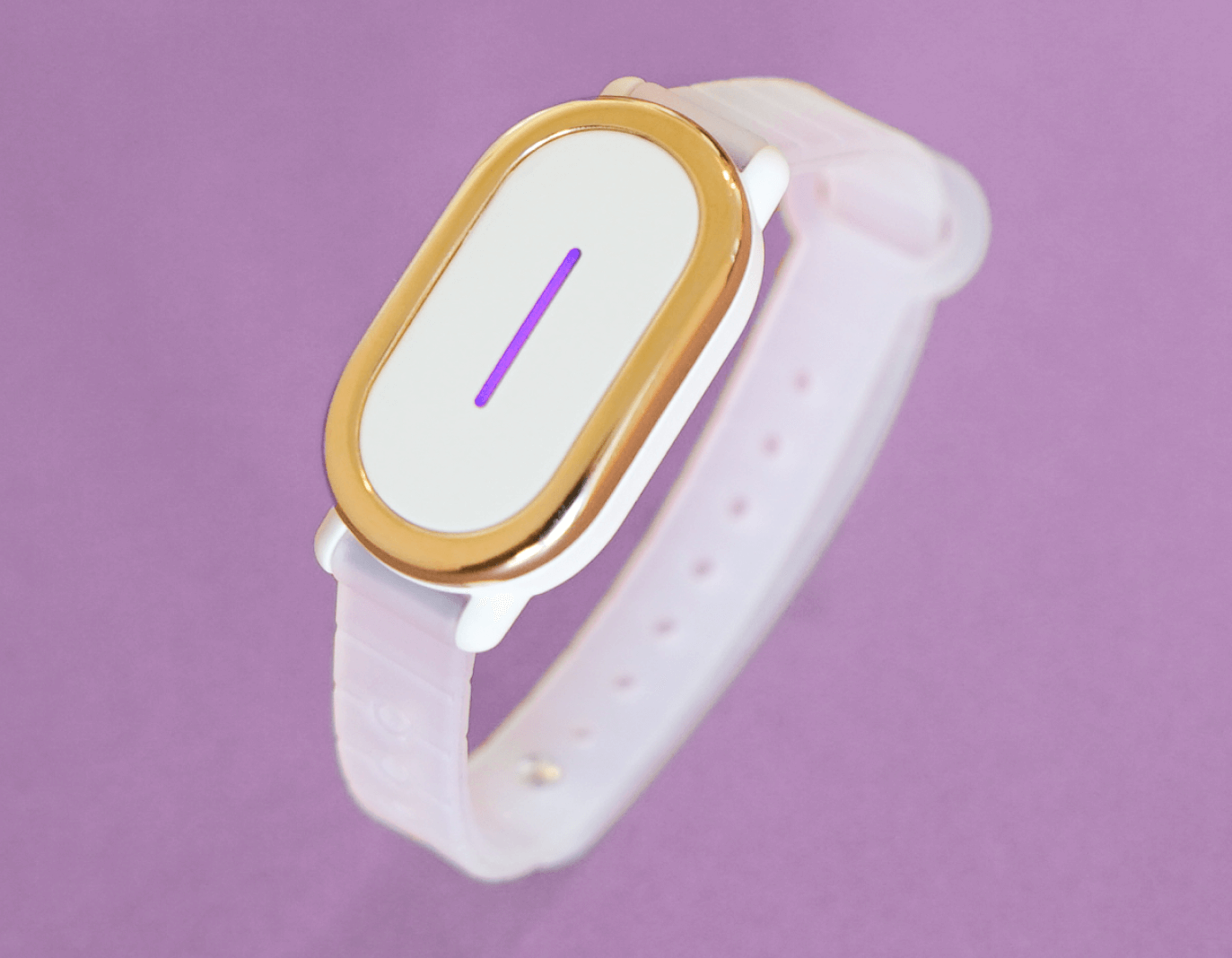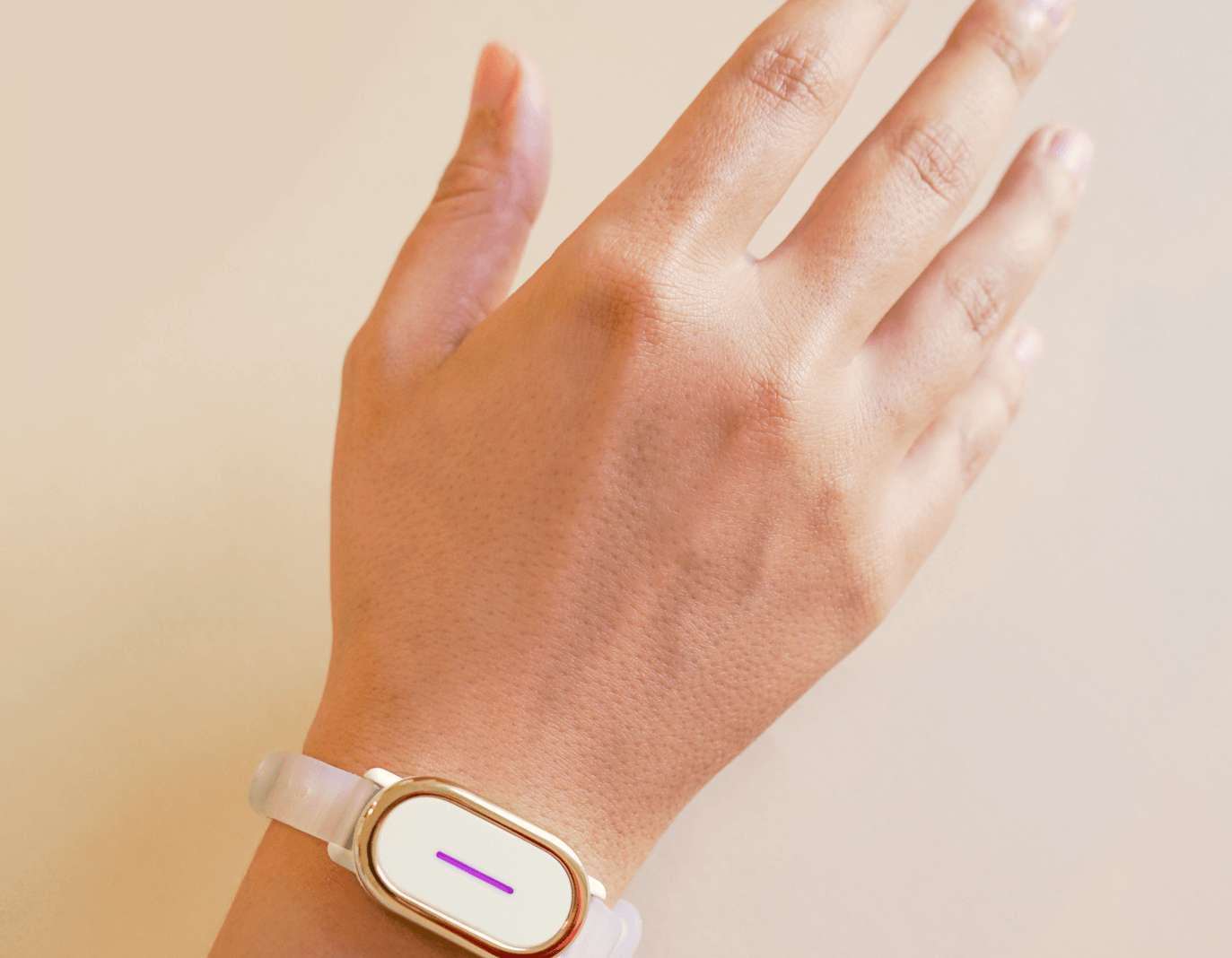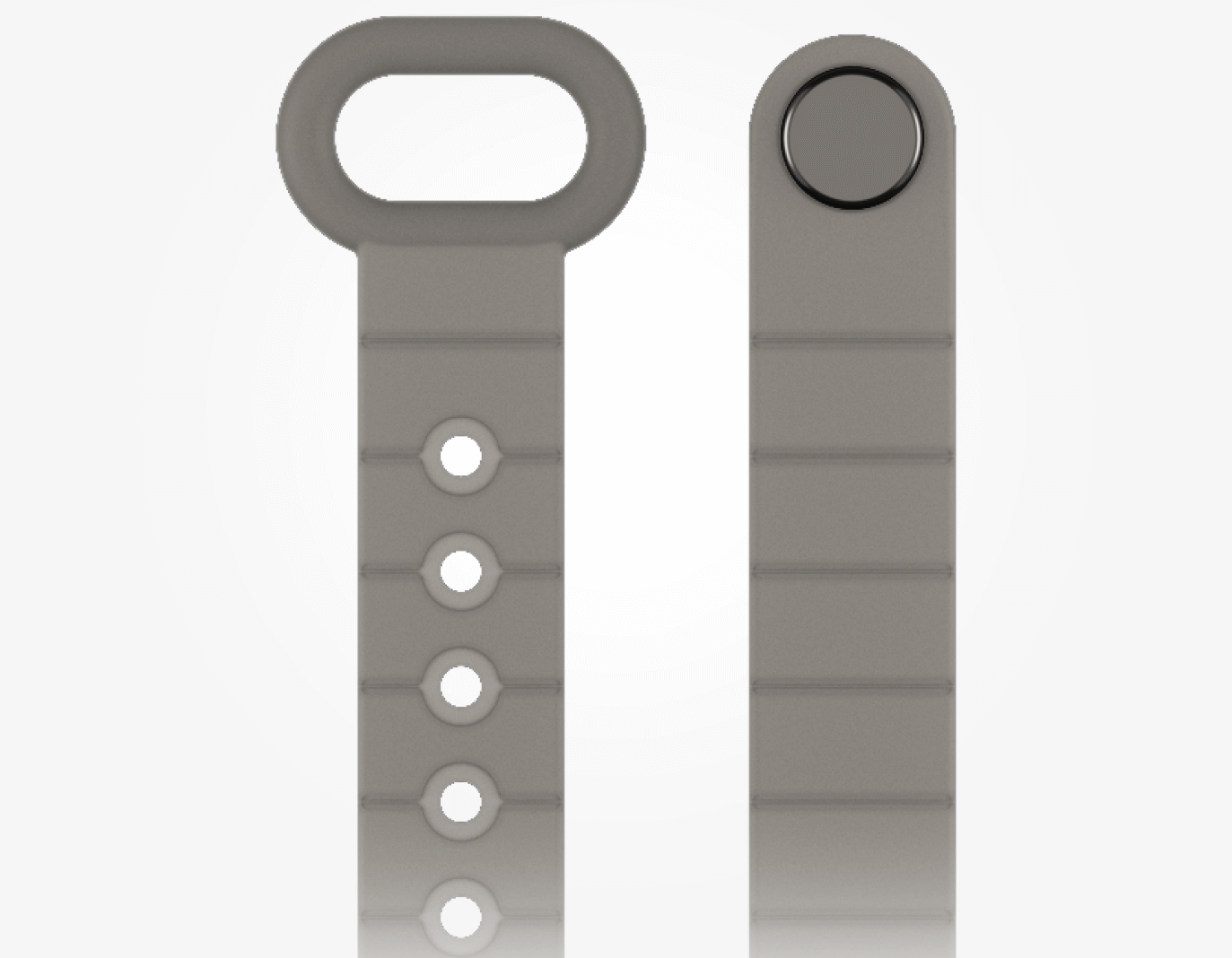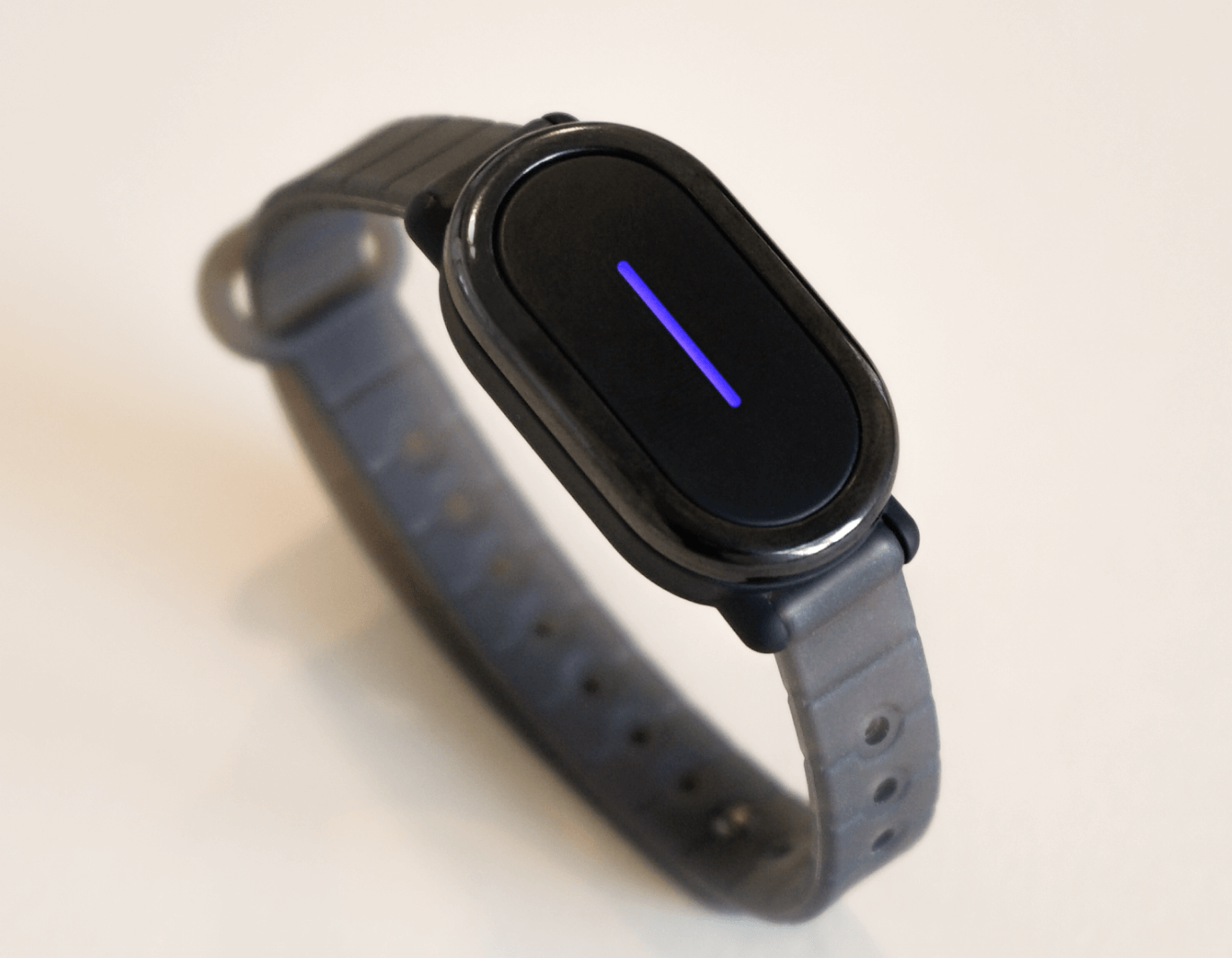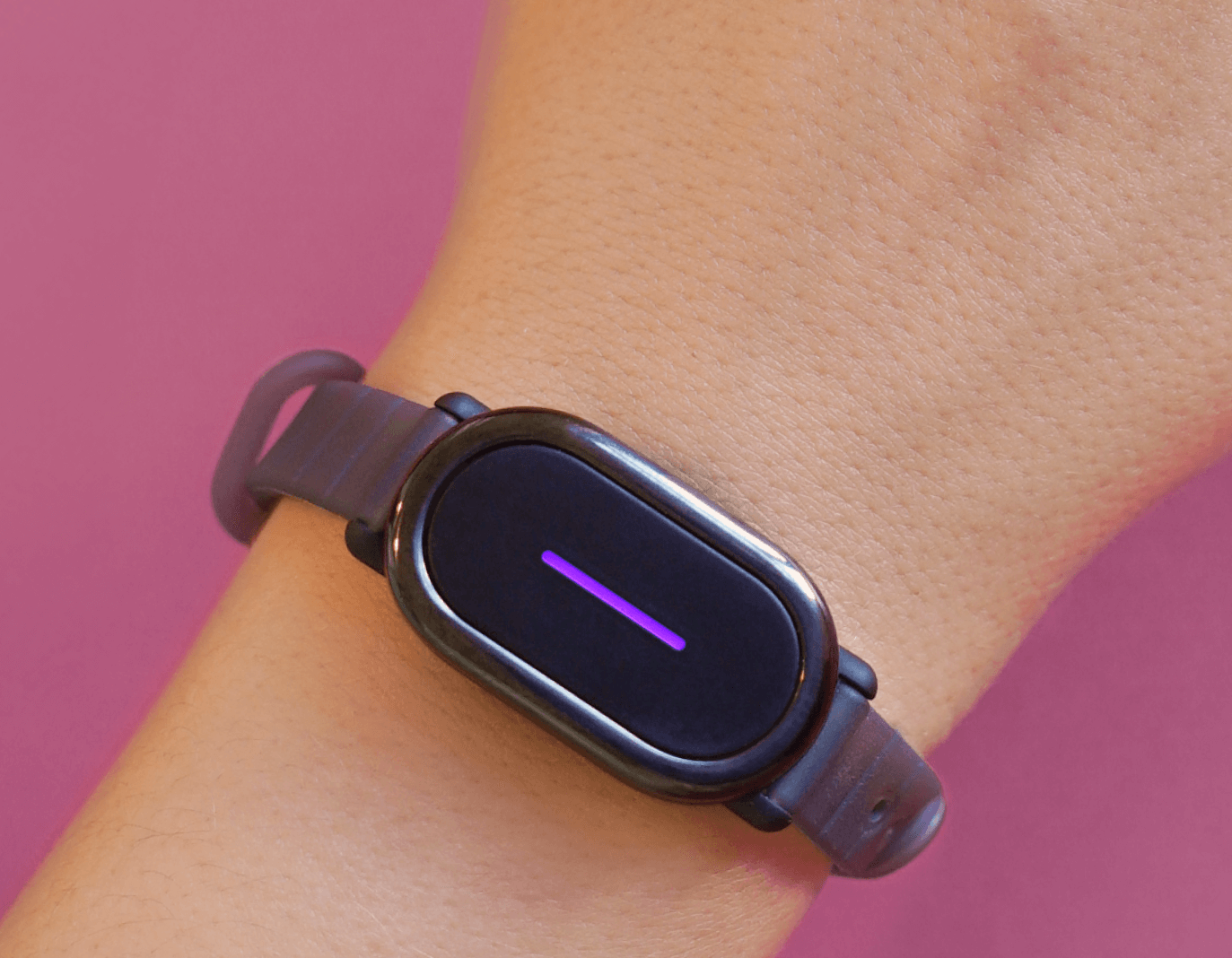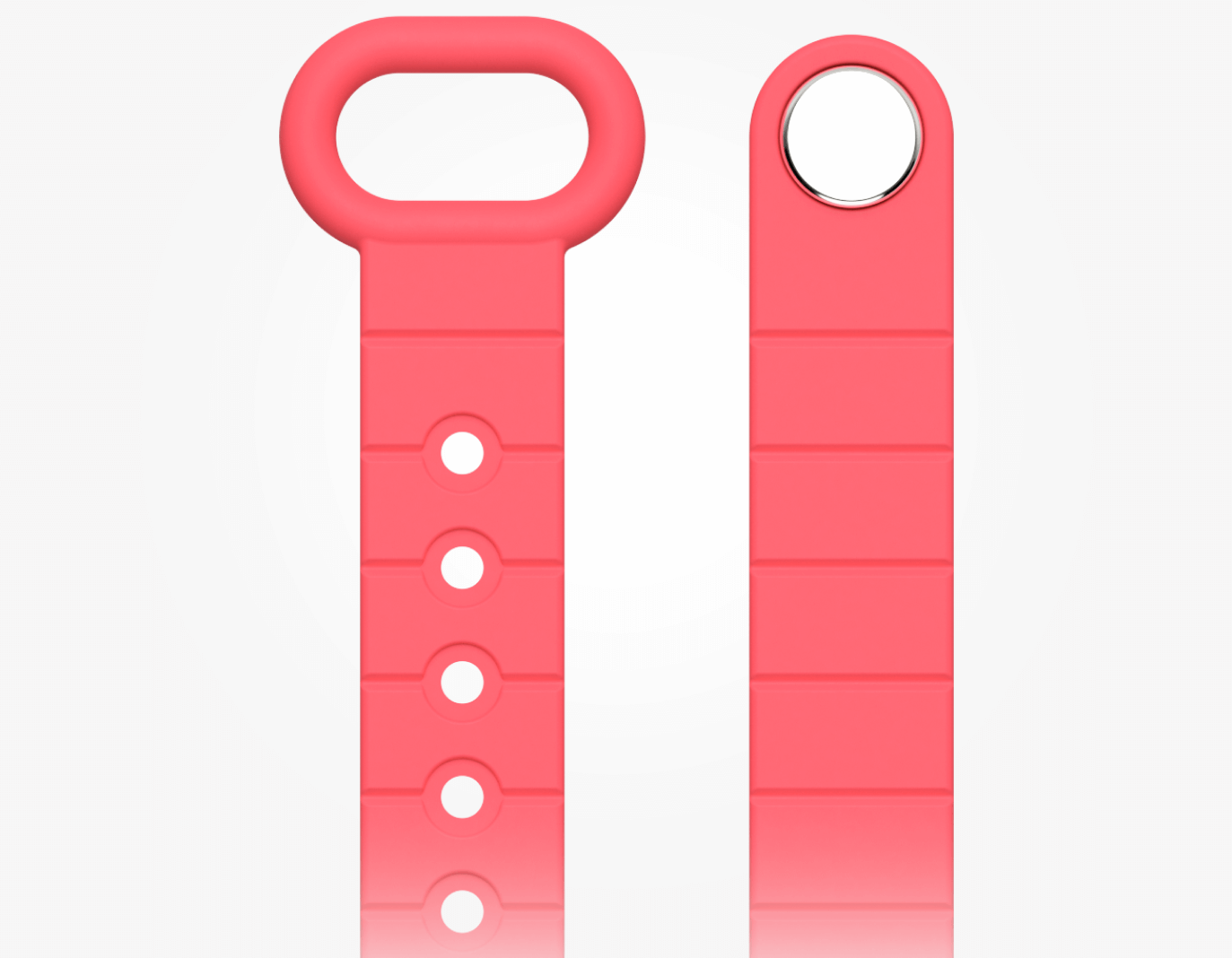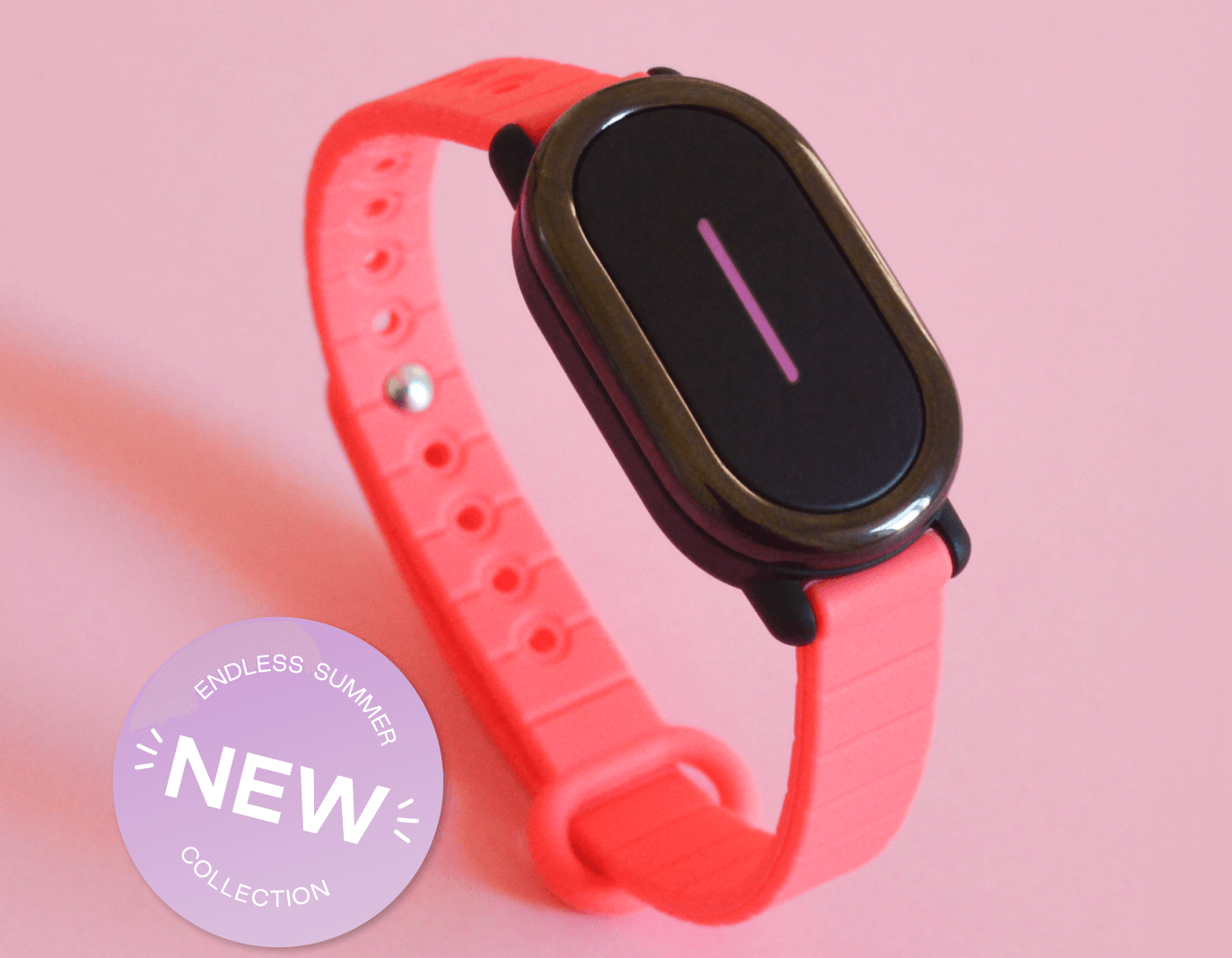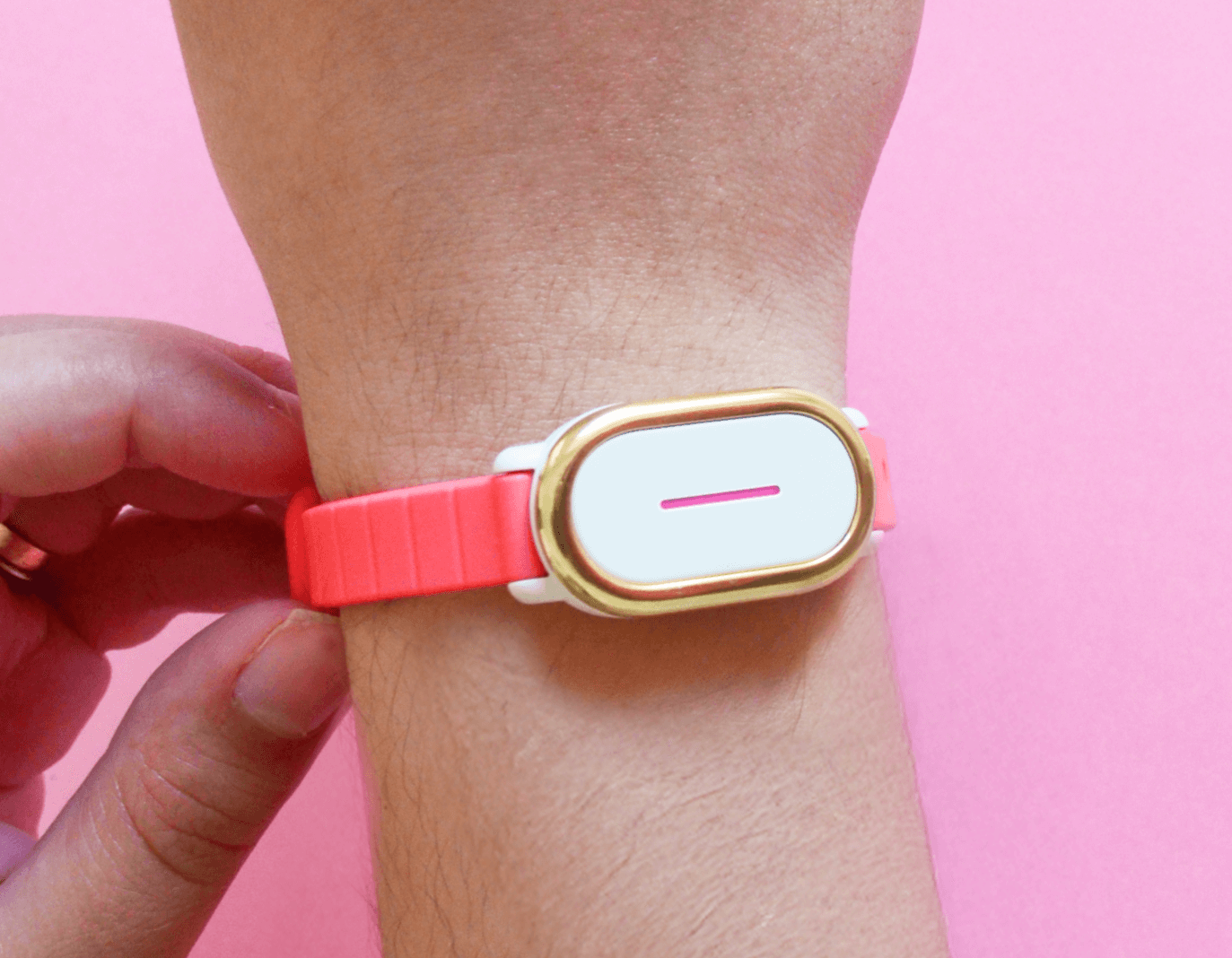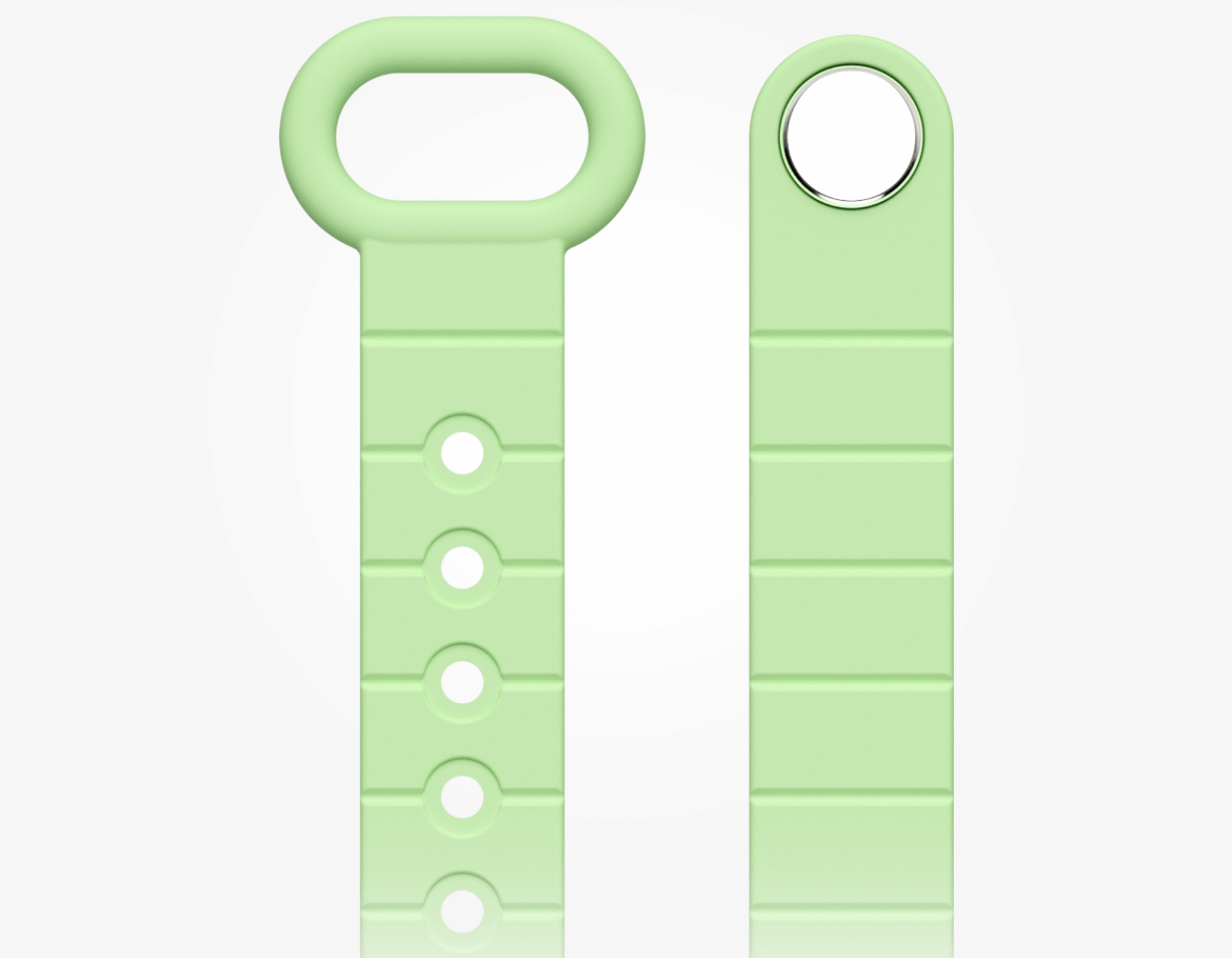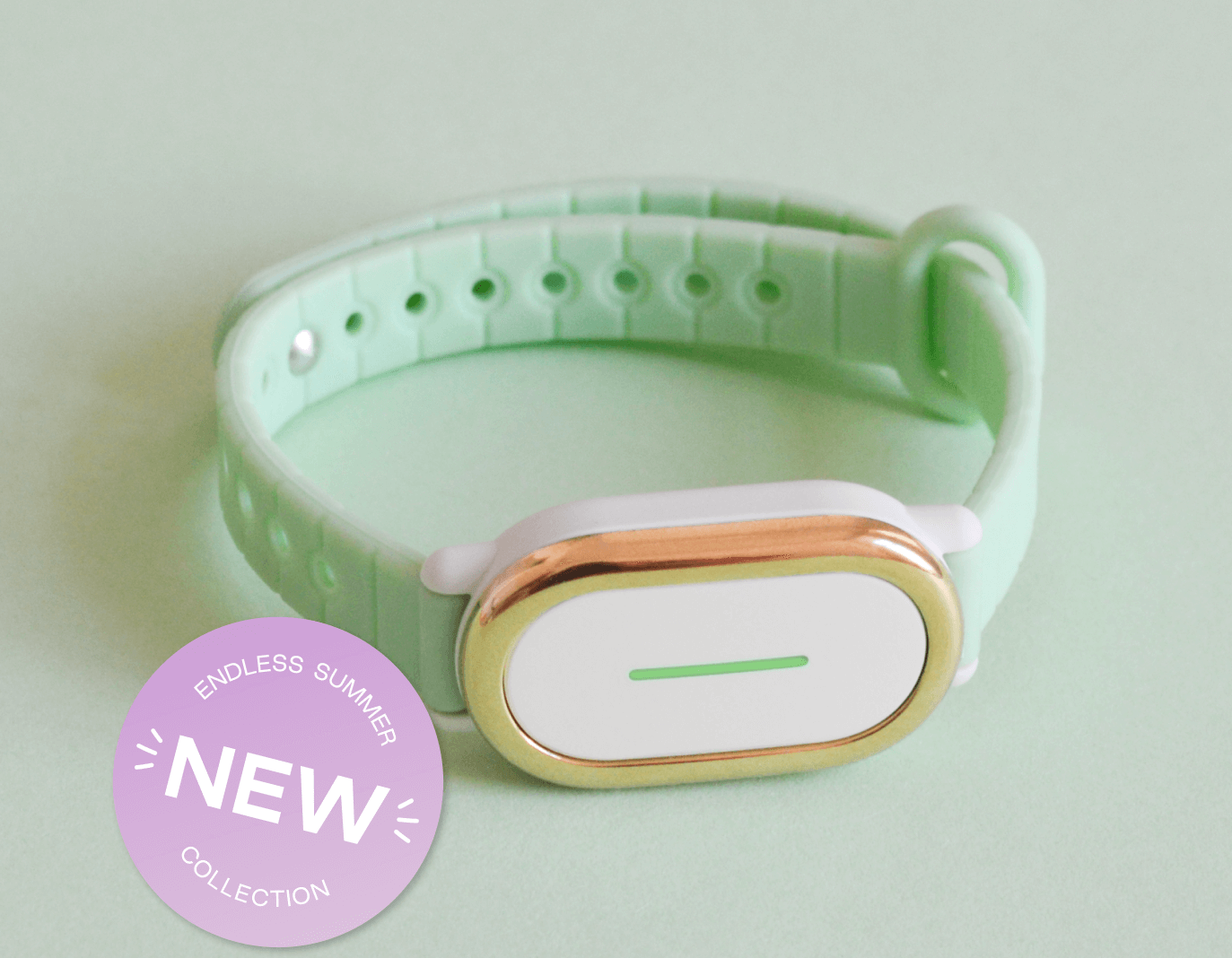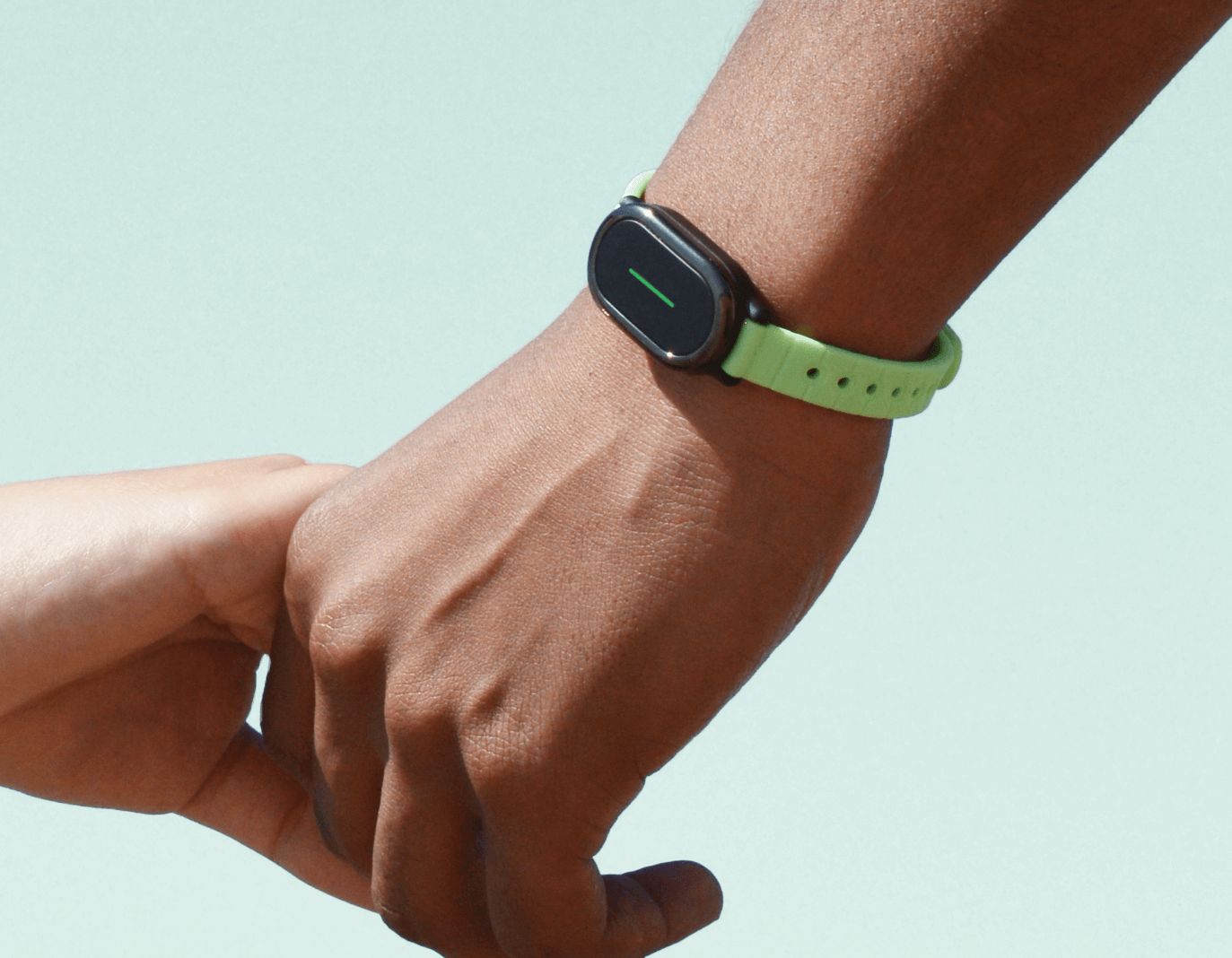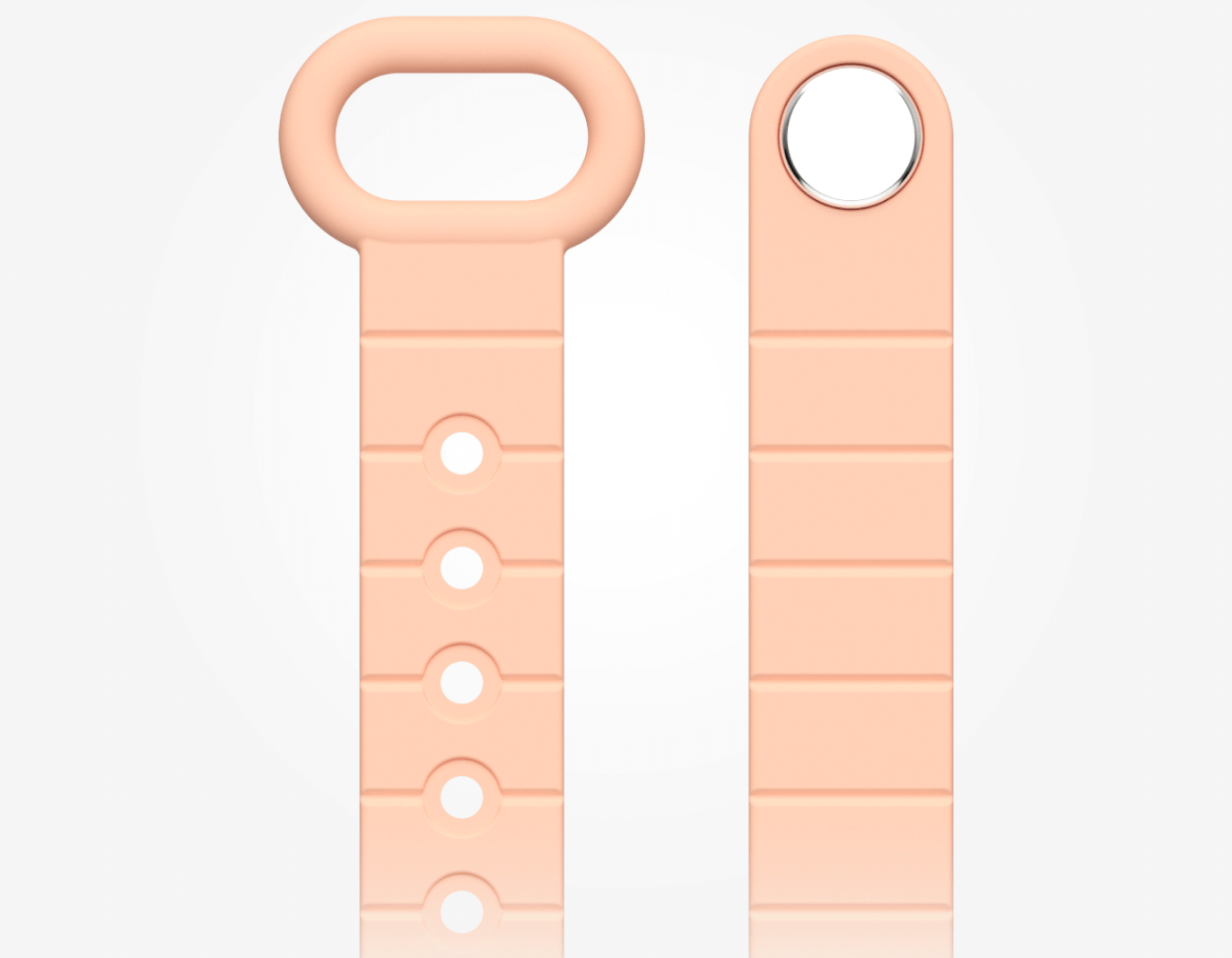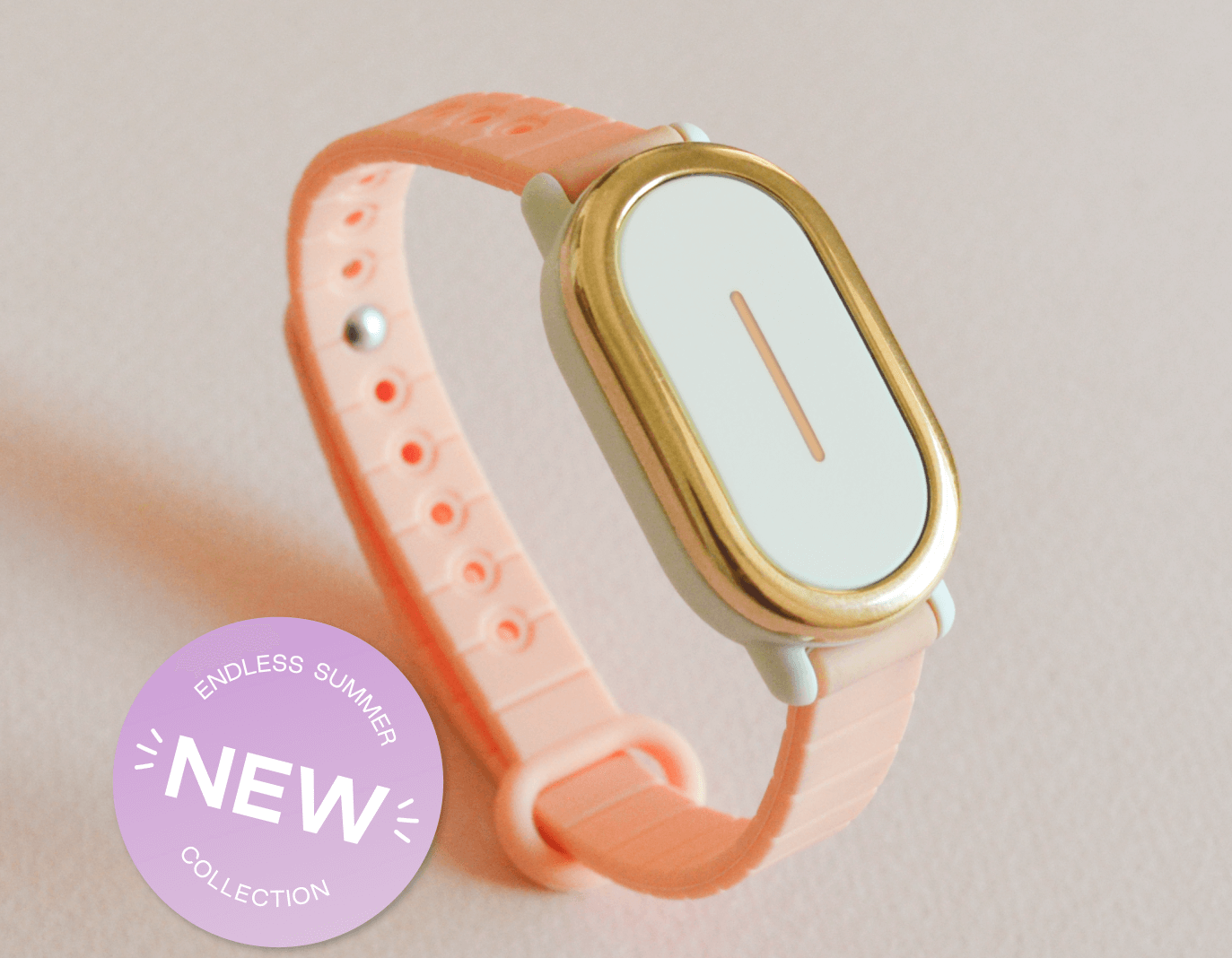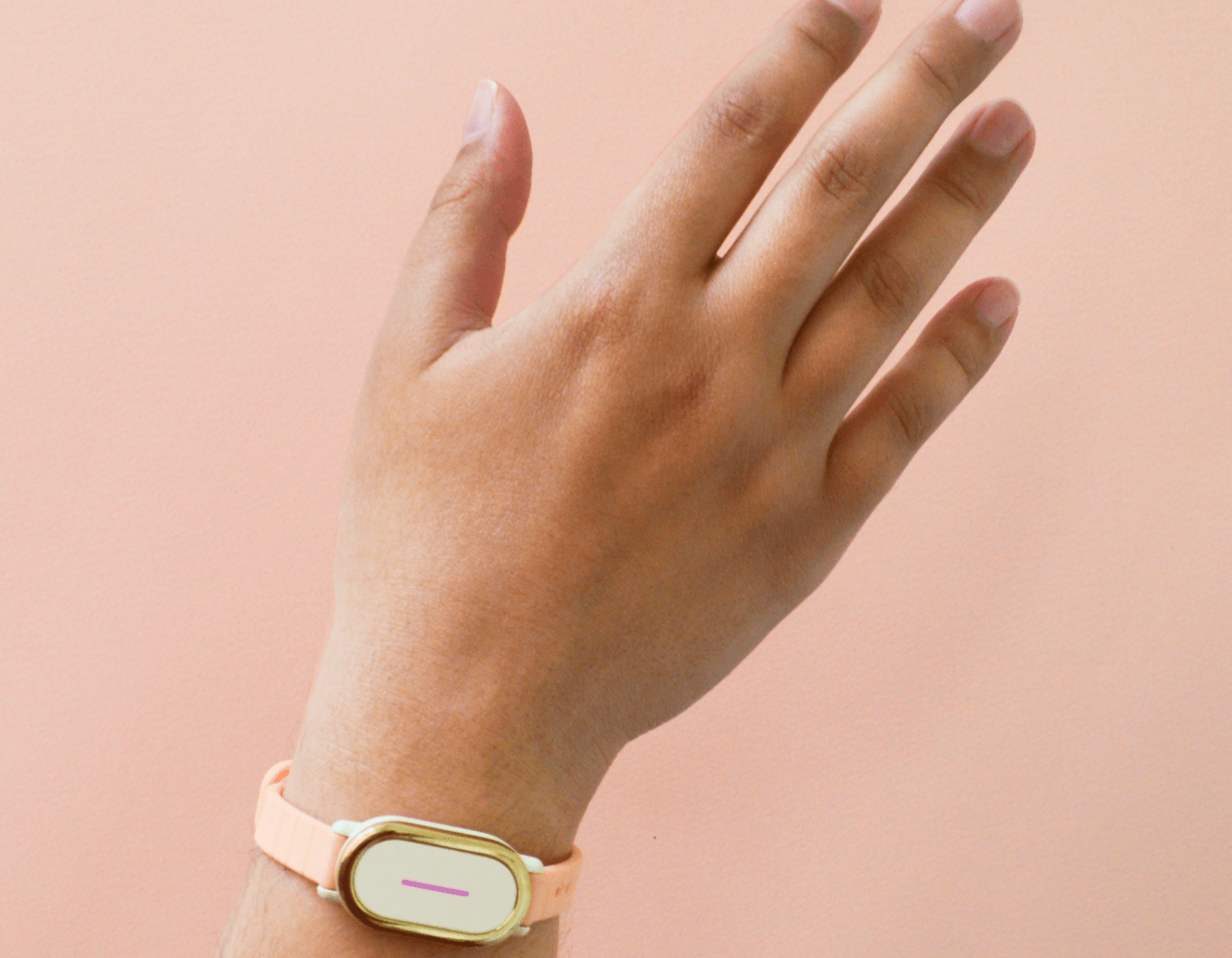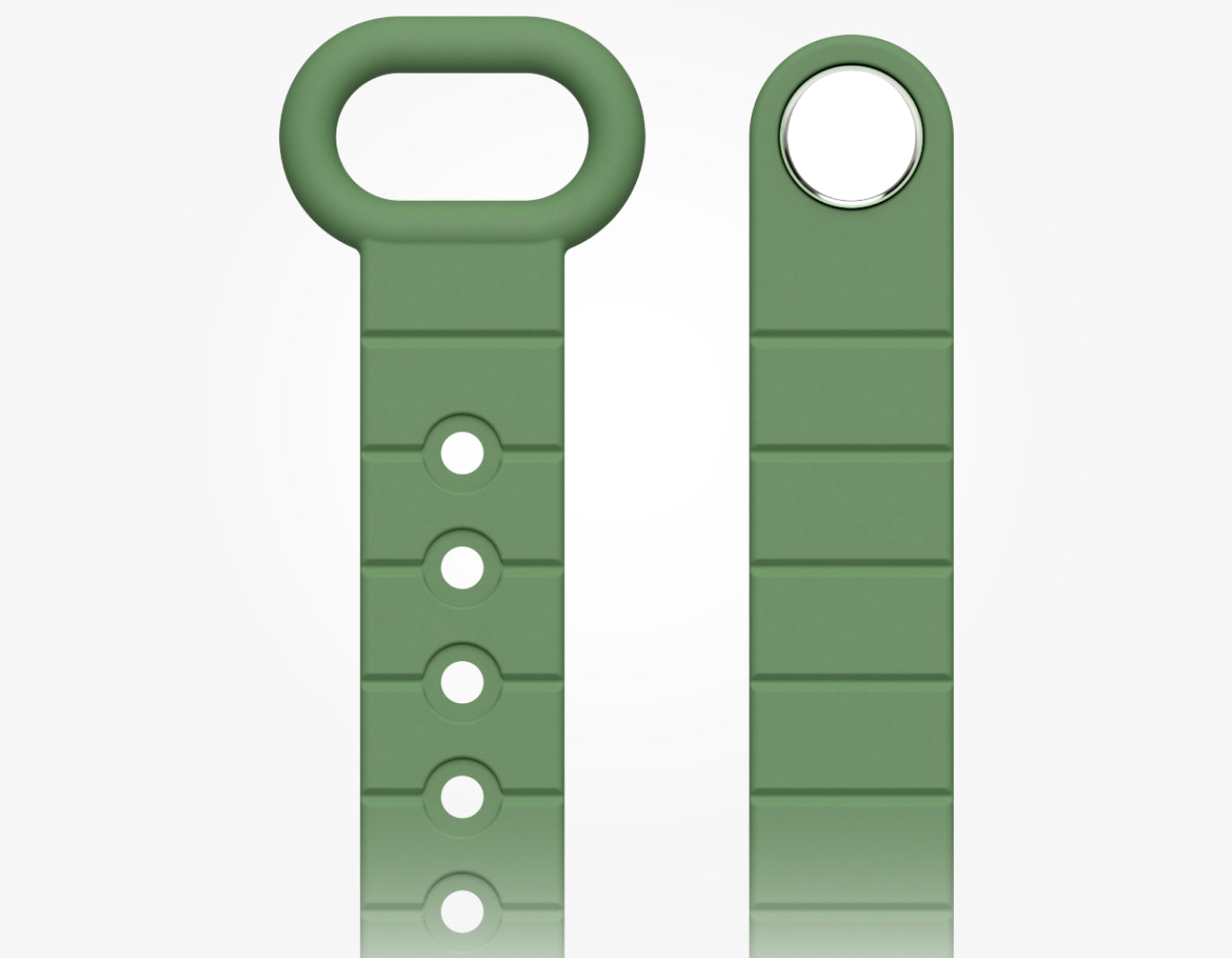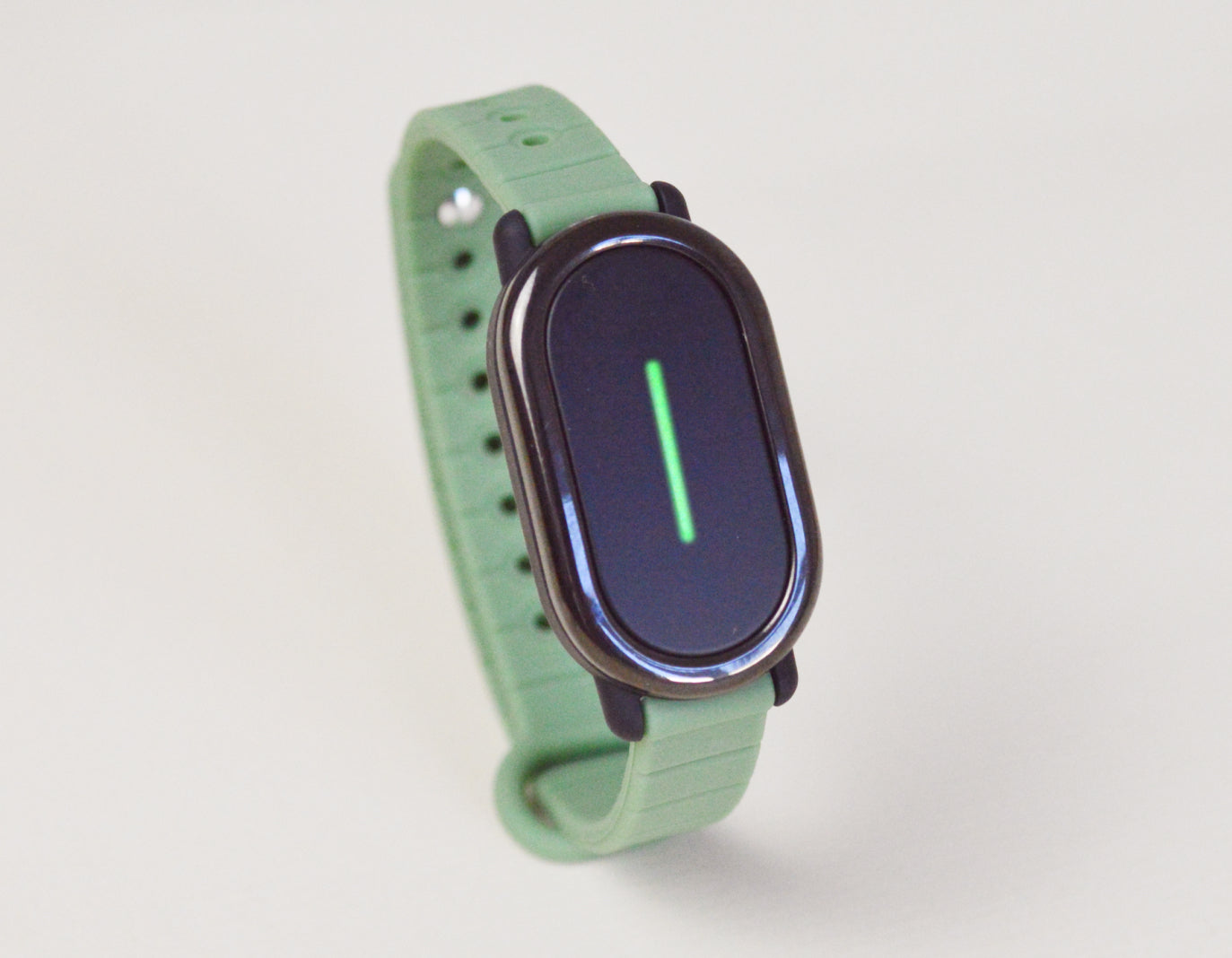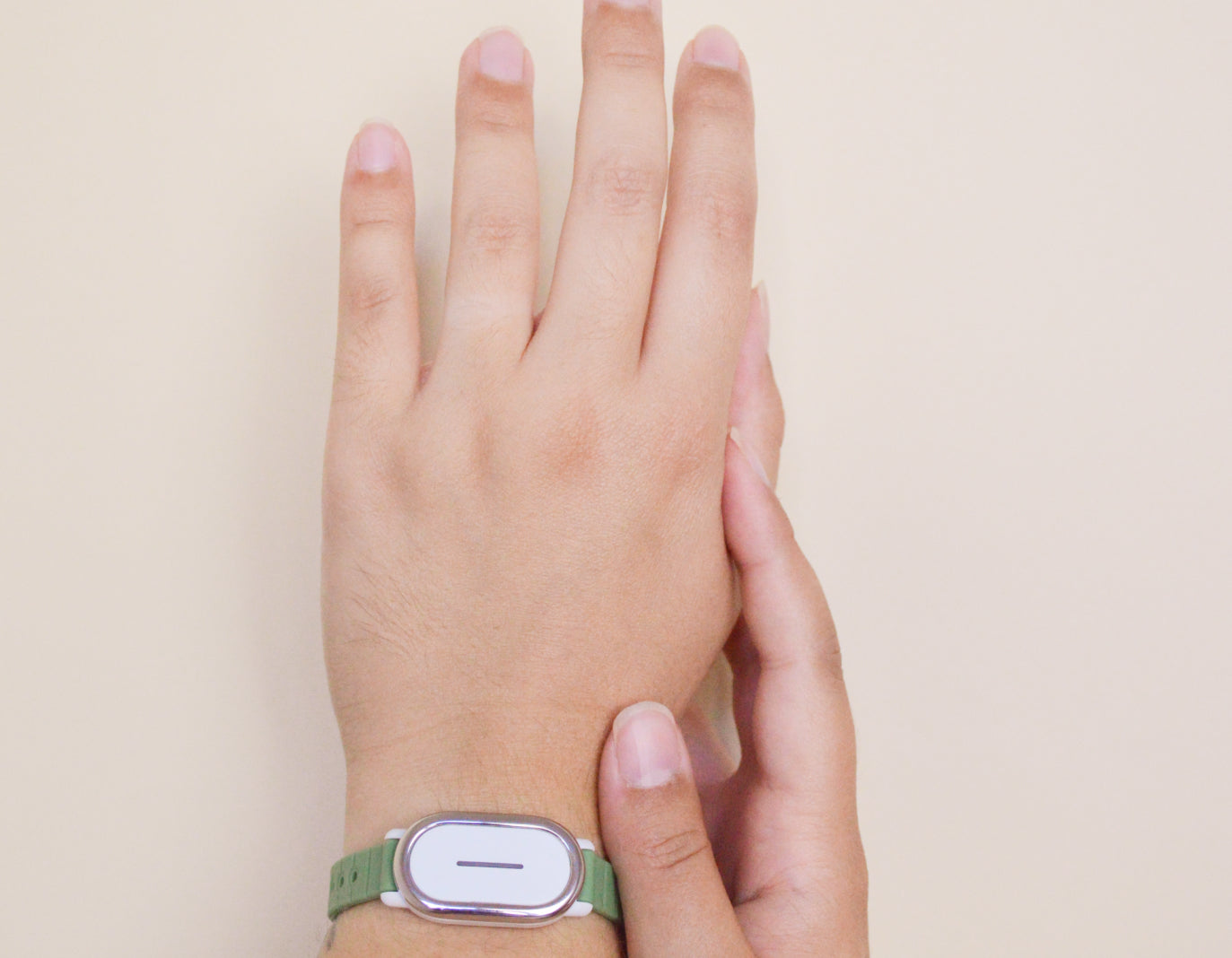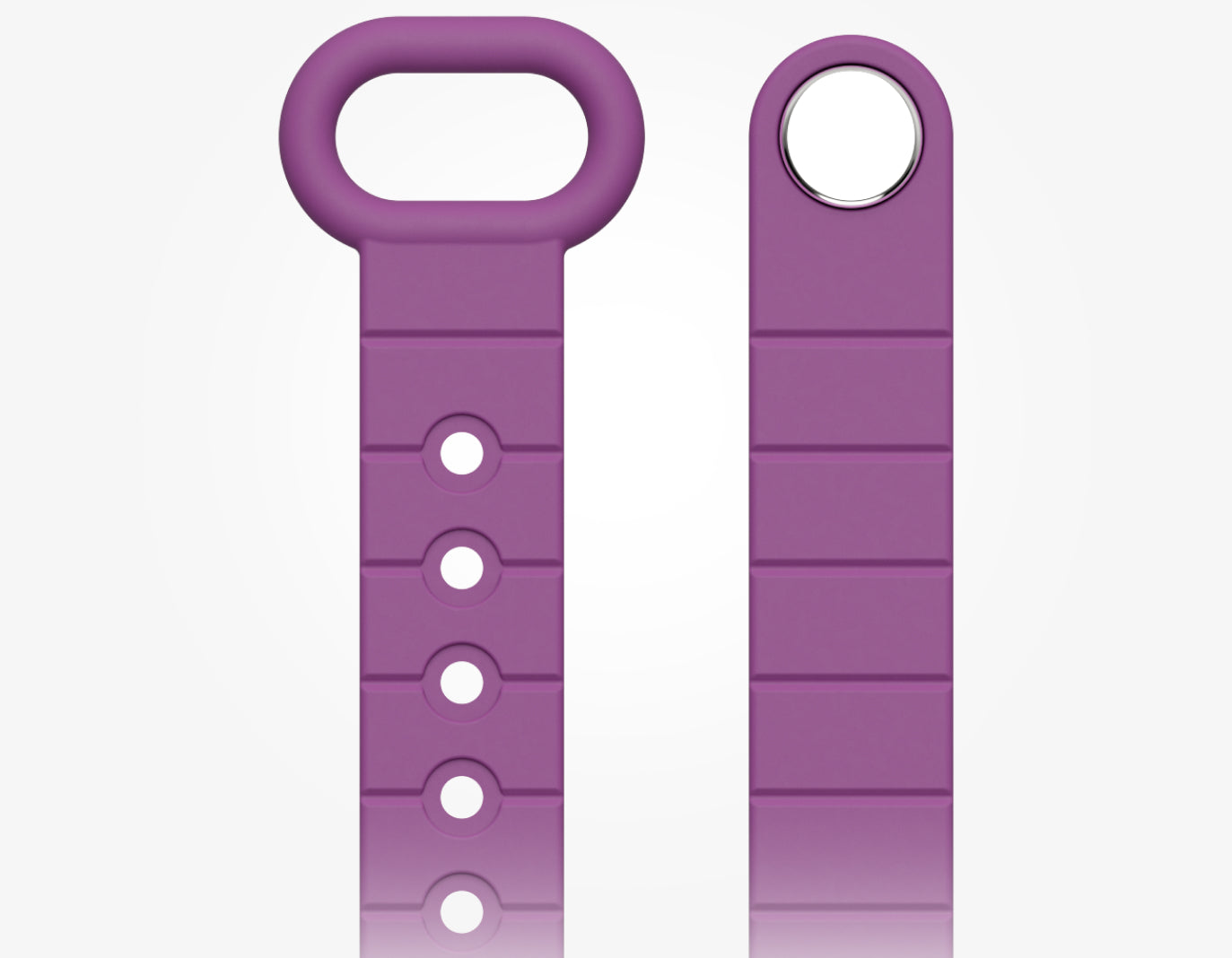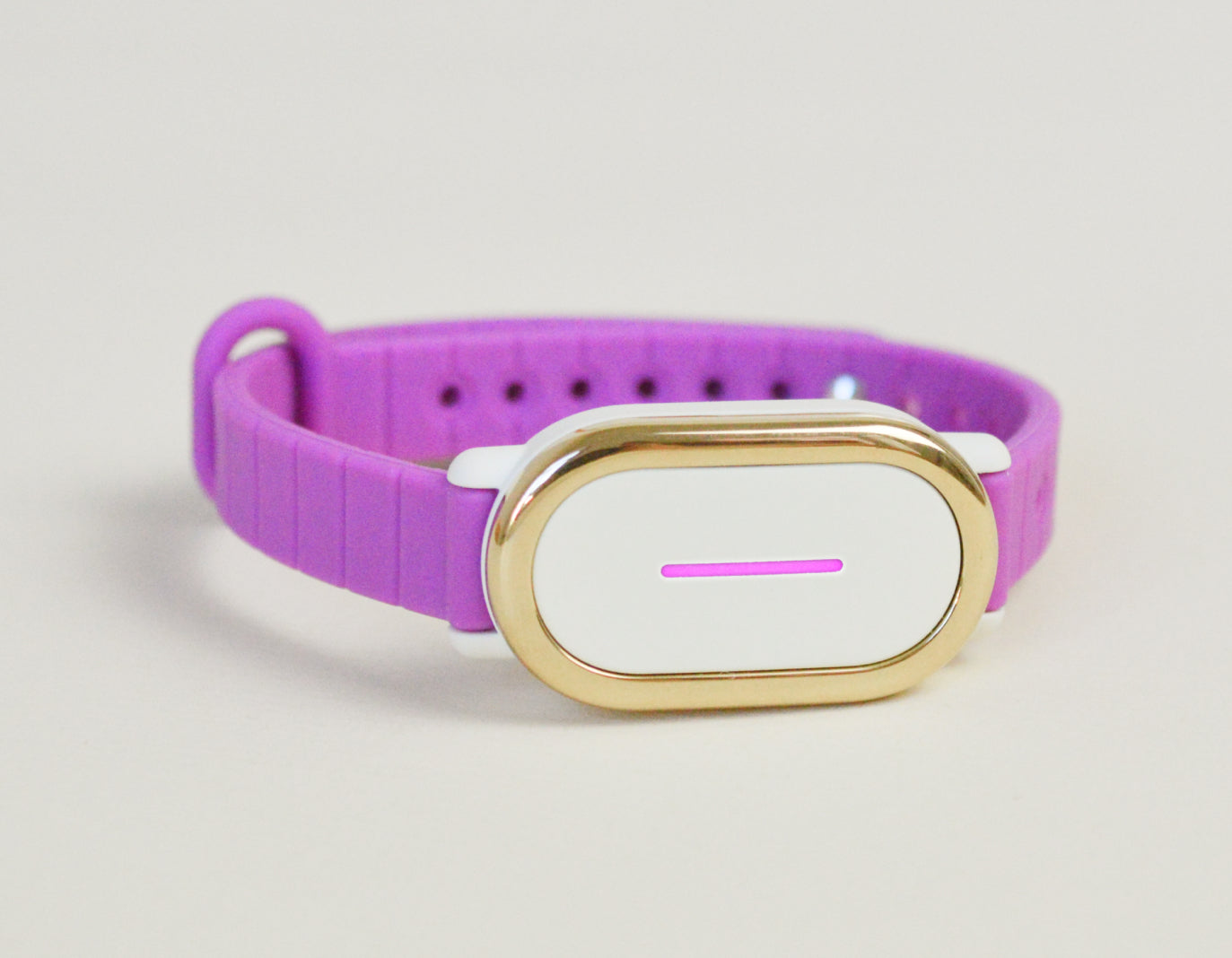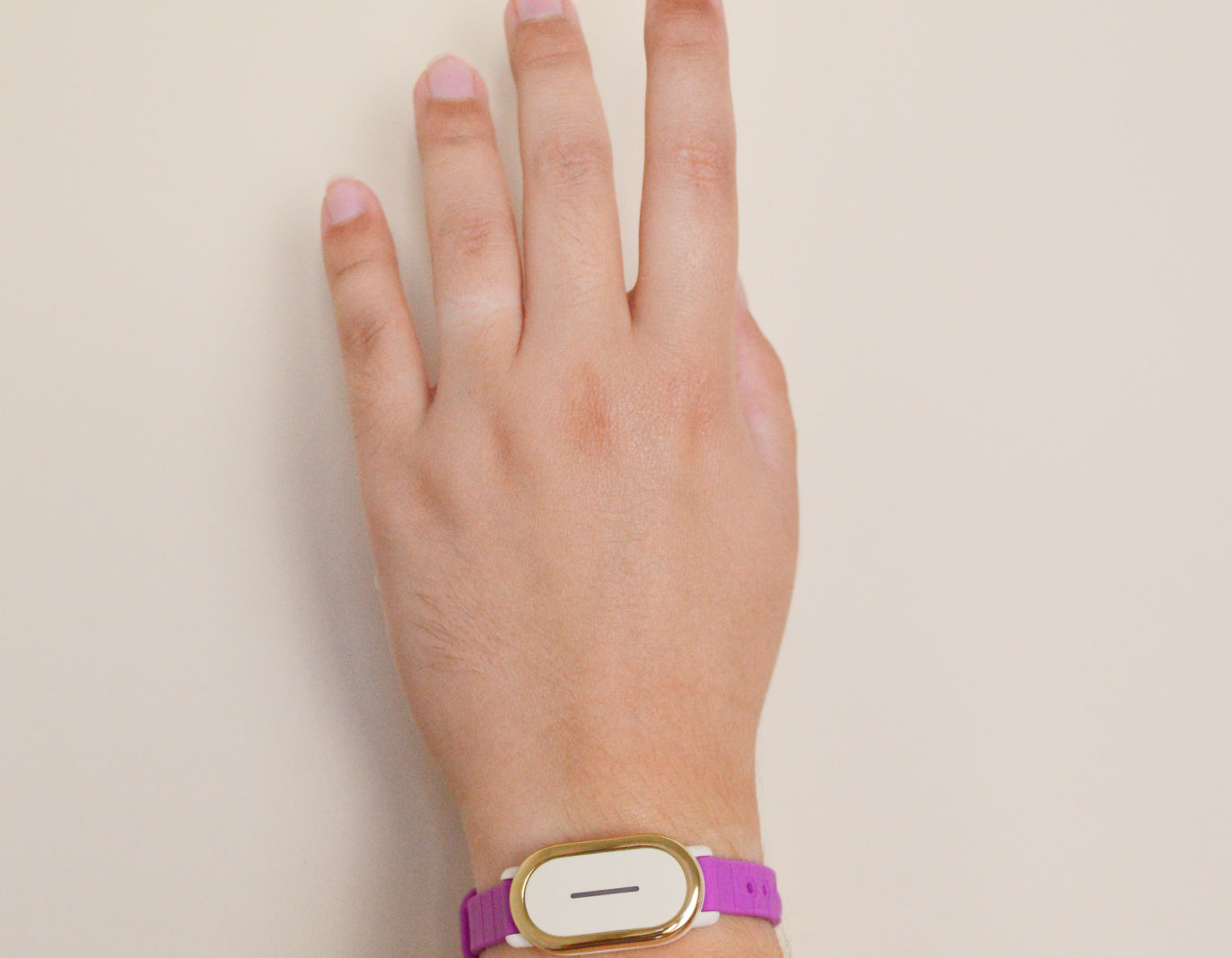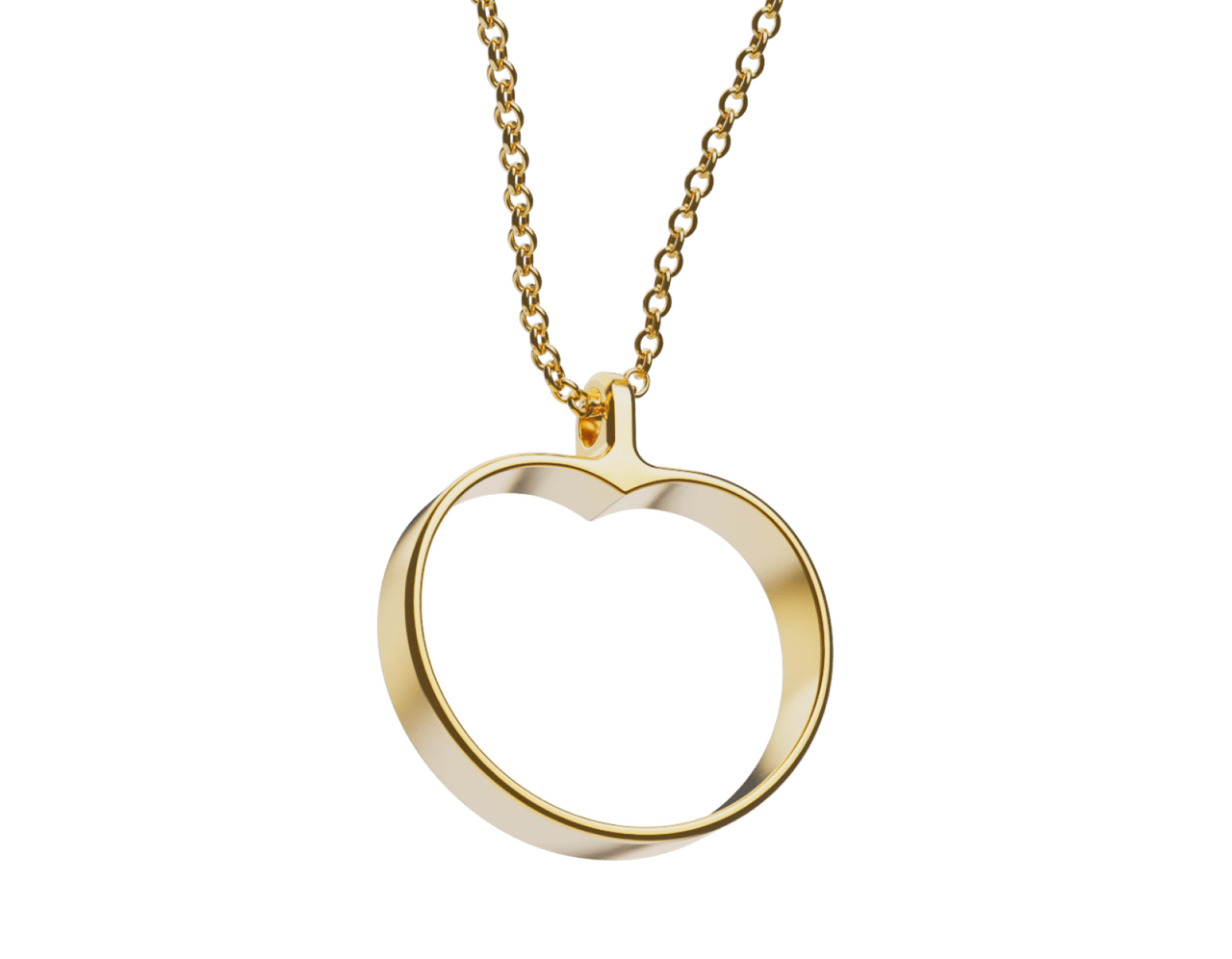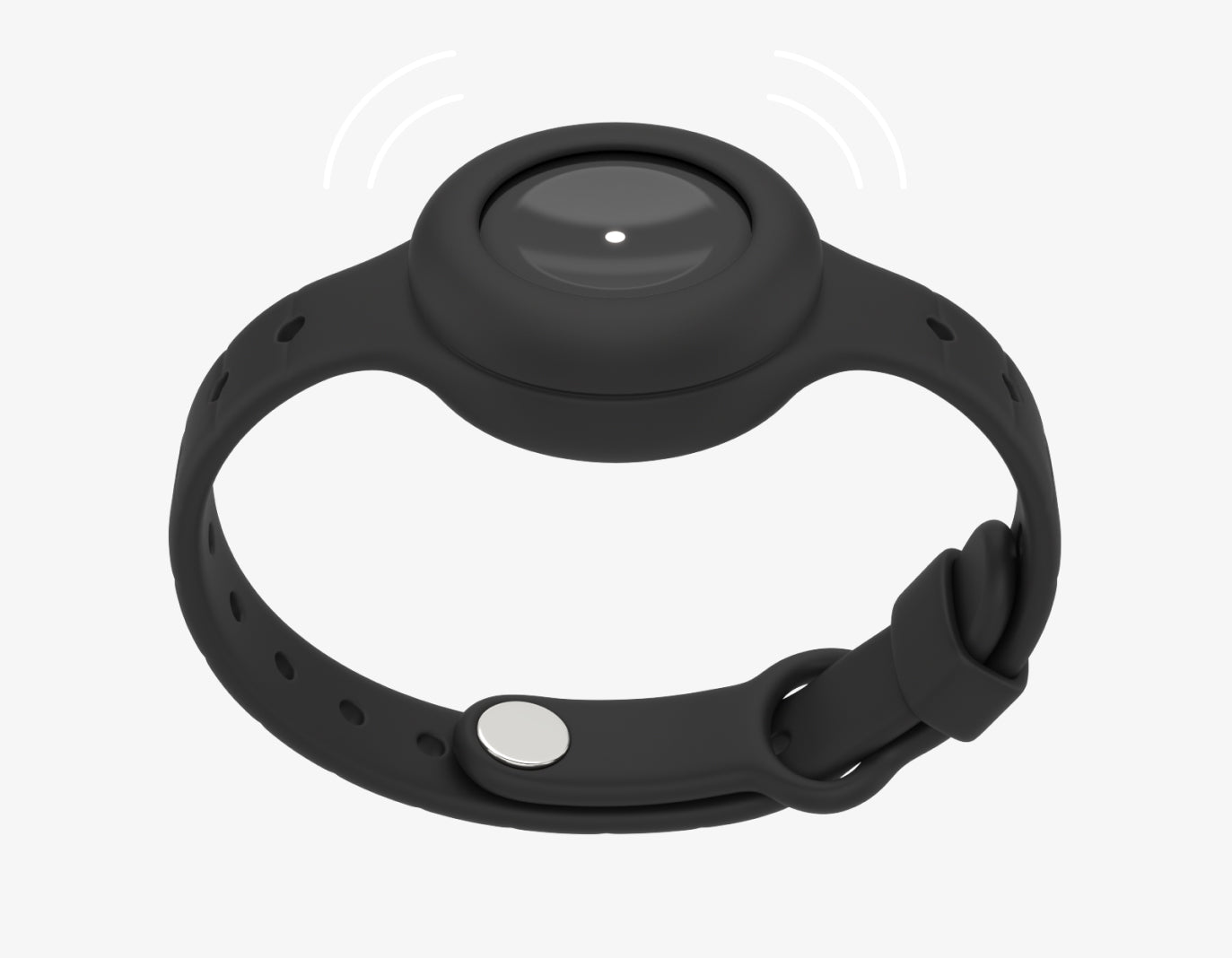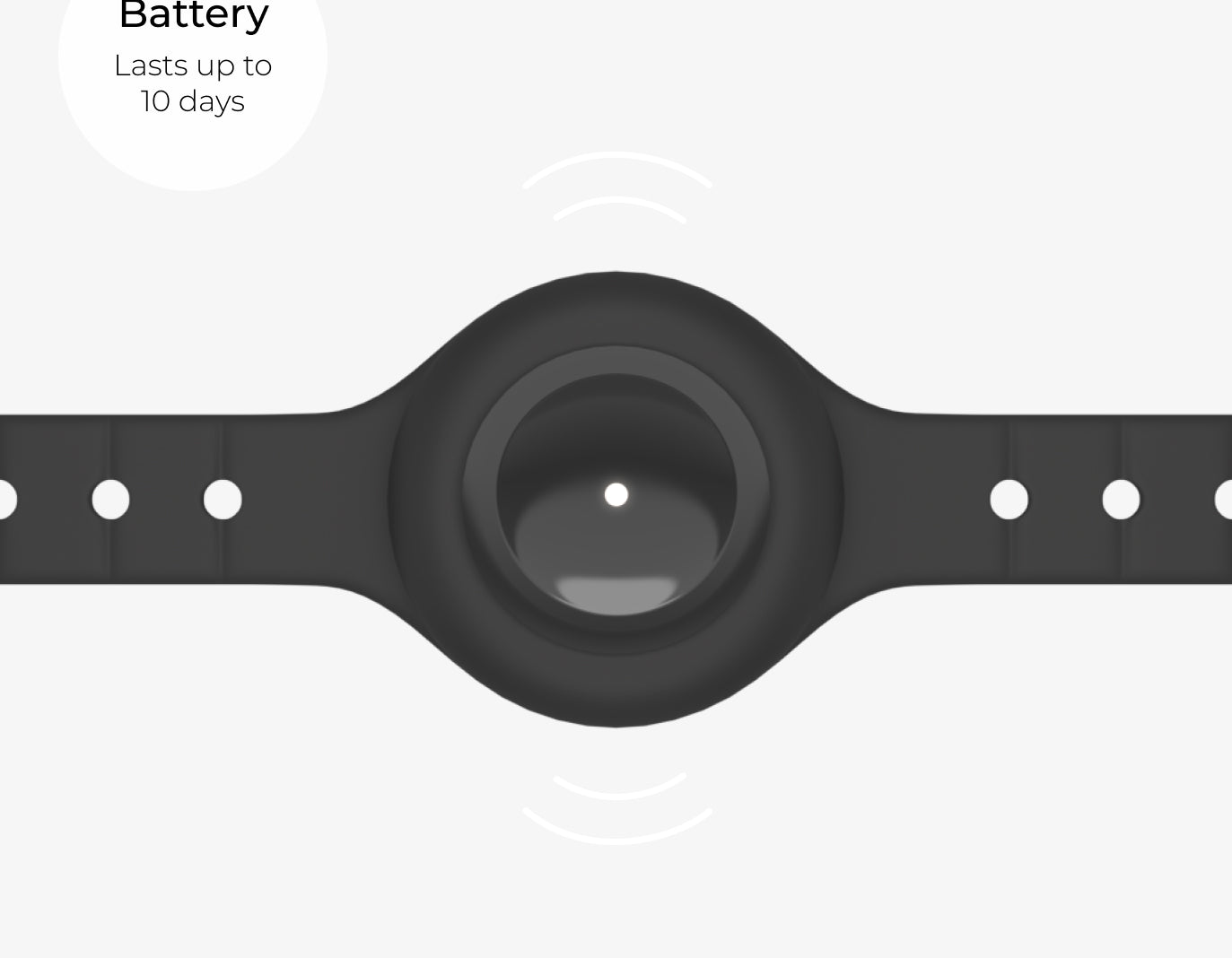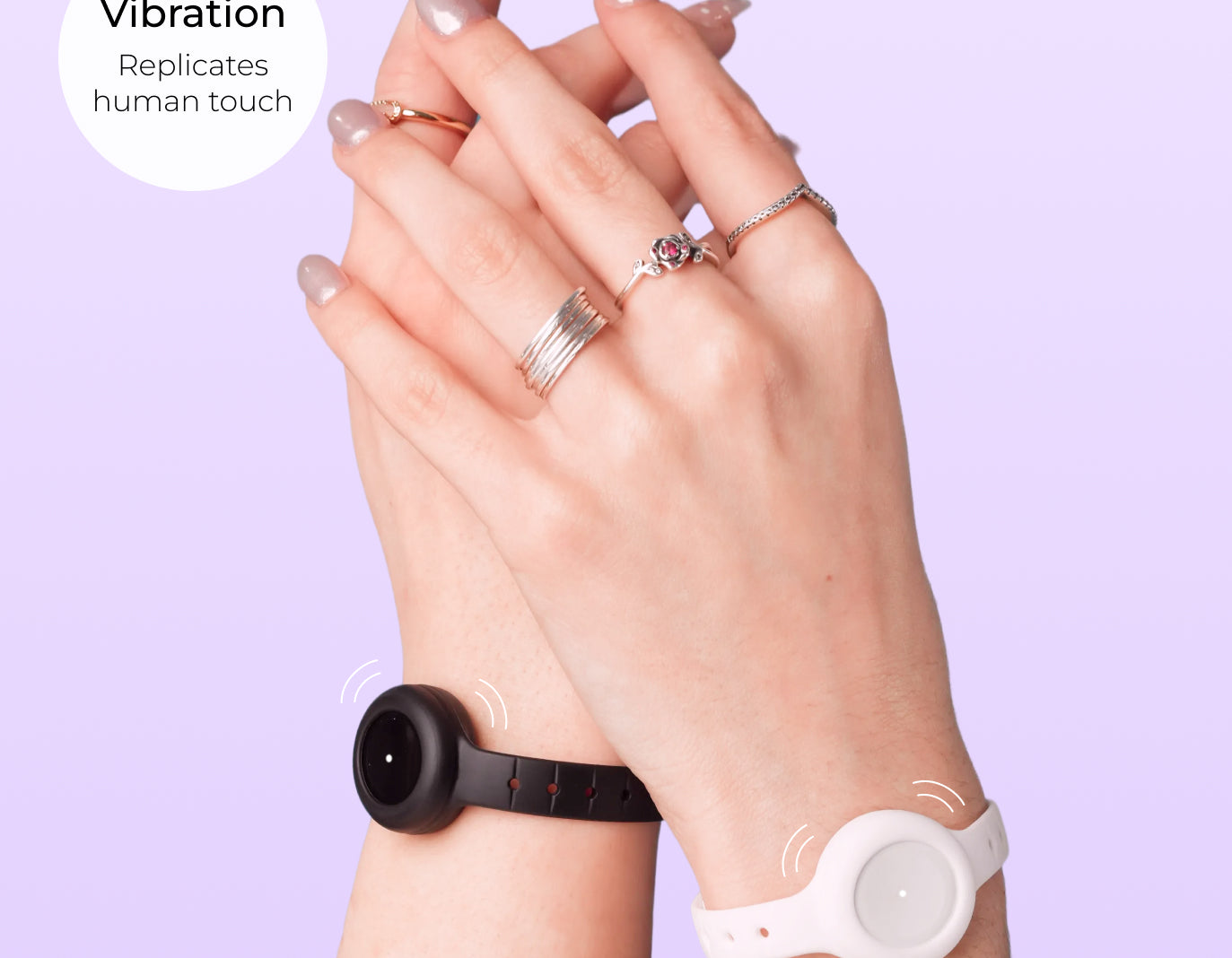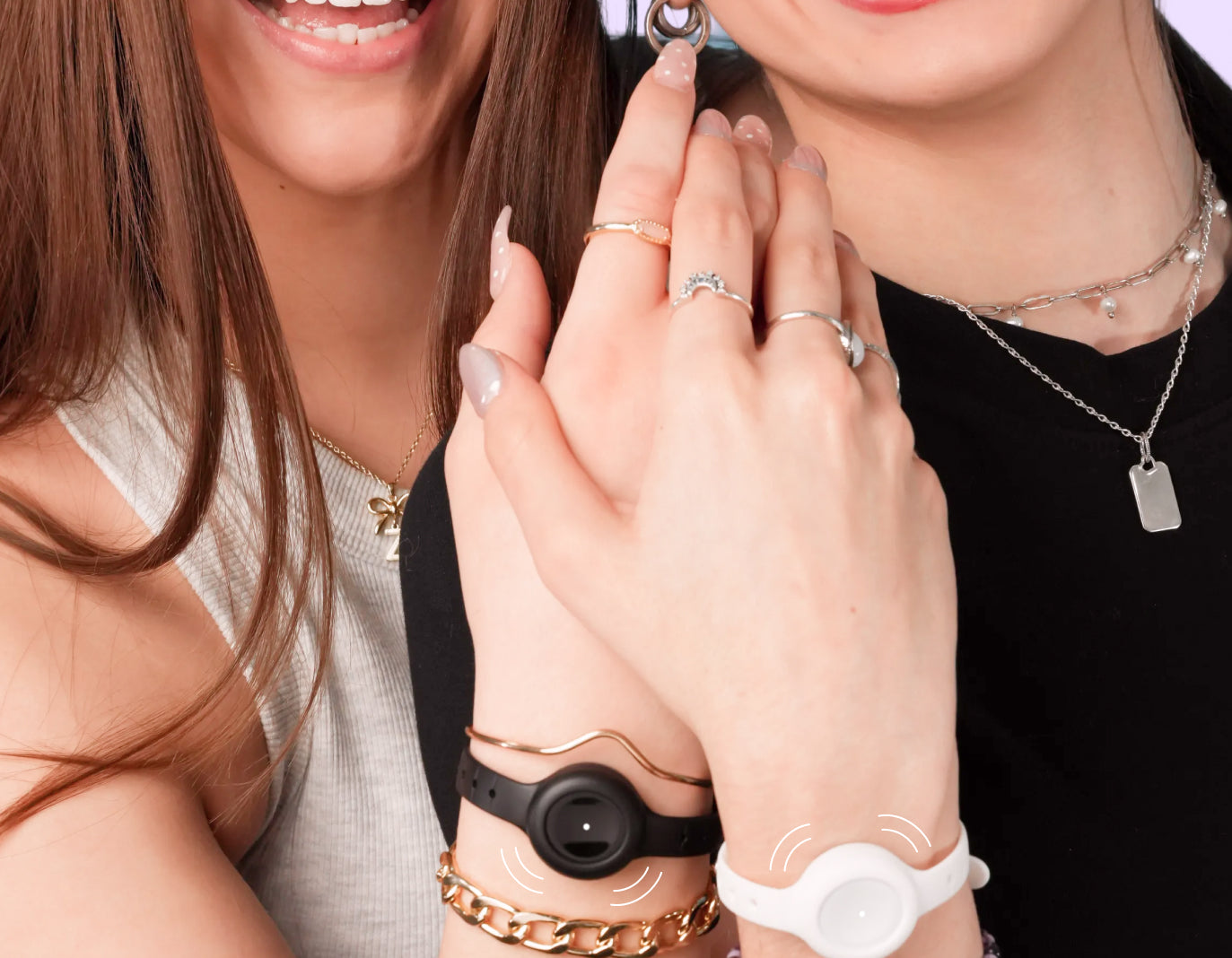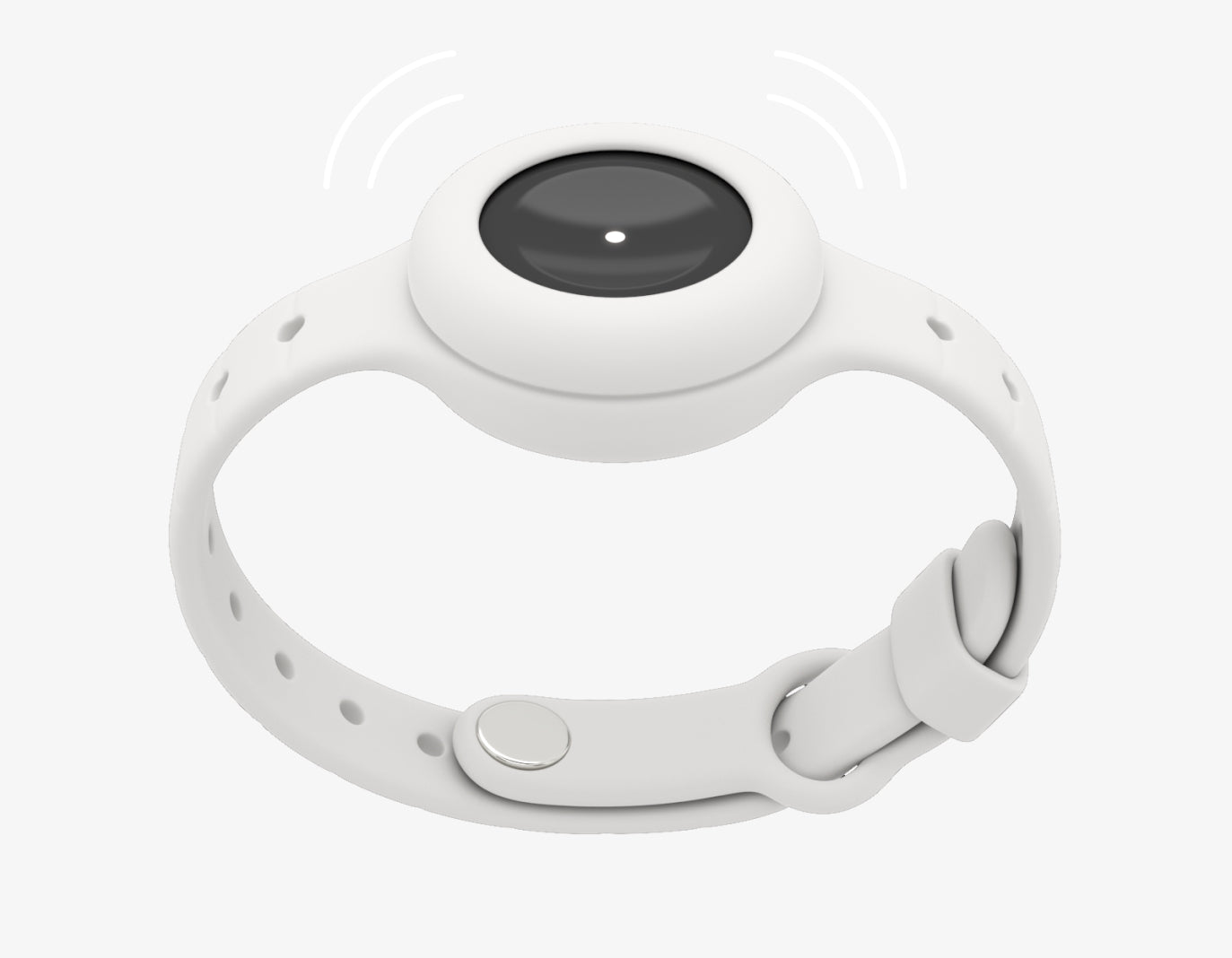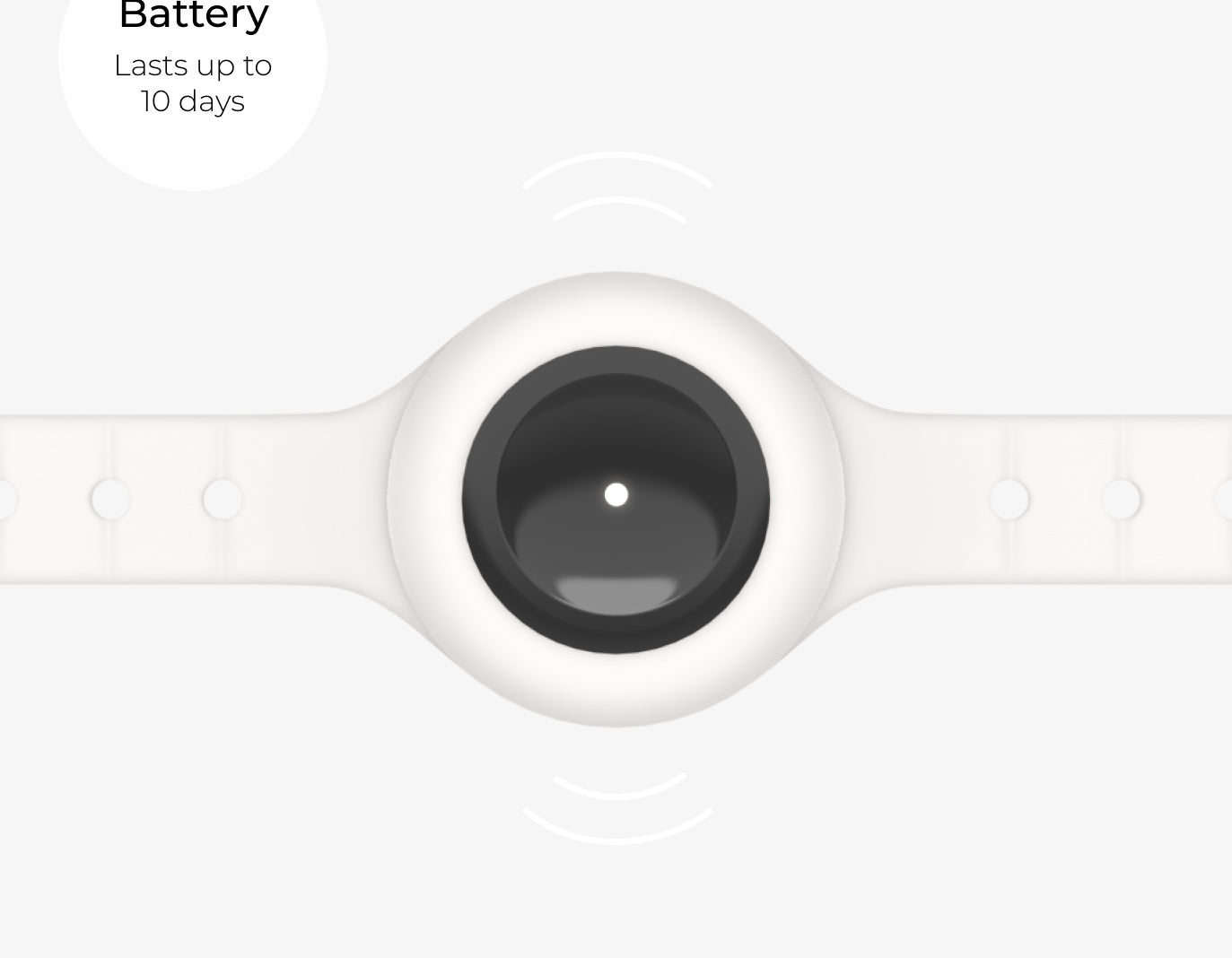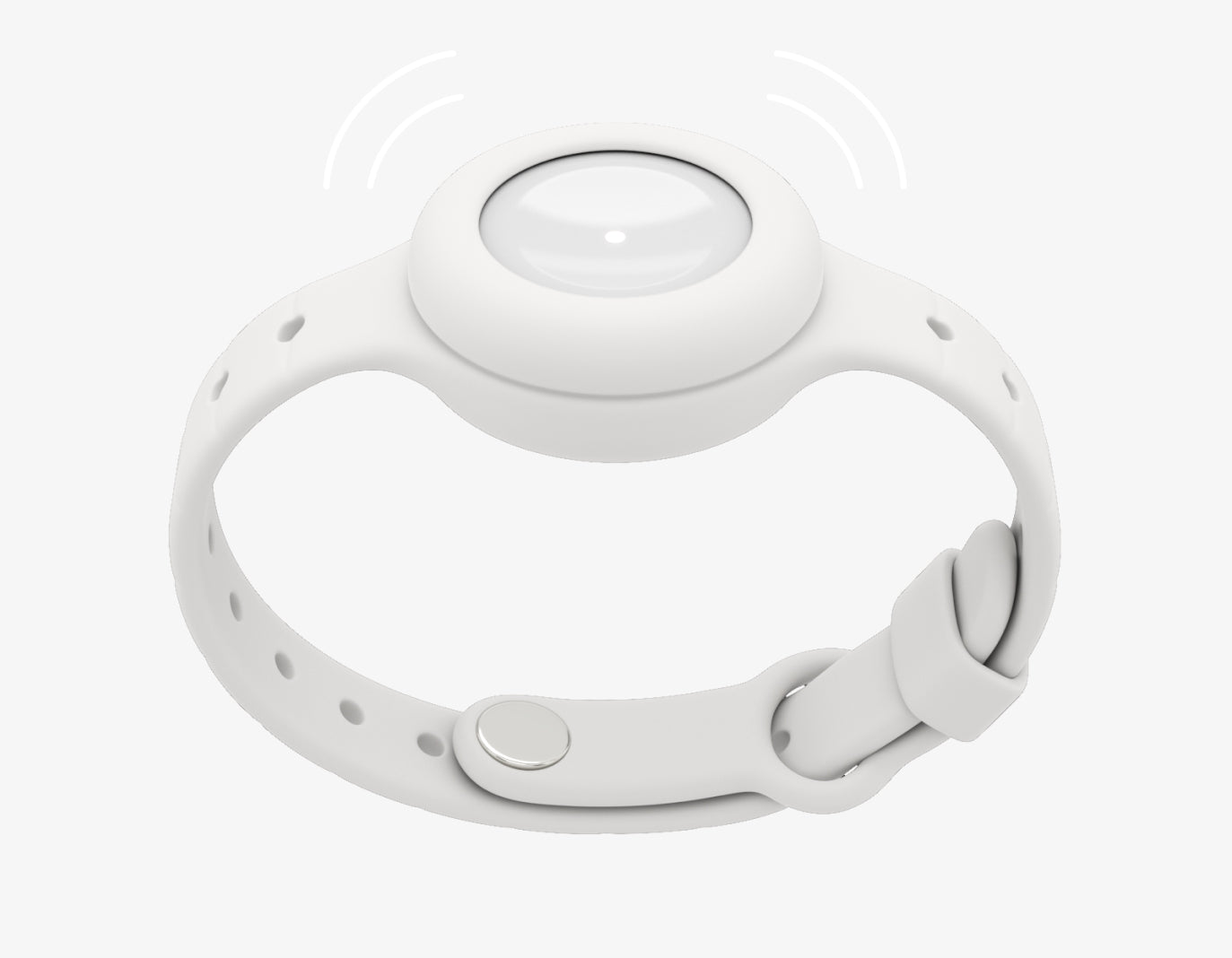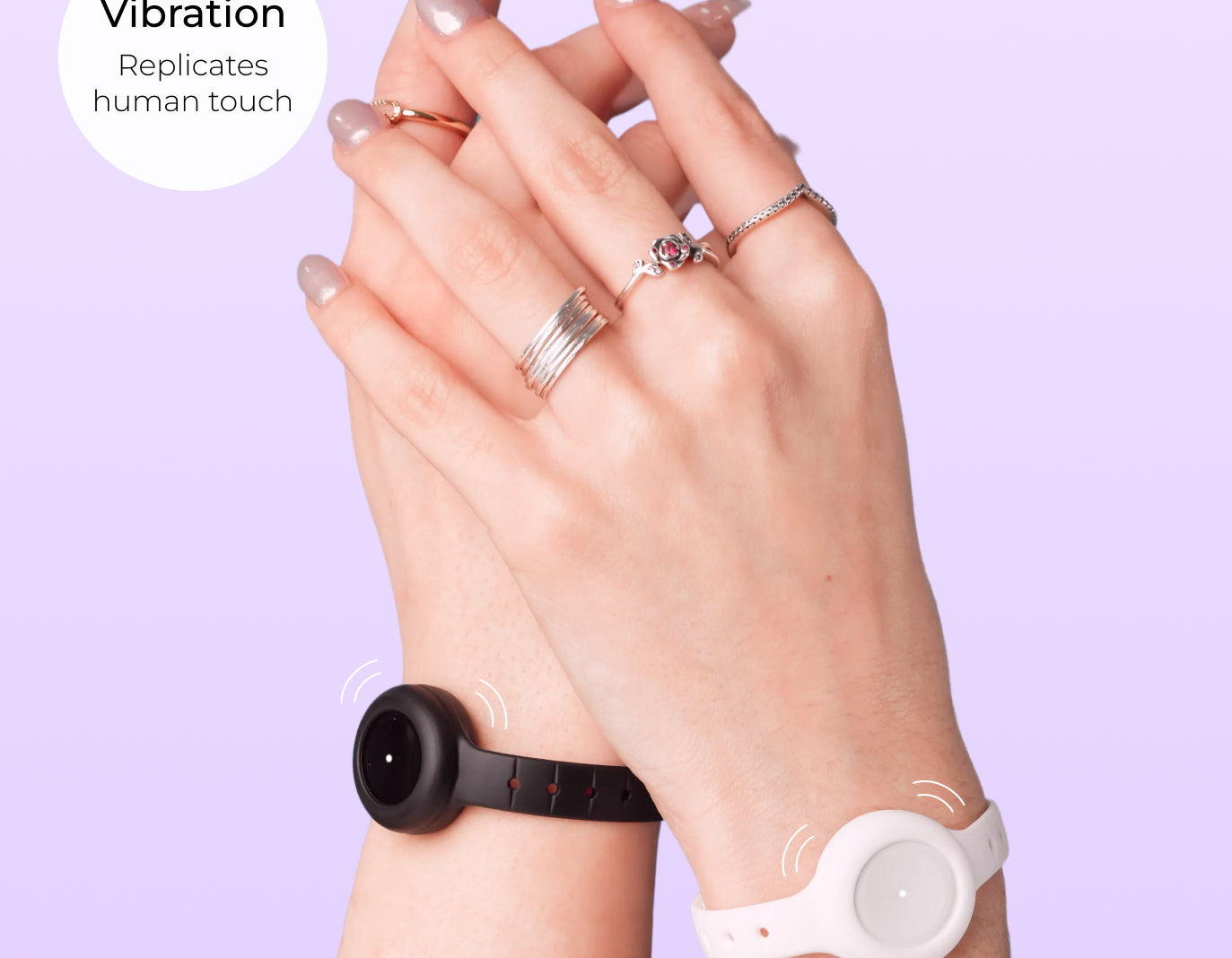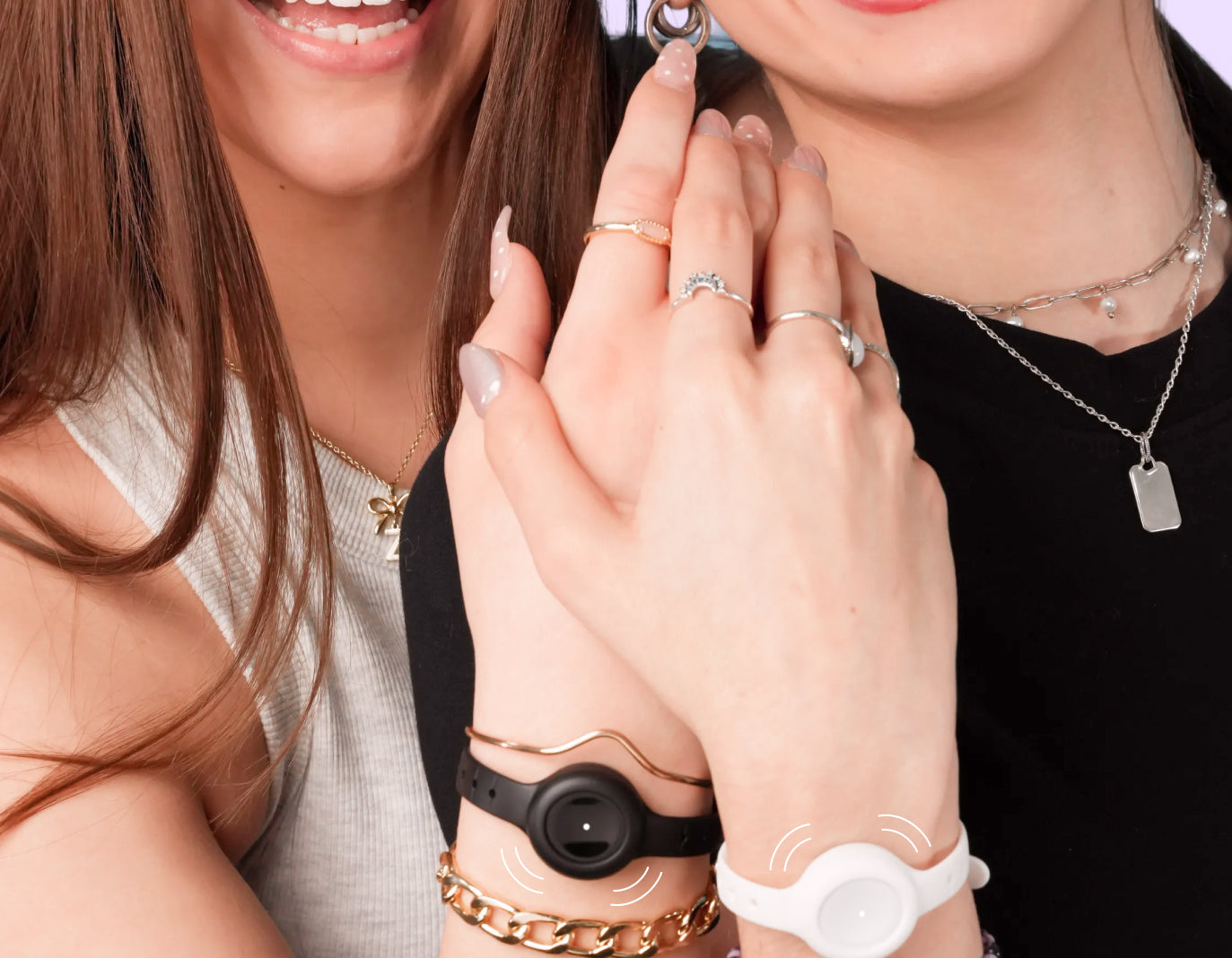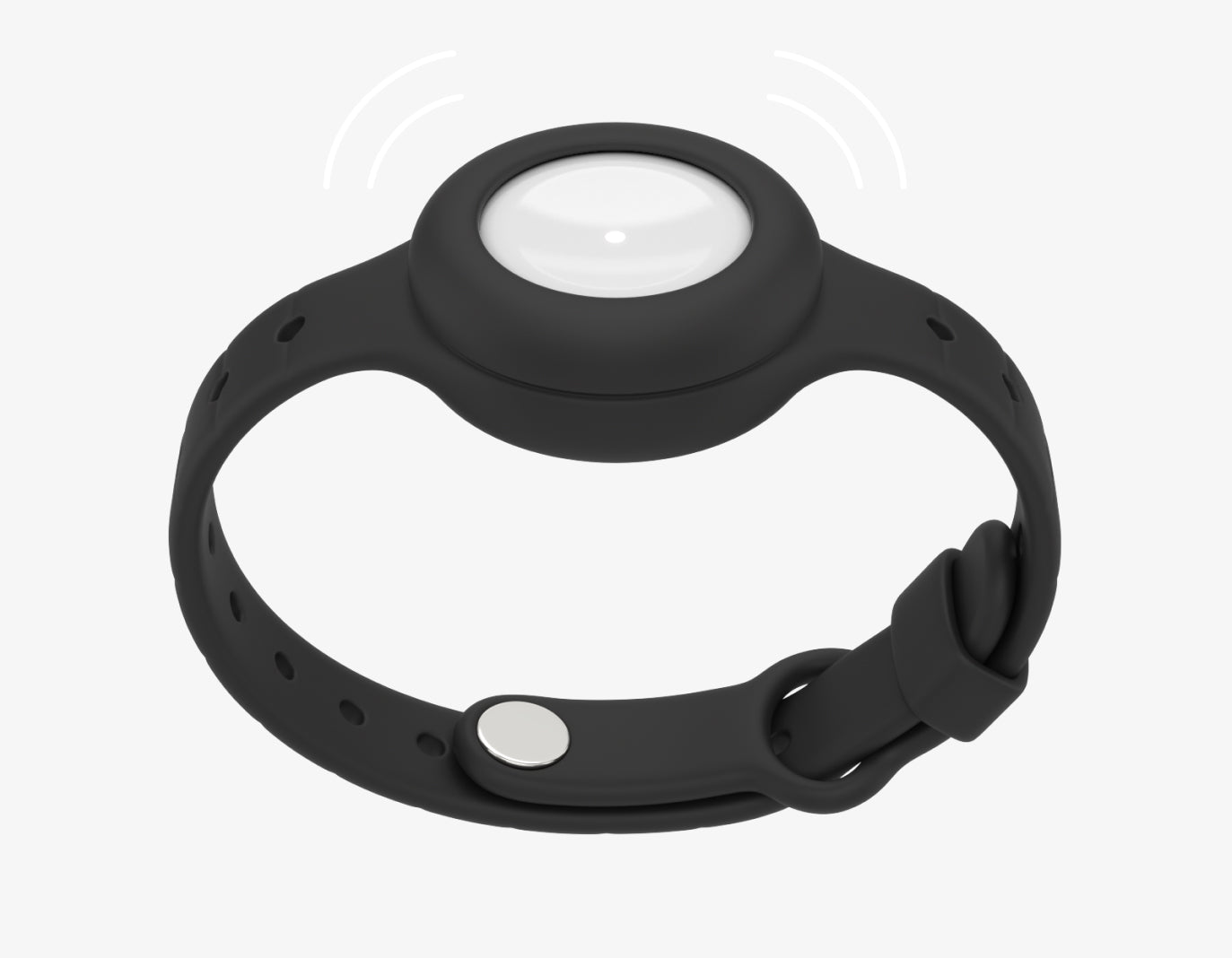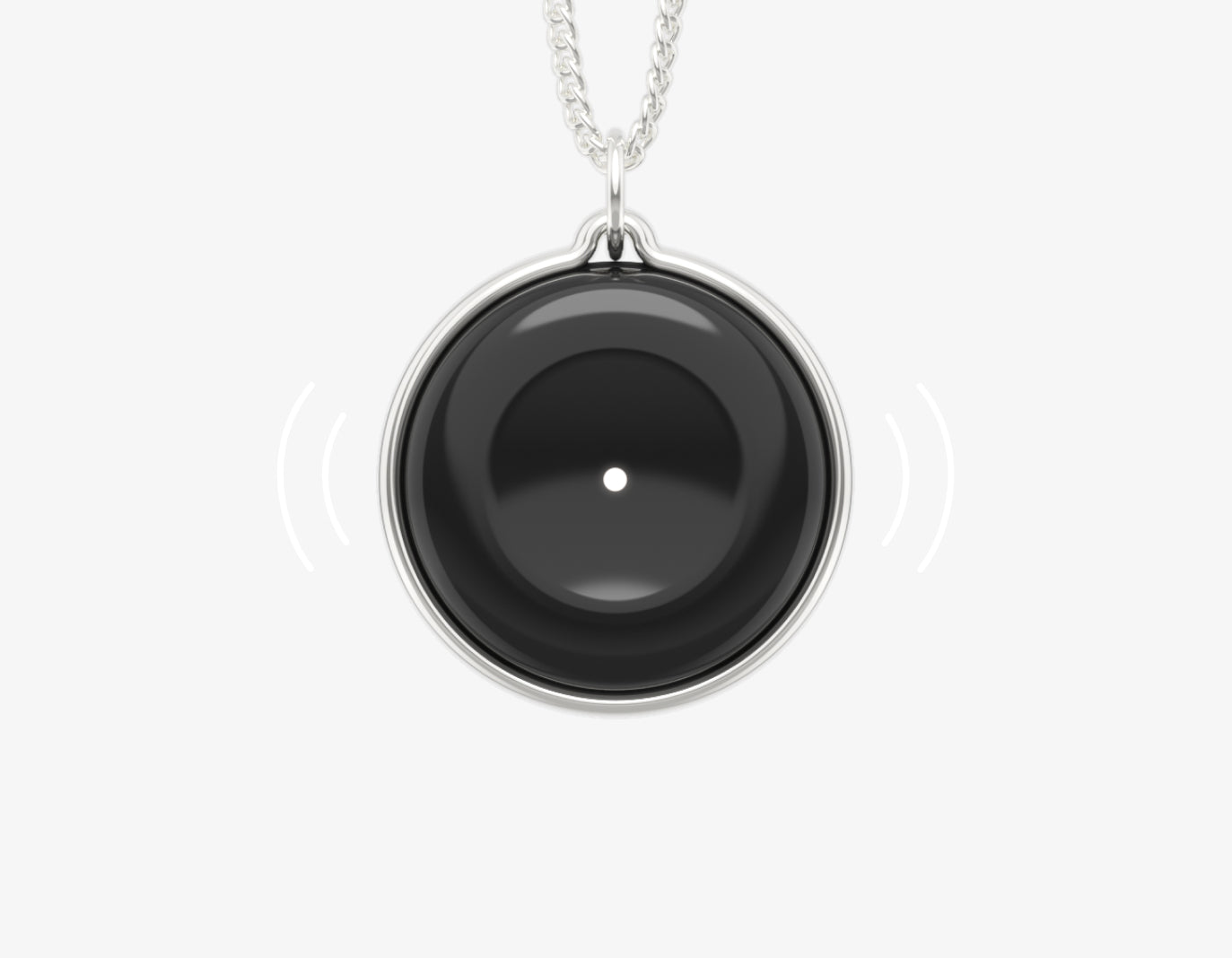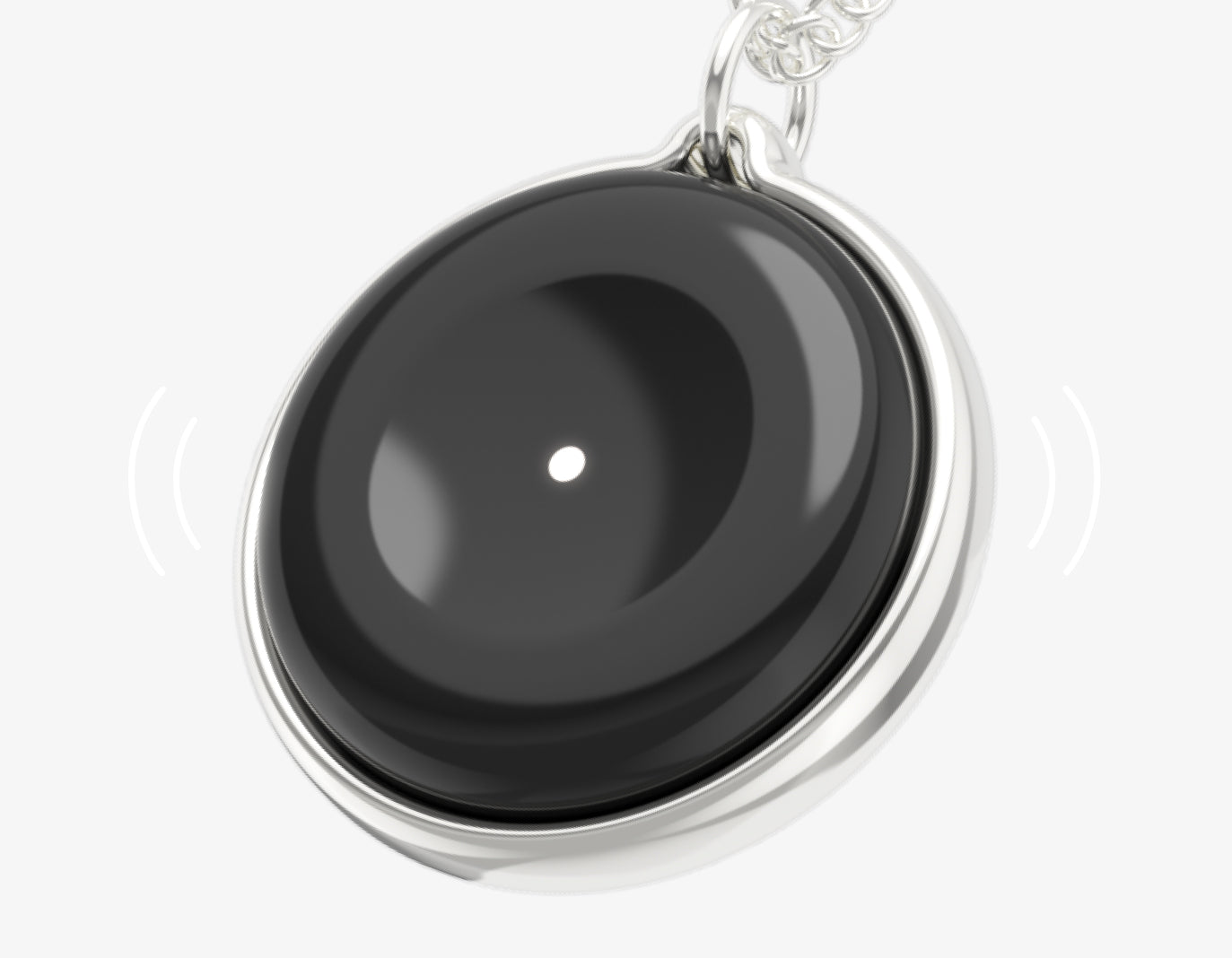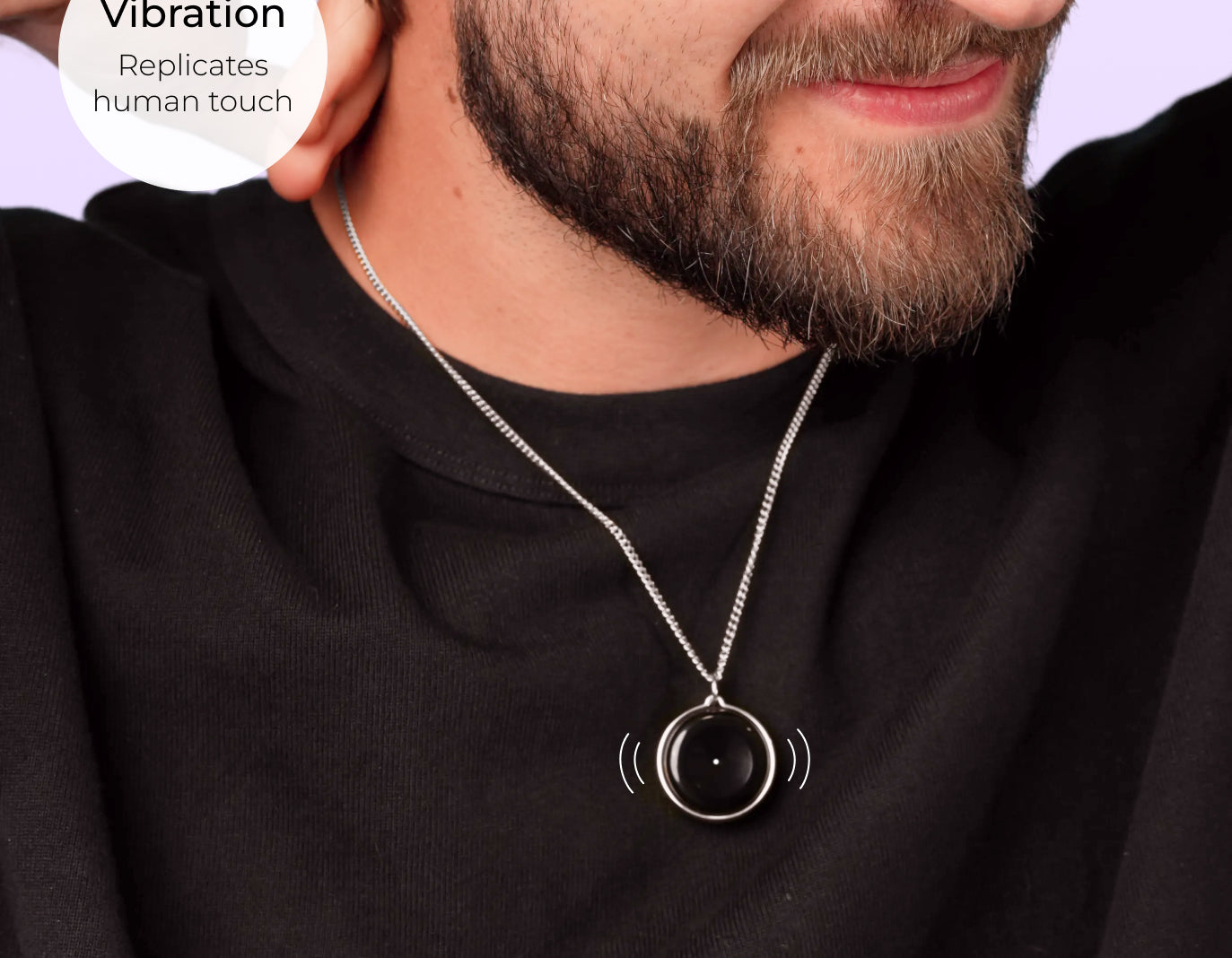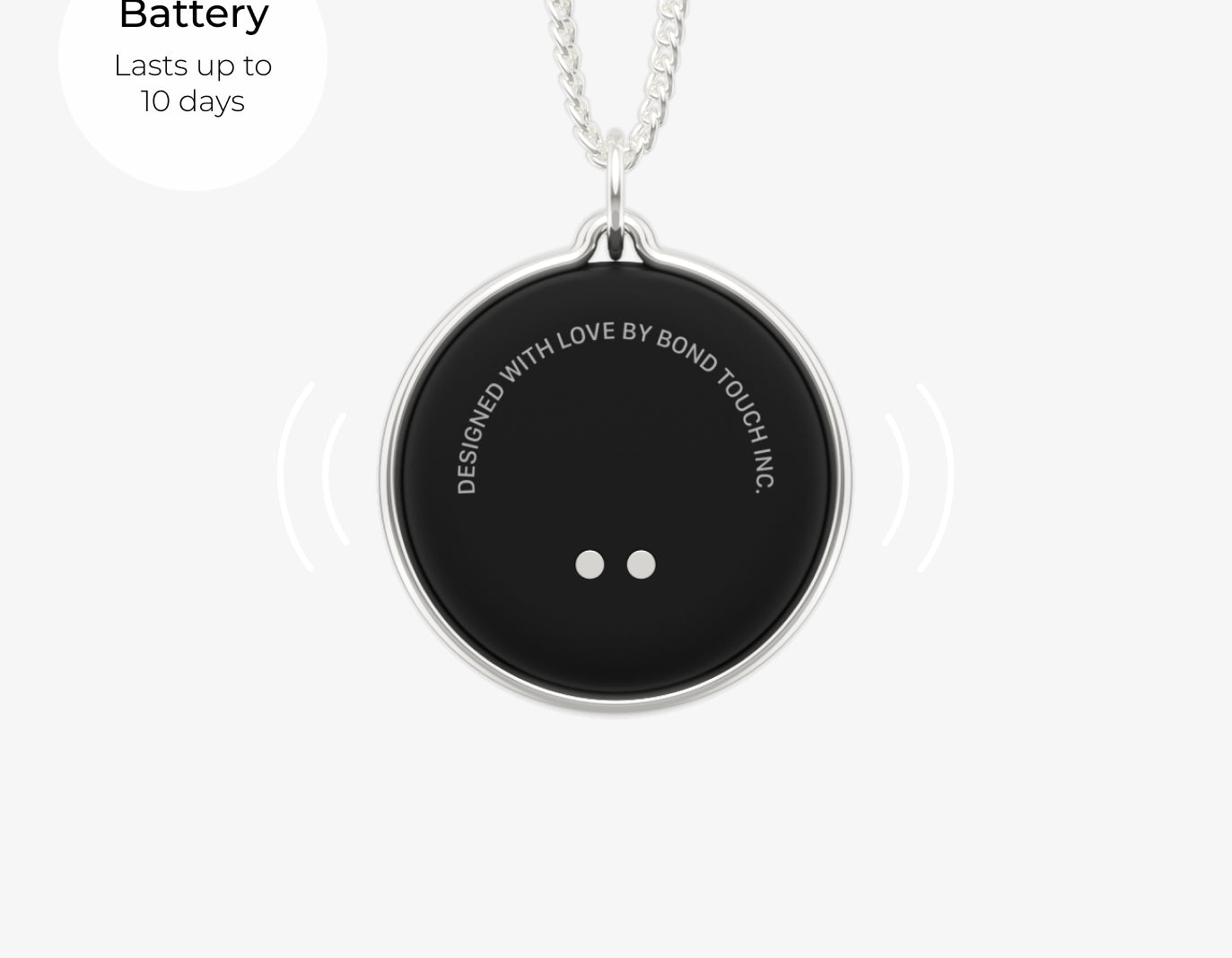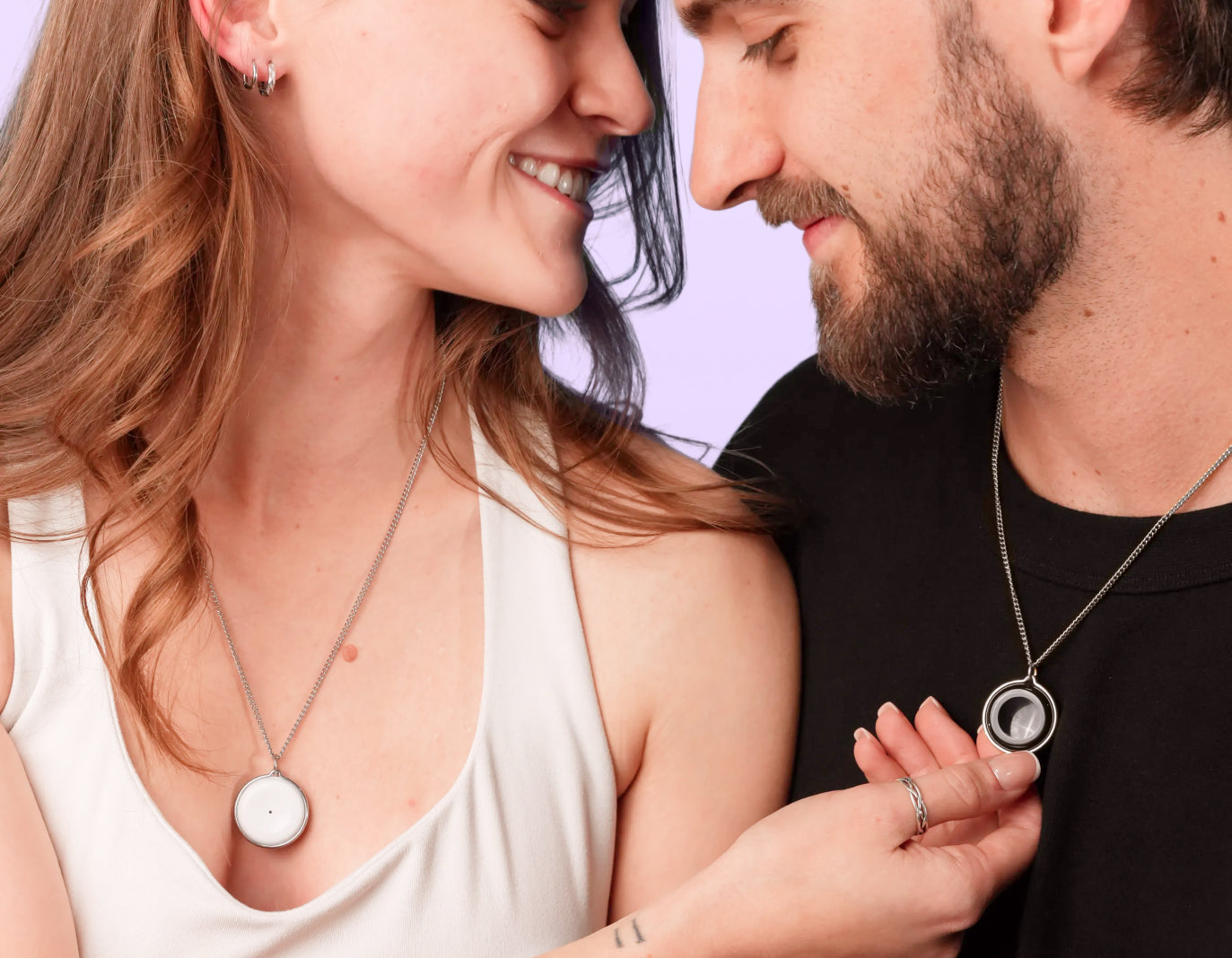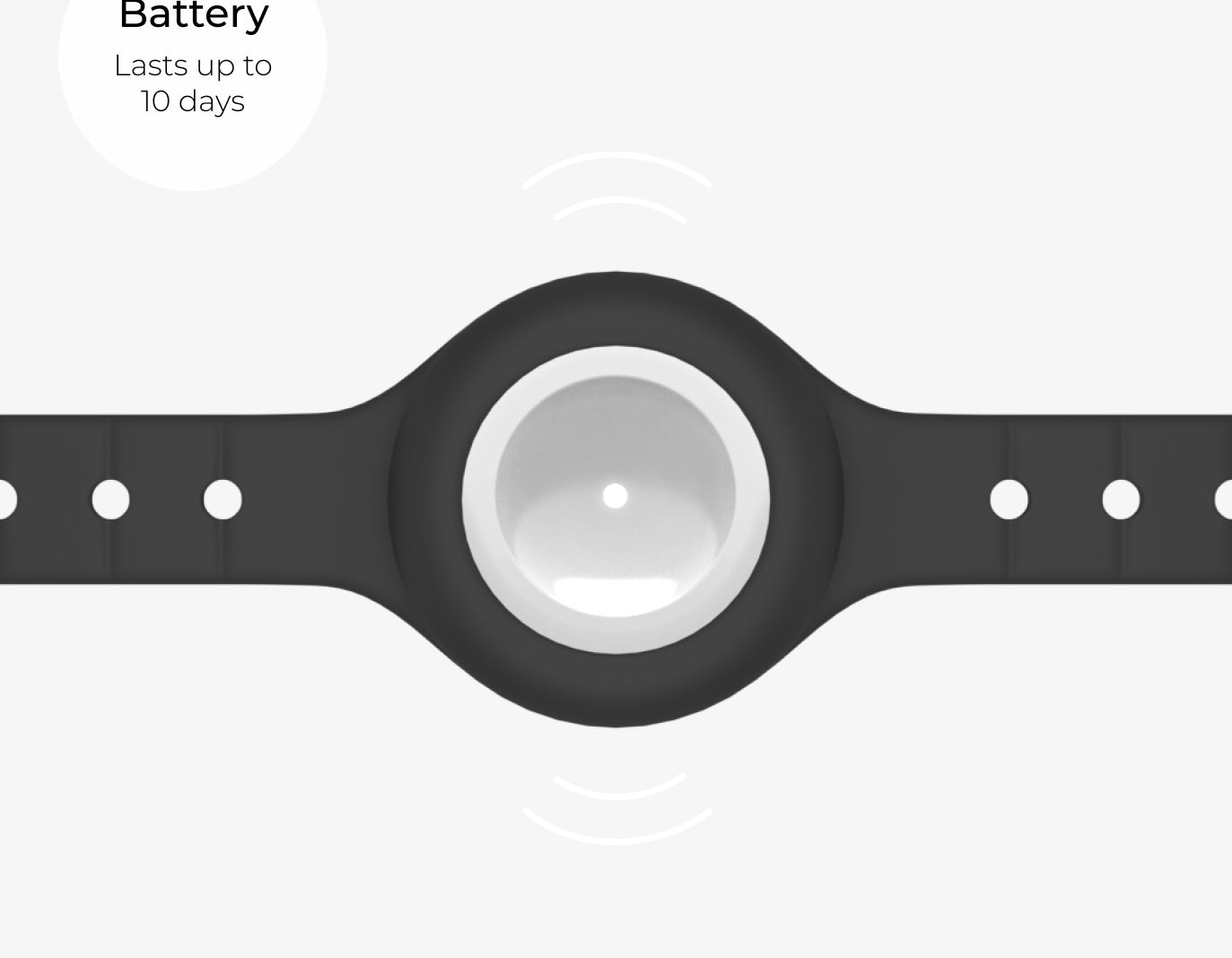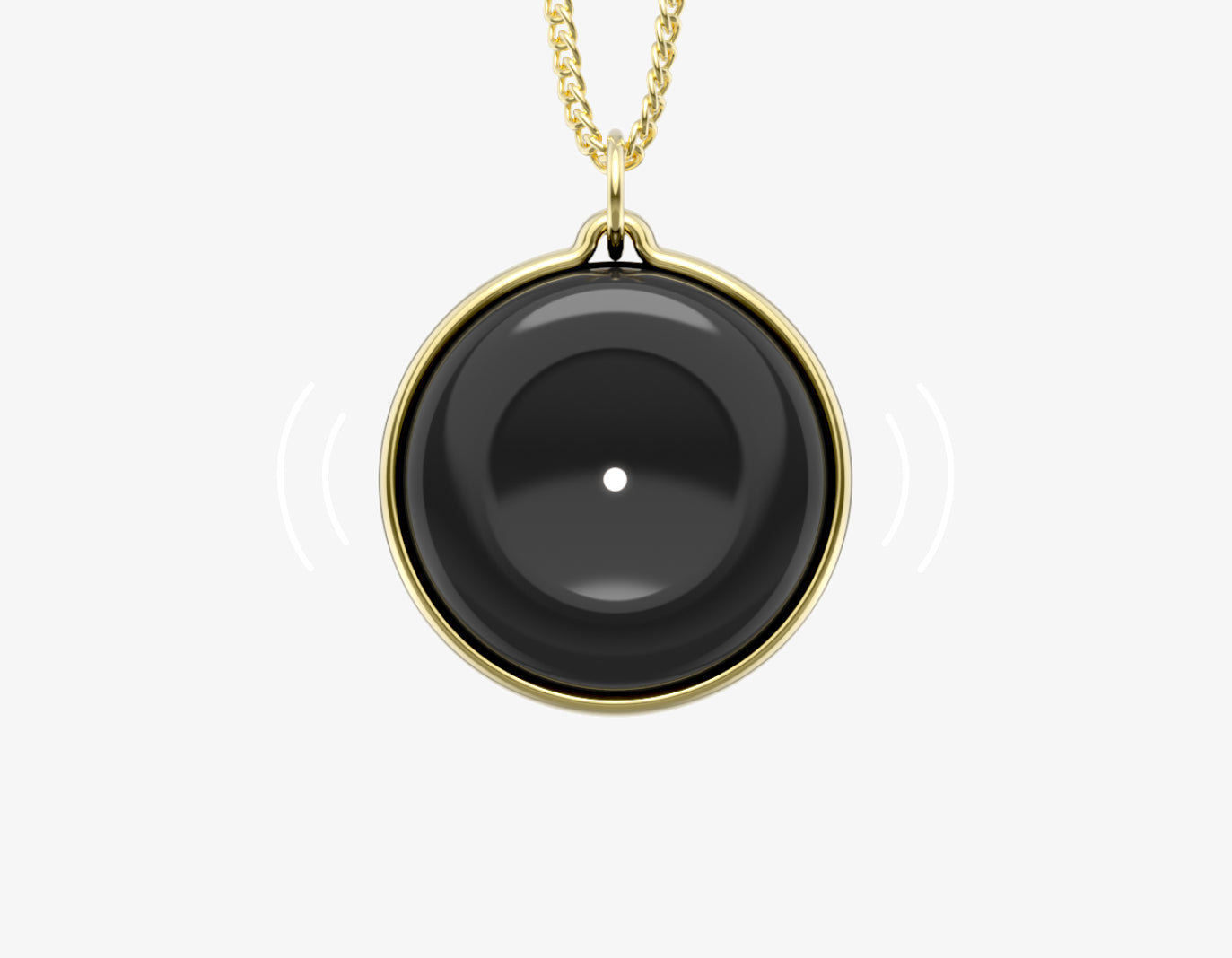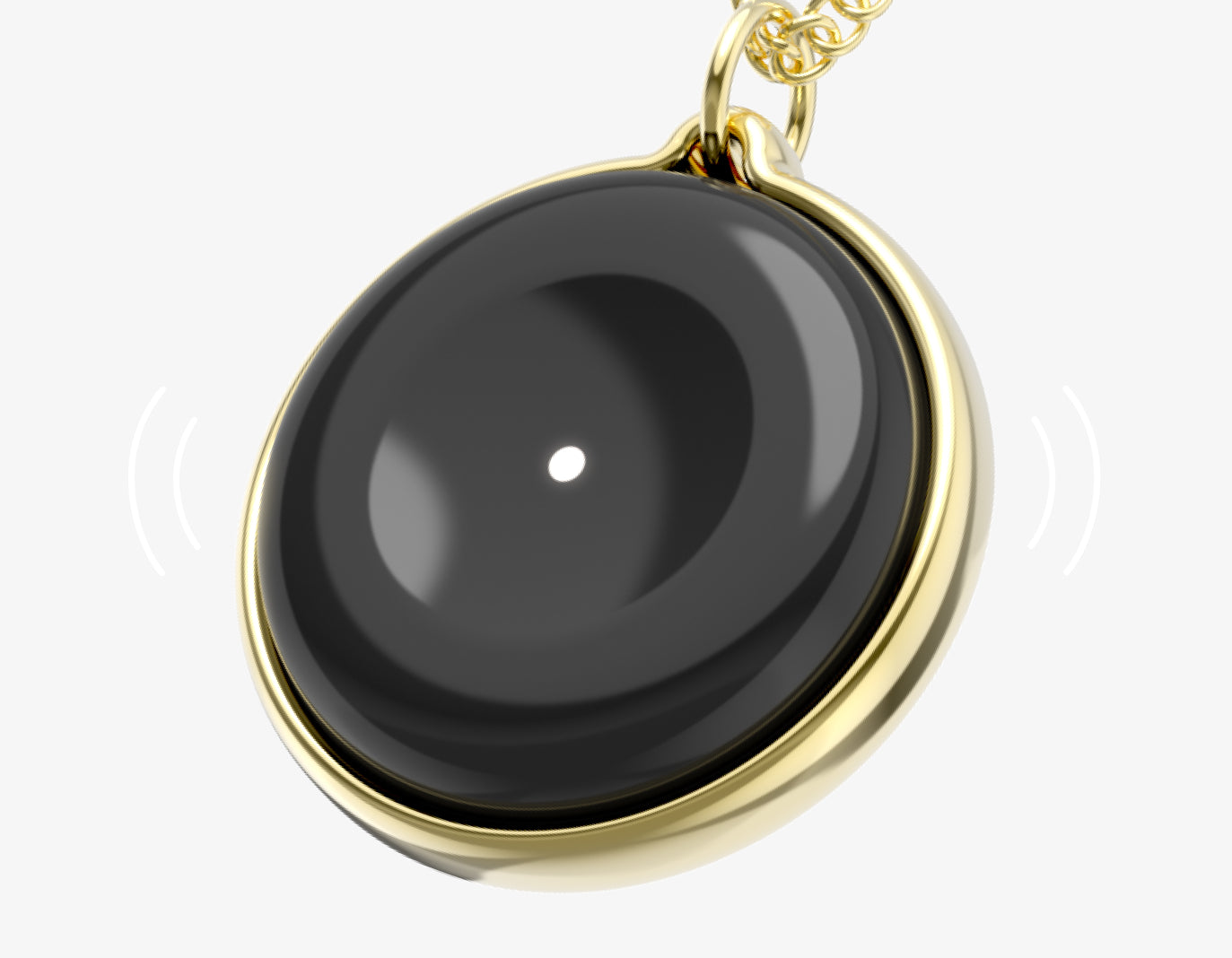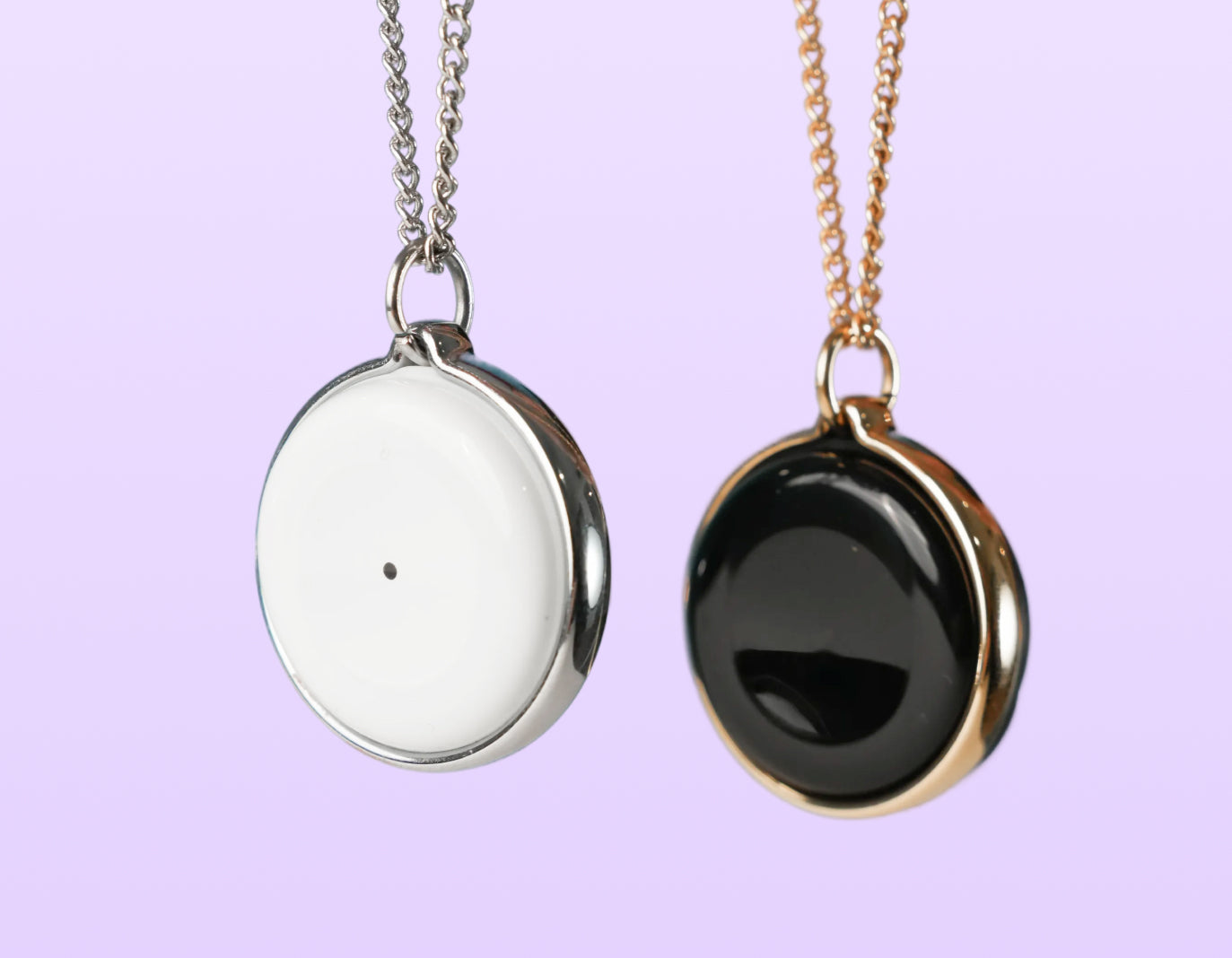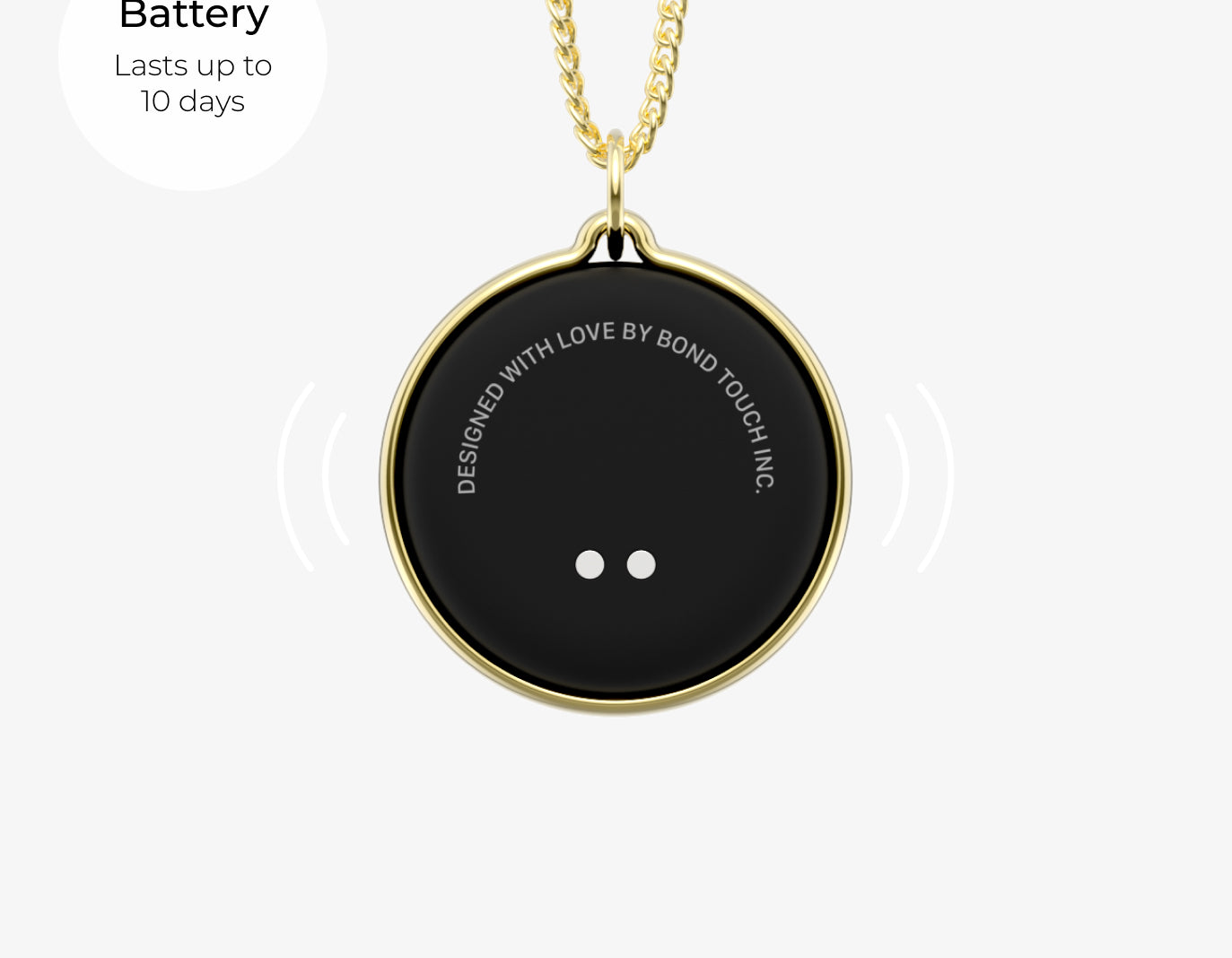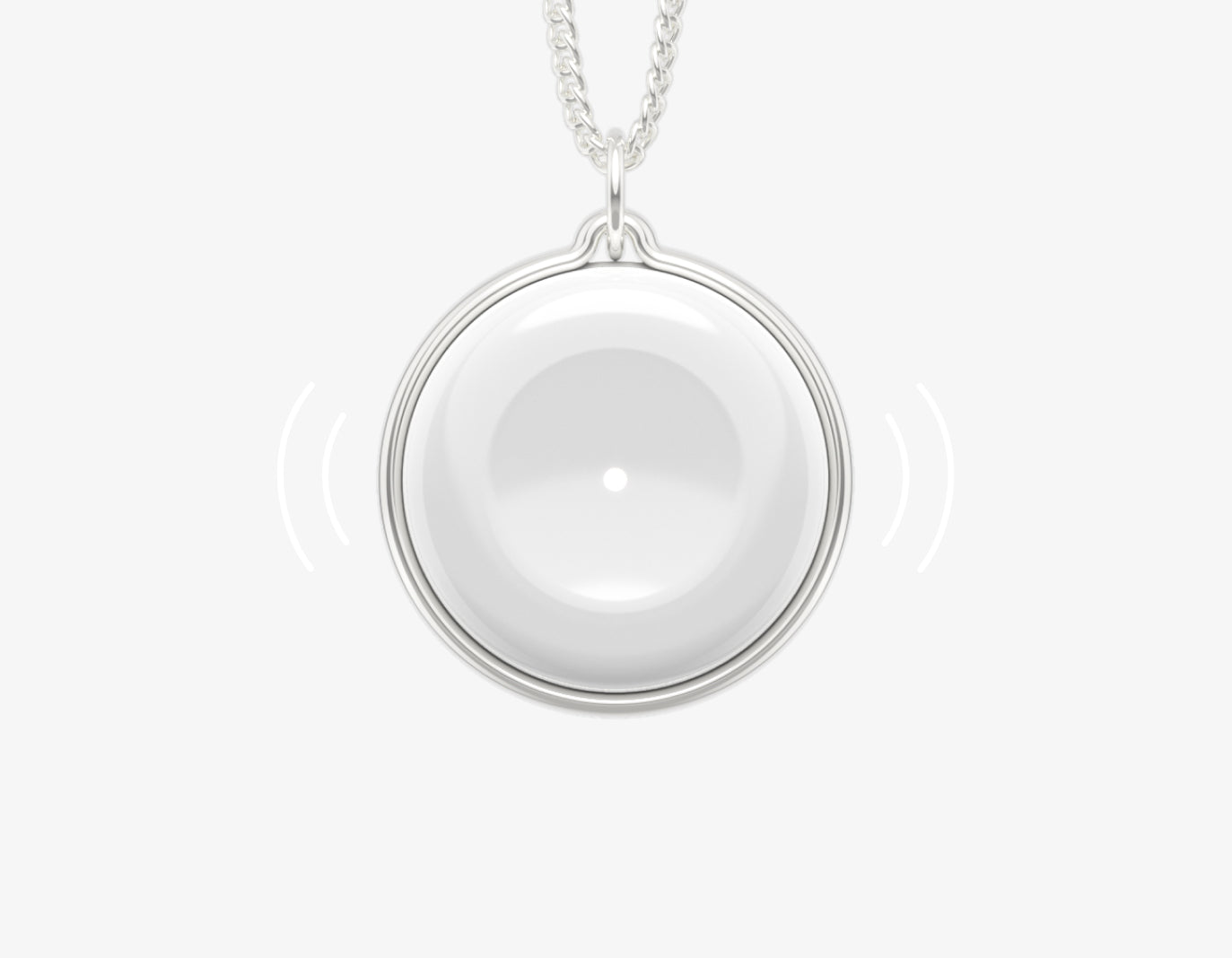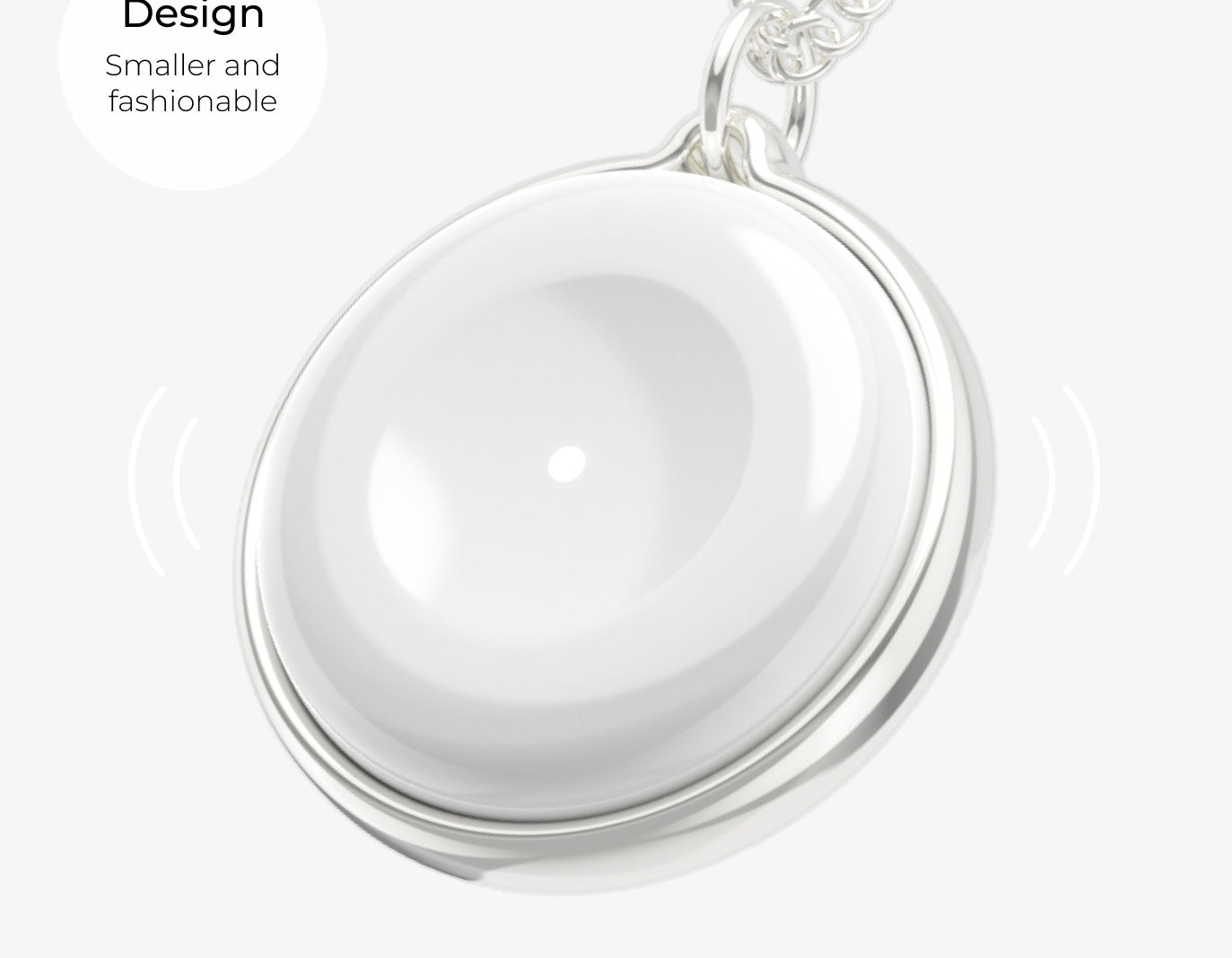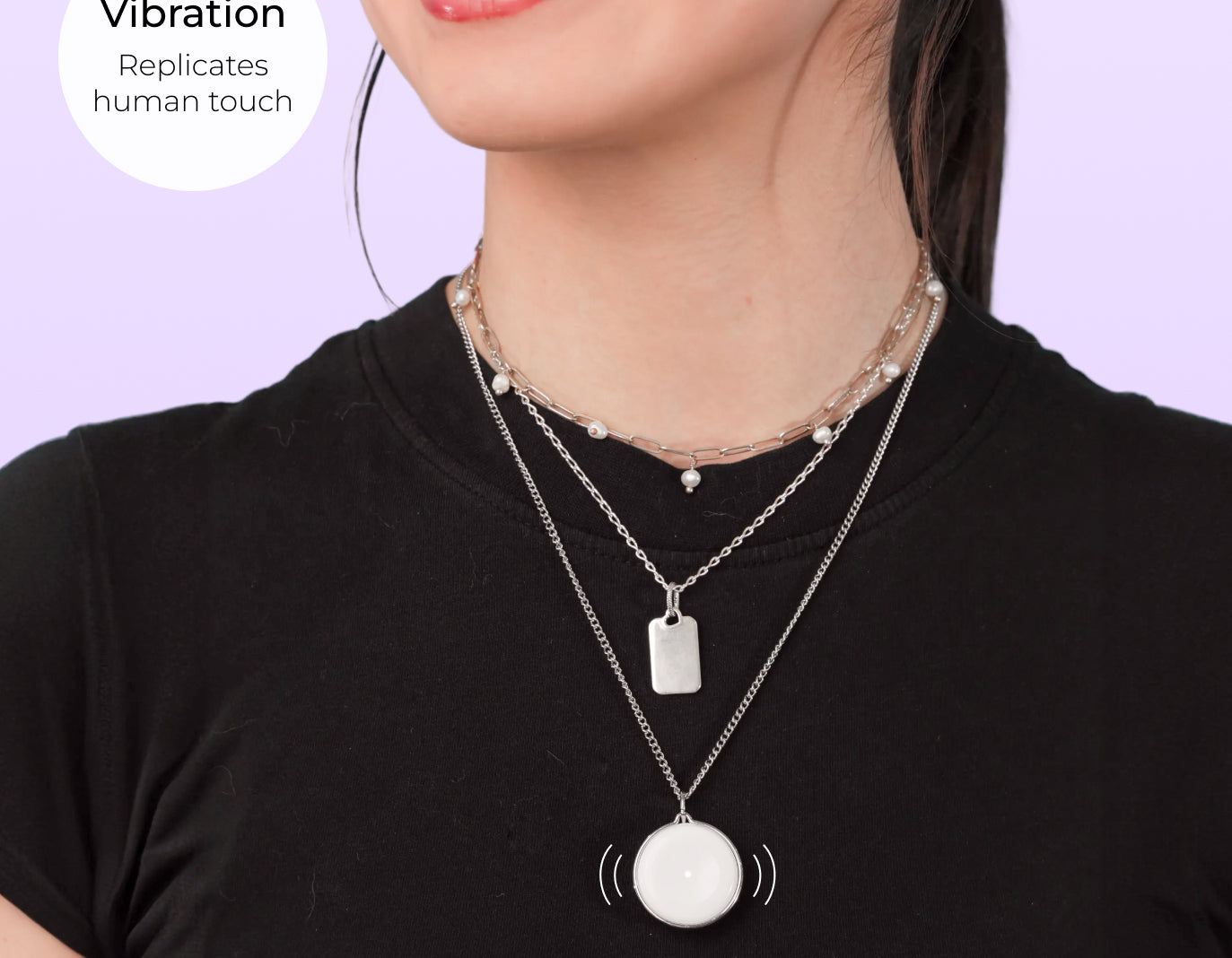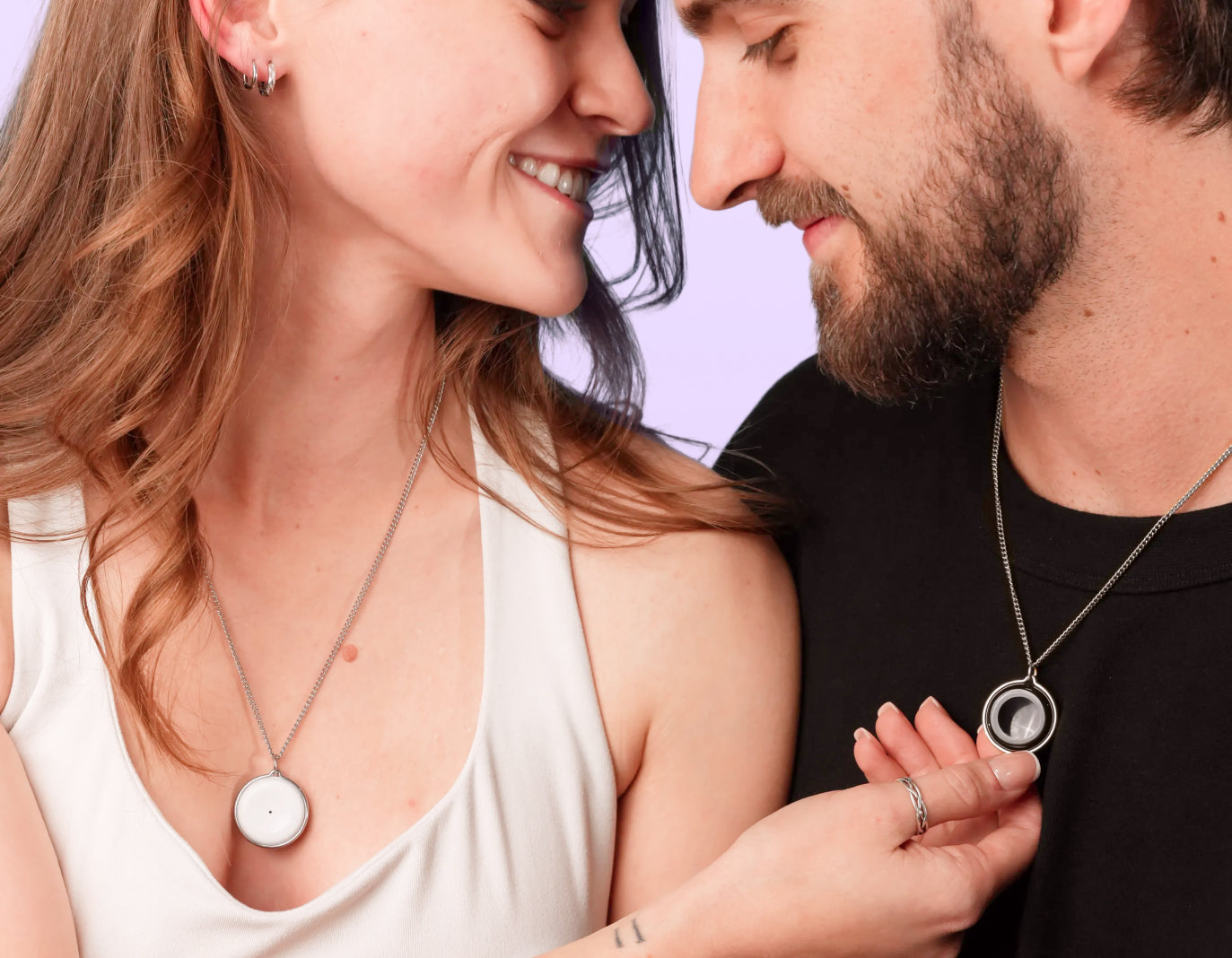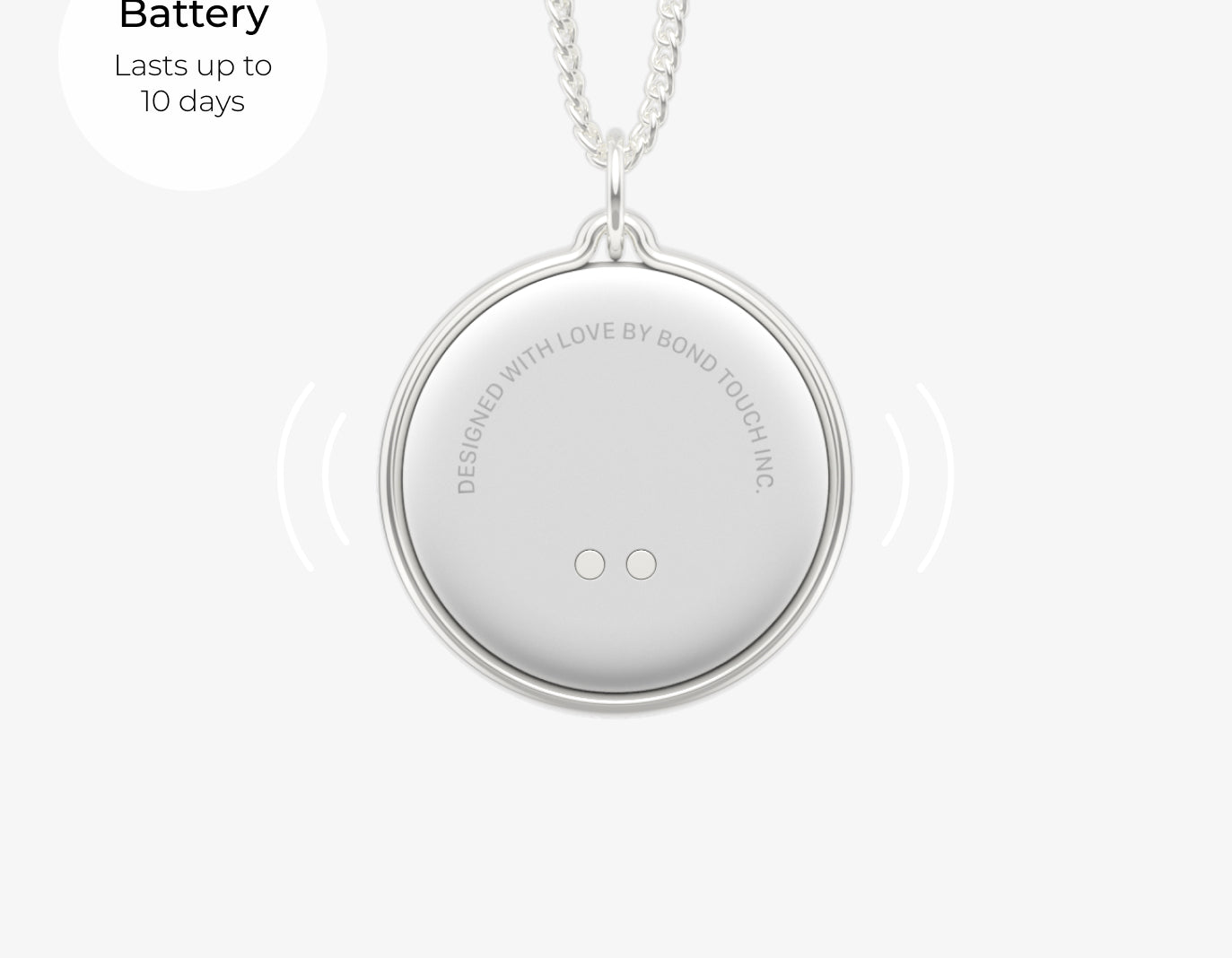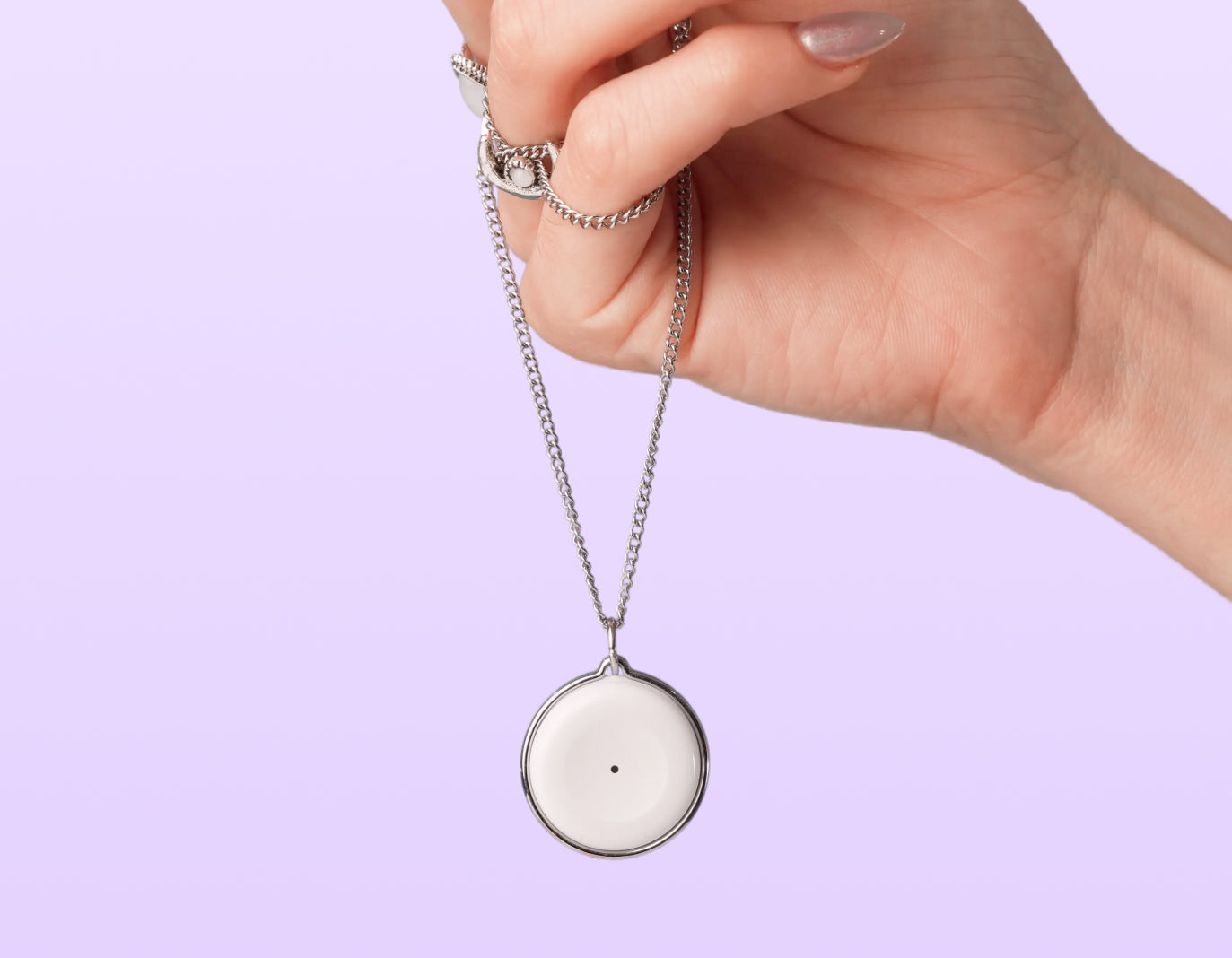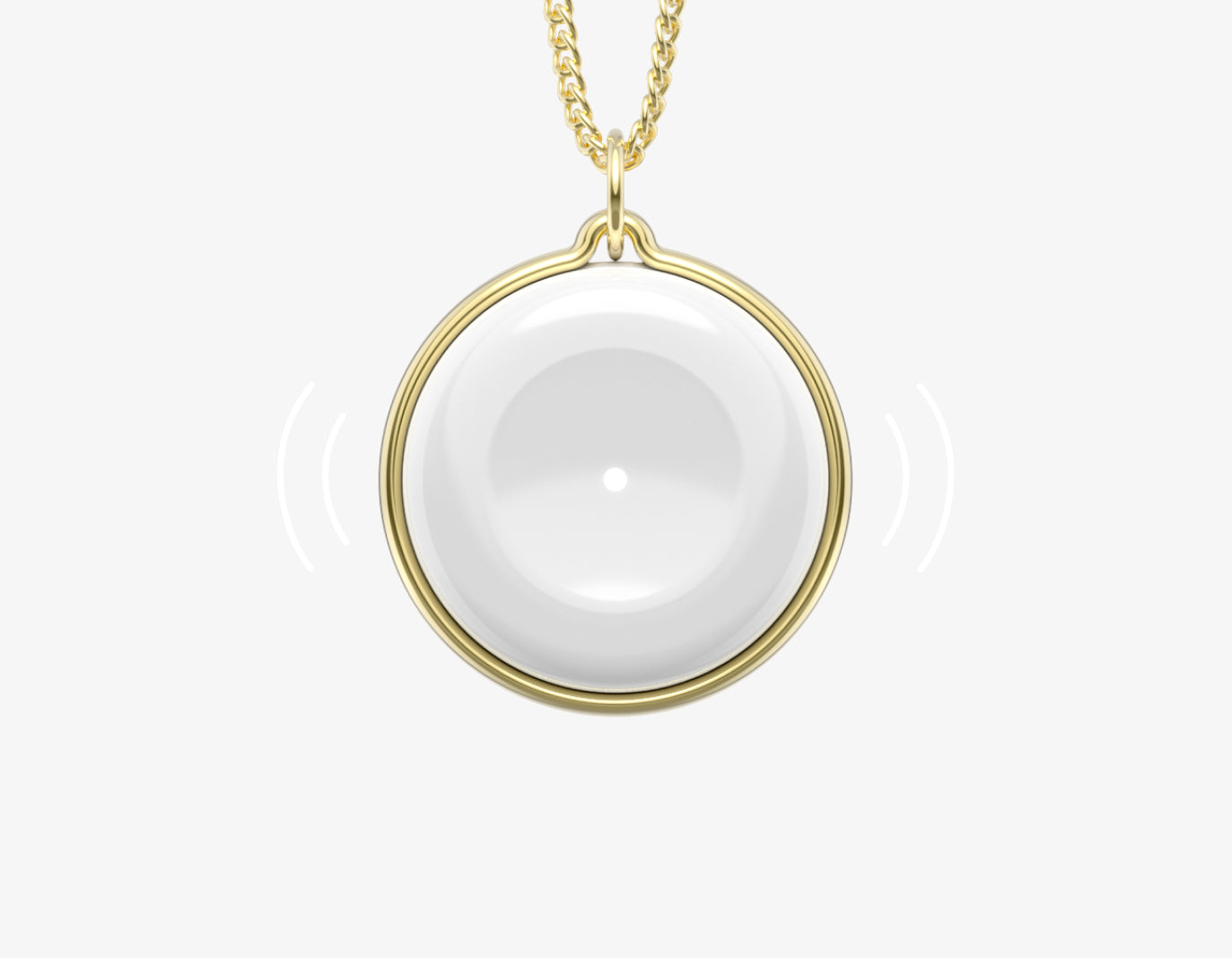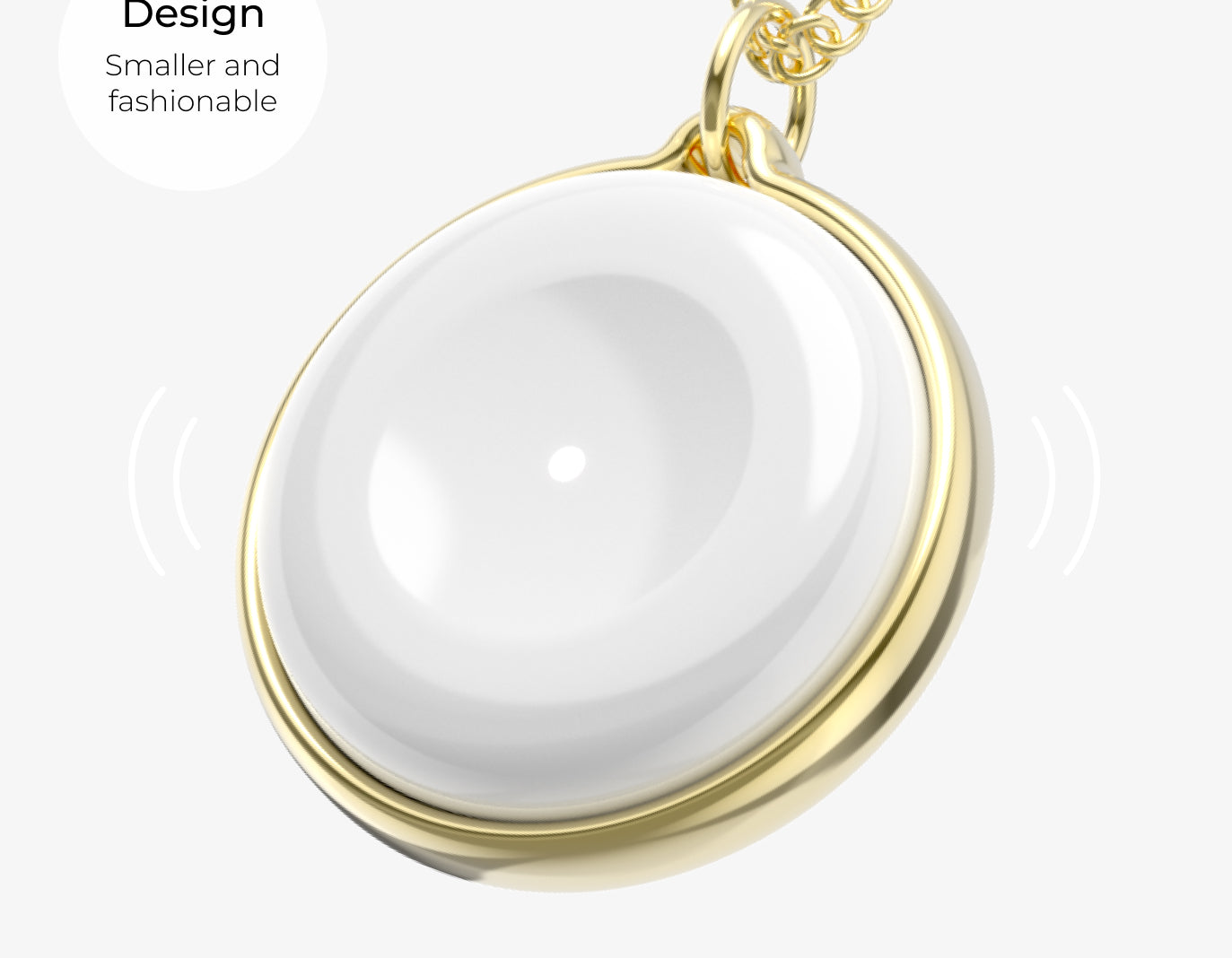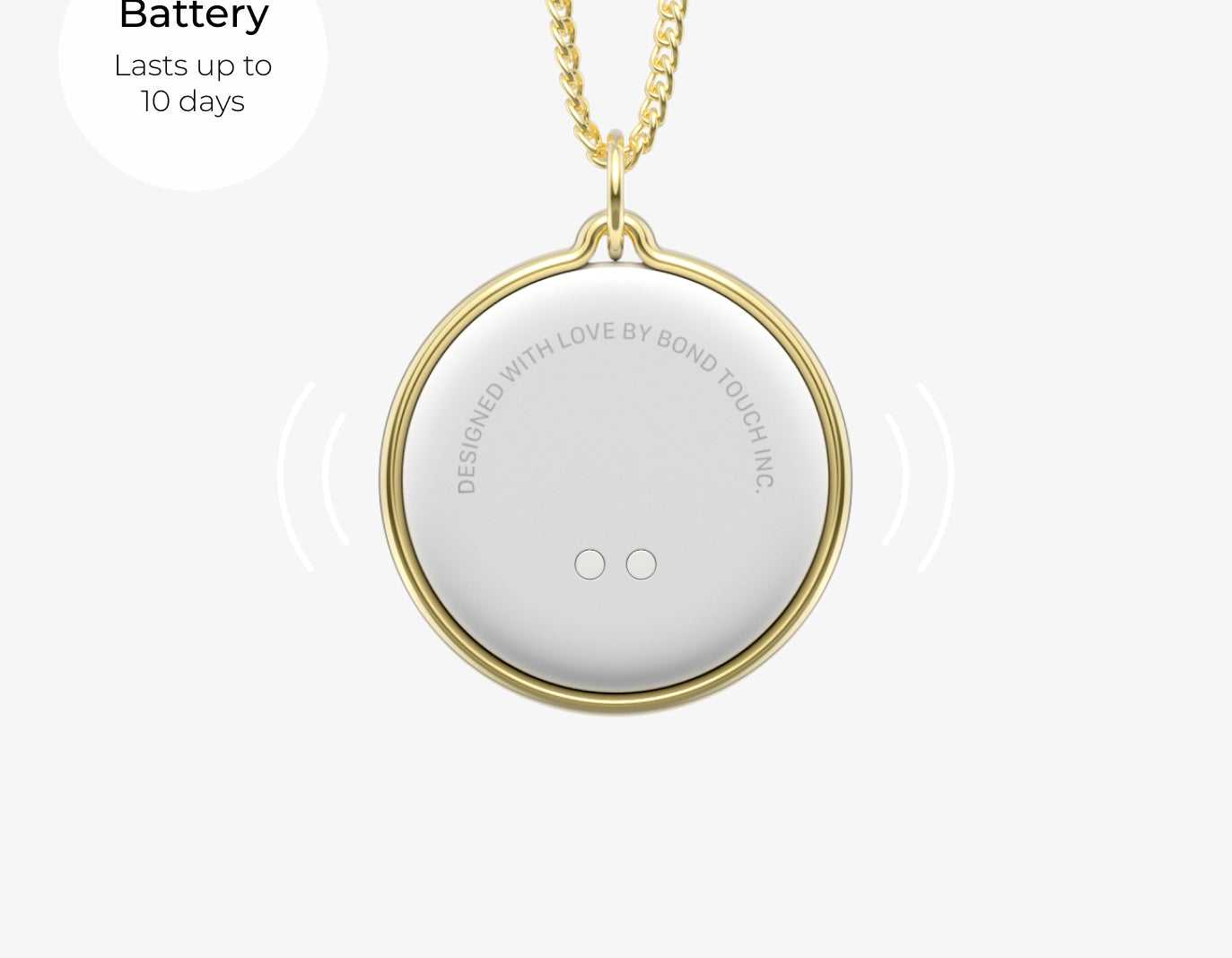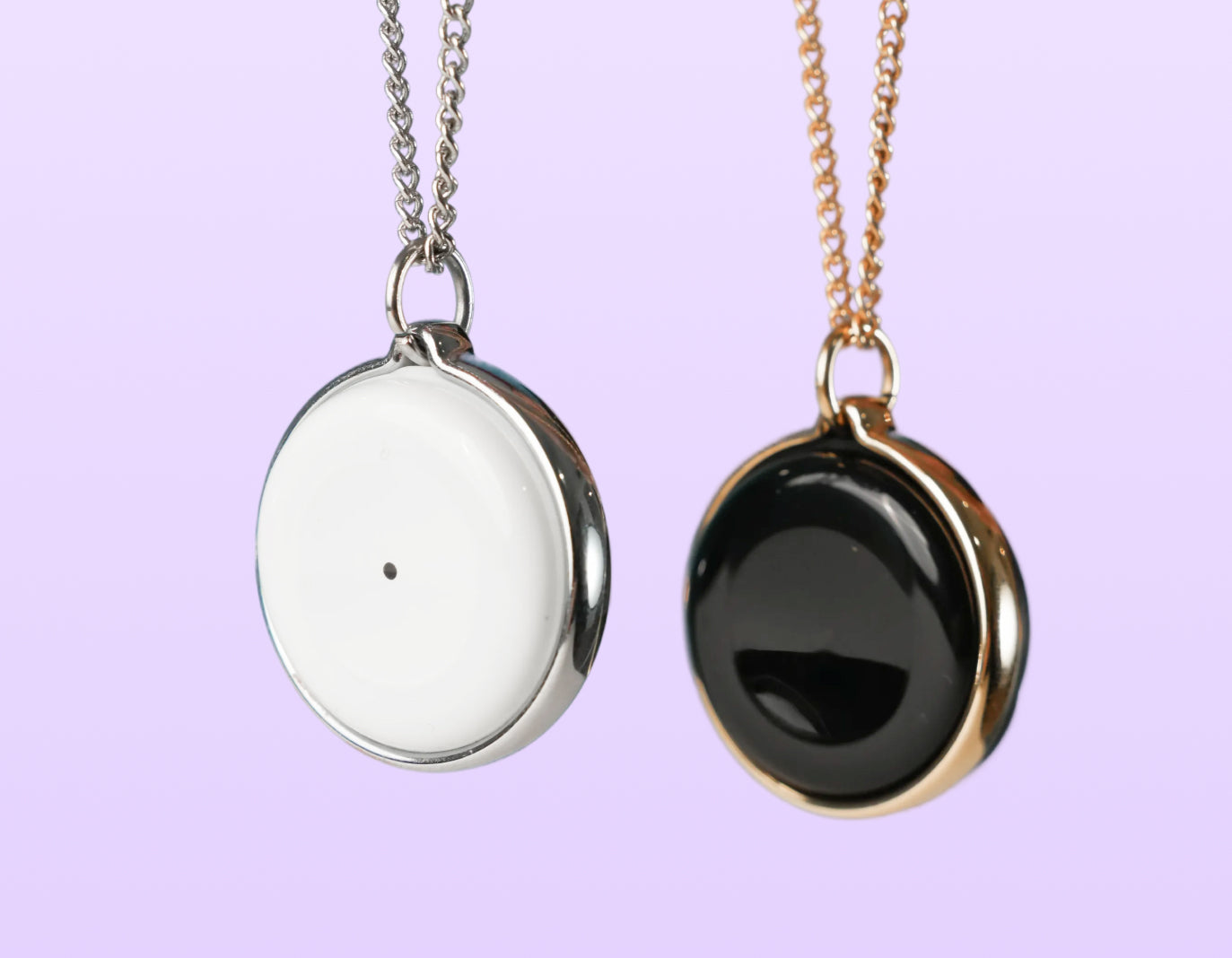Friendships aren't just about the fun, the parties and sending memes—sometimes they’re about showing up when it matters most. And in a world where mental health is finally getting the spotlight it deserves, knowing how to check in on your friends without overstepping can make all the difference.
Whether your friend is long-distance or just emotionally distant lately, showing that you care can help them feel seen, supported, and less alone (and trust me, this makes a HUGE difference). But how do you navigate that conversation with sensitivity? 🤔
Mental Health Check-Ins Matter
Mental health struggles aren’t always obvious. Your most outgoing, smiley friend might be having the hardest time. That’s why small check-ins—especially from trusted friends—can be powerful. They remind people they’re not a burden, that their feelings are valid, and that help is always a conversation away.
Checking in isn’t about fixing someone or even giving the best advice (because let's be honest, sometimes we don't even have an advice!) —it’s about showing up.
1. Start with Curiosity, Not Concern
When someone’s going through a rough time, leading with “Are you okay?” might feel intense. Instead, try:
-
“I’ve been thinking about you—how’s everything going lately?”
-
“I noticed you’ve been quieter than usual. Just wanted to check in.”
These open-ended prompts show care without pressure.
2. Respect Their Space
If your friend doesn’t want to talk, that’s okay too. Not everyone processes emotions the same way. What matters is that you let them know the door is open:
-
“No pressure to share, but I’m here whenever you feel like talking.”
-
“Take your time—I just wanted you to know I’m thinking of you.”
Sometimes, the quiet presence of a friend says more than words ever could.
3. Send Comfort, Not Solutions
Avoid jumping into “fix-it” mode unless they ask for advice. Instead, offer comfort:
-
“That sounds really hard. I’m sorry you’re going through it.”
-
“I’m here to listen, not judge.”
A warm message, a voice note, or even a Bond Touch tap can remind someone they’re loved—without needing to “solve” anything.
4. Check In, Even When Things Seem Fine
Don’t wait for a crisis to show up. Mental health check-ins should be part of regular friendship maintenance. It’s a way of saying: “You matter to me, always.”
Try:
-
“What’s something that’s been on your mind lately?”
-
“Is there any way I can support you this week?”
Small, consistent moments of connection help build trust and emotional safety.
5. Know Your Limits (and Theirs)
Being a good friend doesn’t mean being a therapist. If someone is going through something big—like depression, anxiety, or grief—it’s okay to suggest professional help. Share resources gently:
-
“Have you talked to anyone about this? I can help you find someone if you want.”
Let them know you care deeply and understand your role.
What Real Support Looks Like
Supporting a friend through mental health struggles isn’t always dramatic. Sometimes it’s:
💬 A random check-in text
🧋 Dropping off a coffee
💝 Gifting something to brighten their day
🎧 Listening without interrupting
📲 A simple “thinking of you” message
These little gestures help build a culture of care—where vulnerability is safe and nobody has to suffer in silence.
Final Thoughts: It’s Okay to Ask
If you’re not sure what to say or worry you’ll say the wrong thing, that’s normal. What matters is that you reach out. Most people aren’t looking for perfect words—they’re looking for real connection and support.
This Mental Health Awareness Month, take a moment to check in with the people you love. You never know how much they might need it.
Need Mental Health Support?
If you or someone you know needs support, here are a few resources you can reach out to:
-
National Alliance on Mental Illness (NAMI): Call 1-800-950-NAMI (6264) or text “HELPLINE” to 62640
-
Crisis Text Line: Text HOME to 741741 (free, 24/7)
-
988 Suicide & Crisis Lifeline: Dial 988 (available 24/7)
You’re never alone, and help is always just one message or call away. 💛










